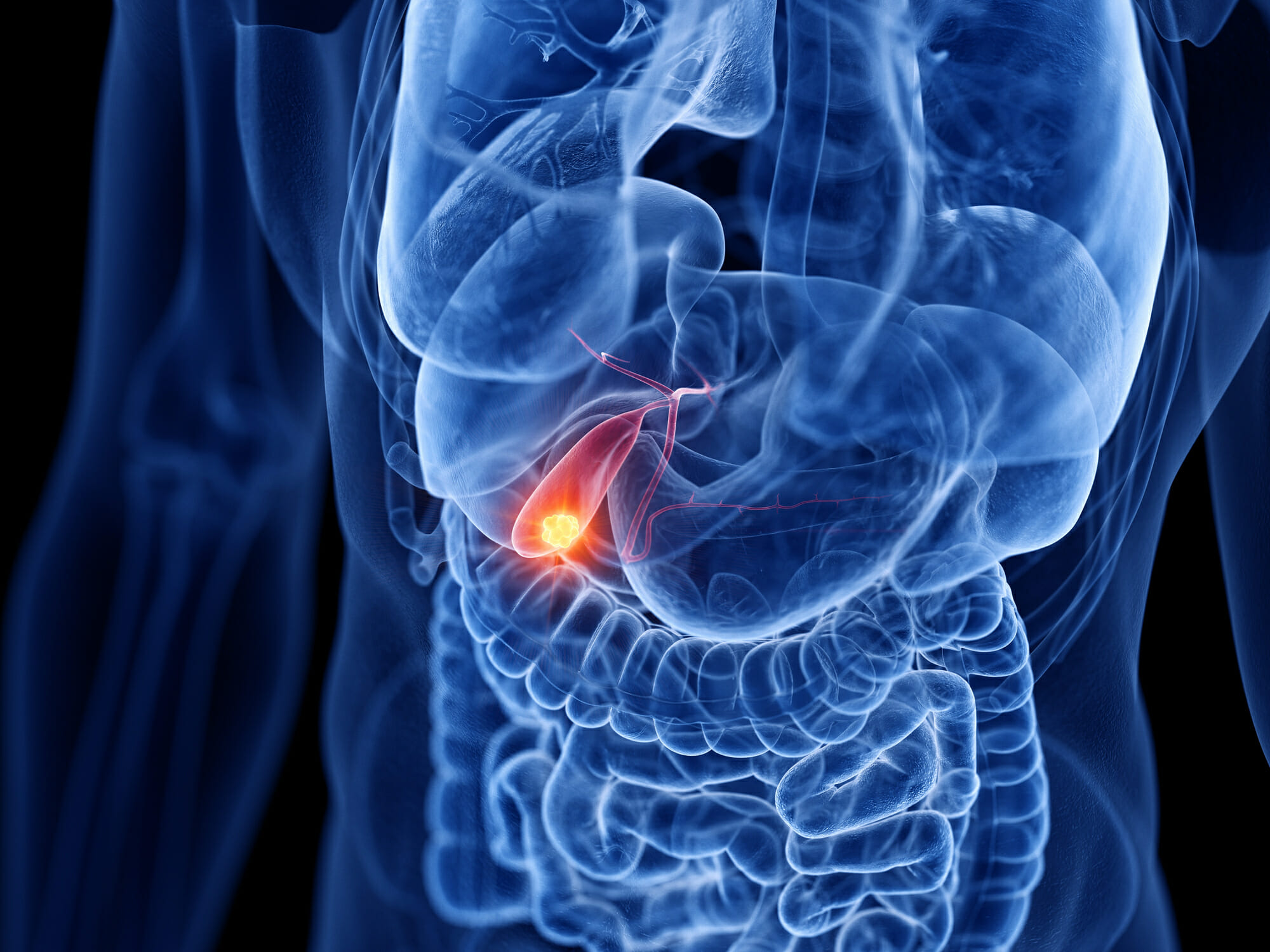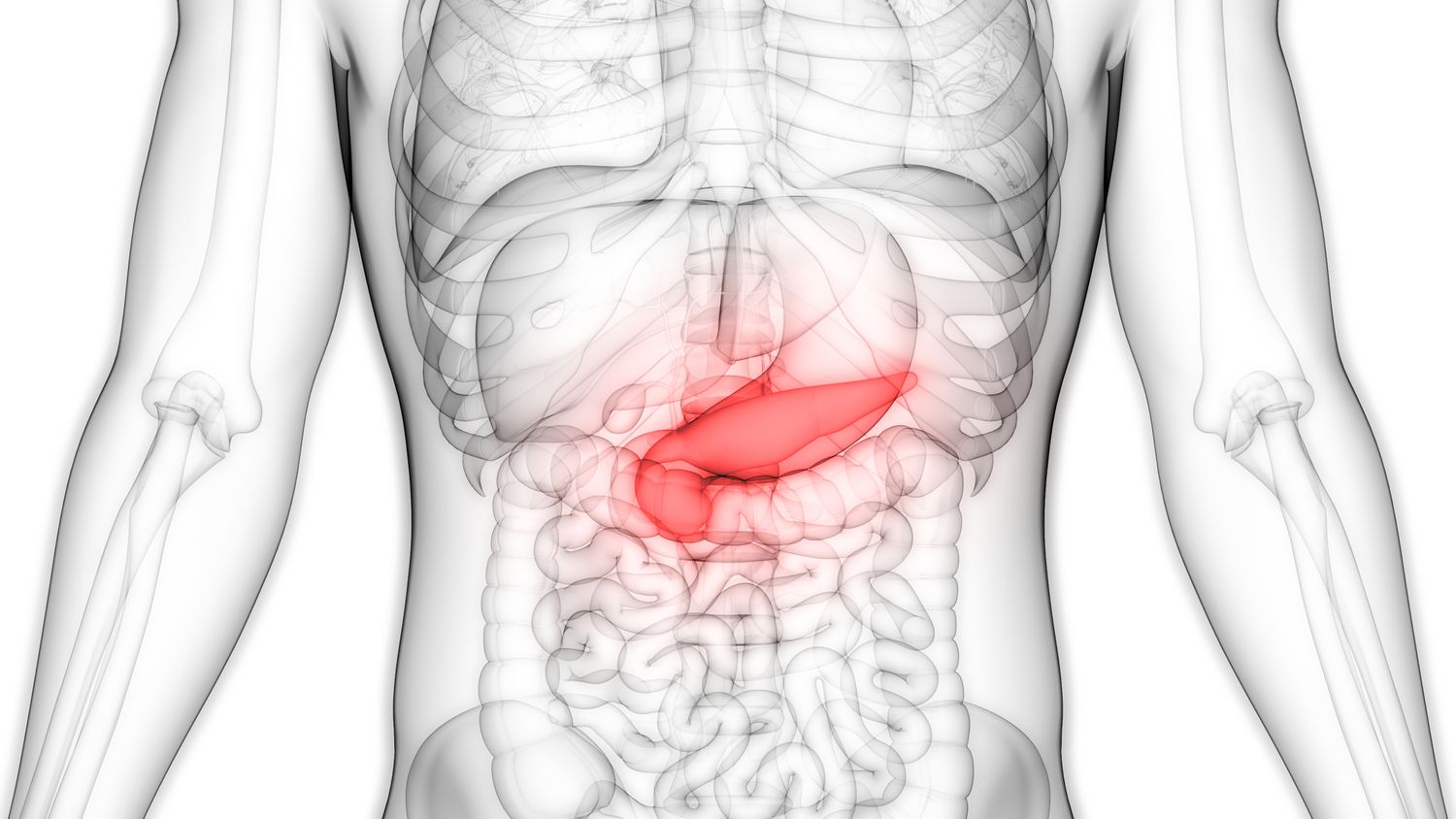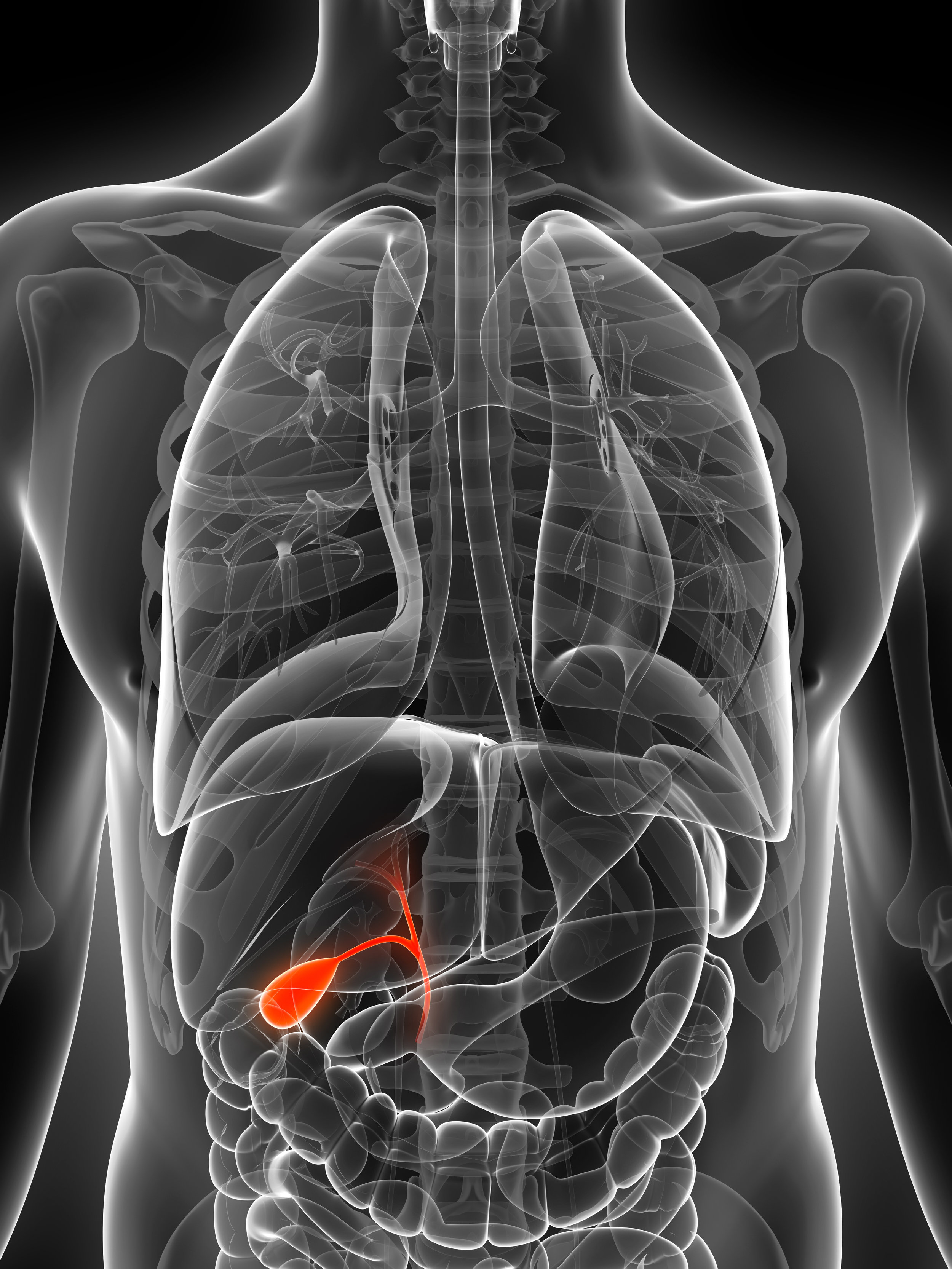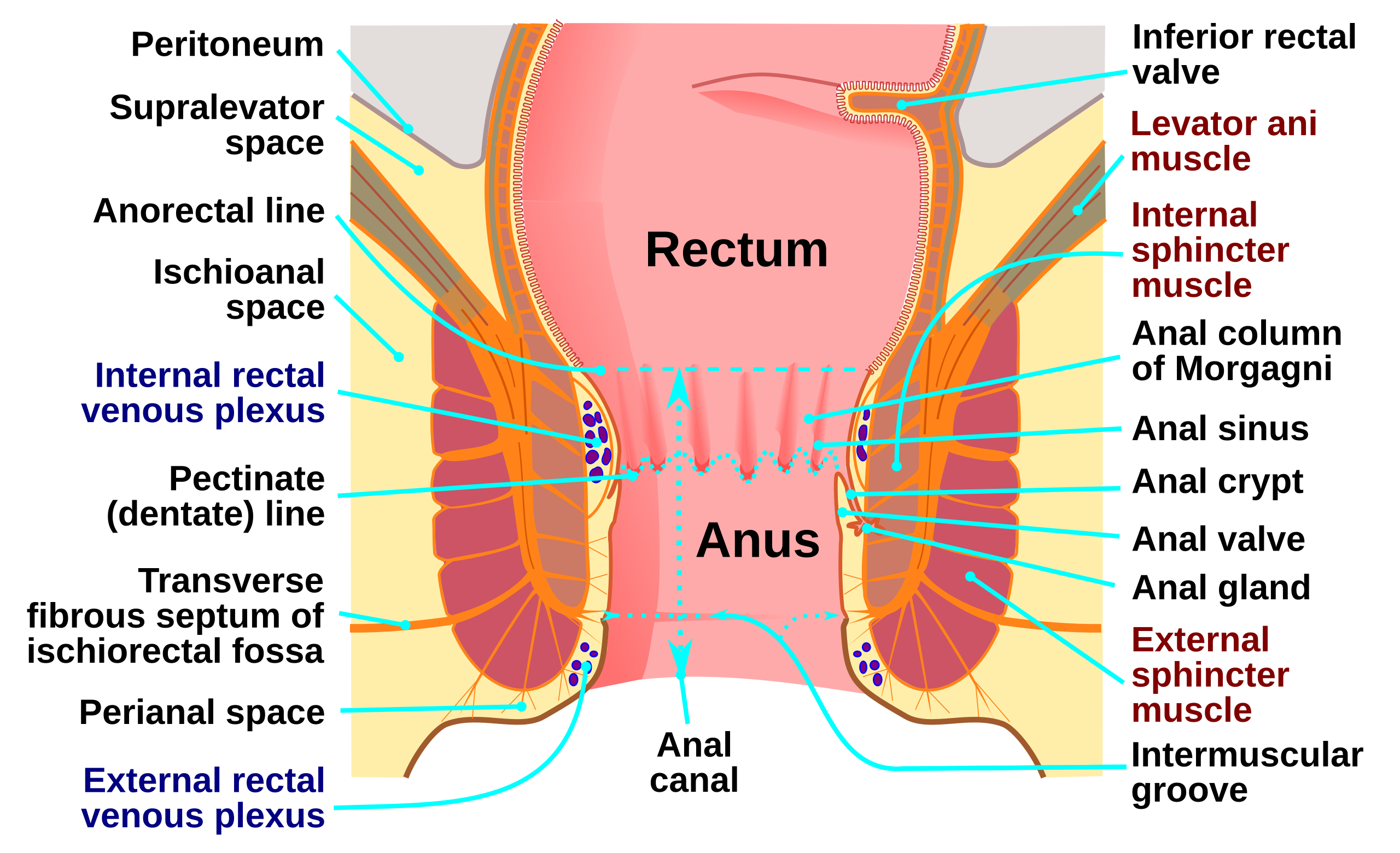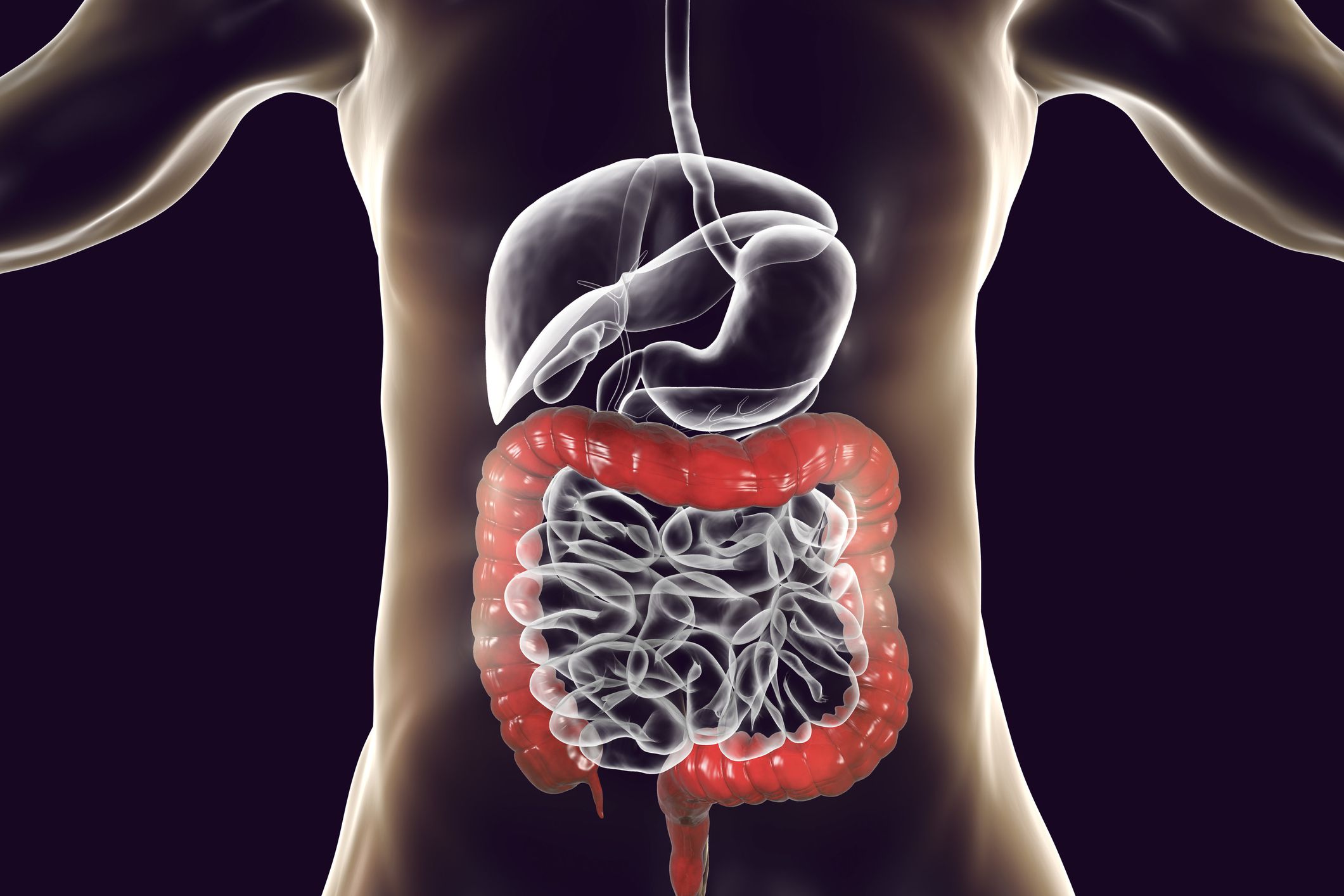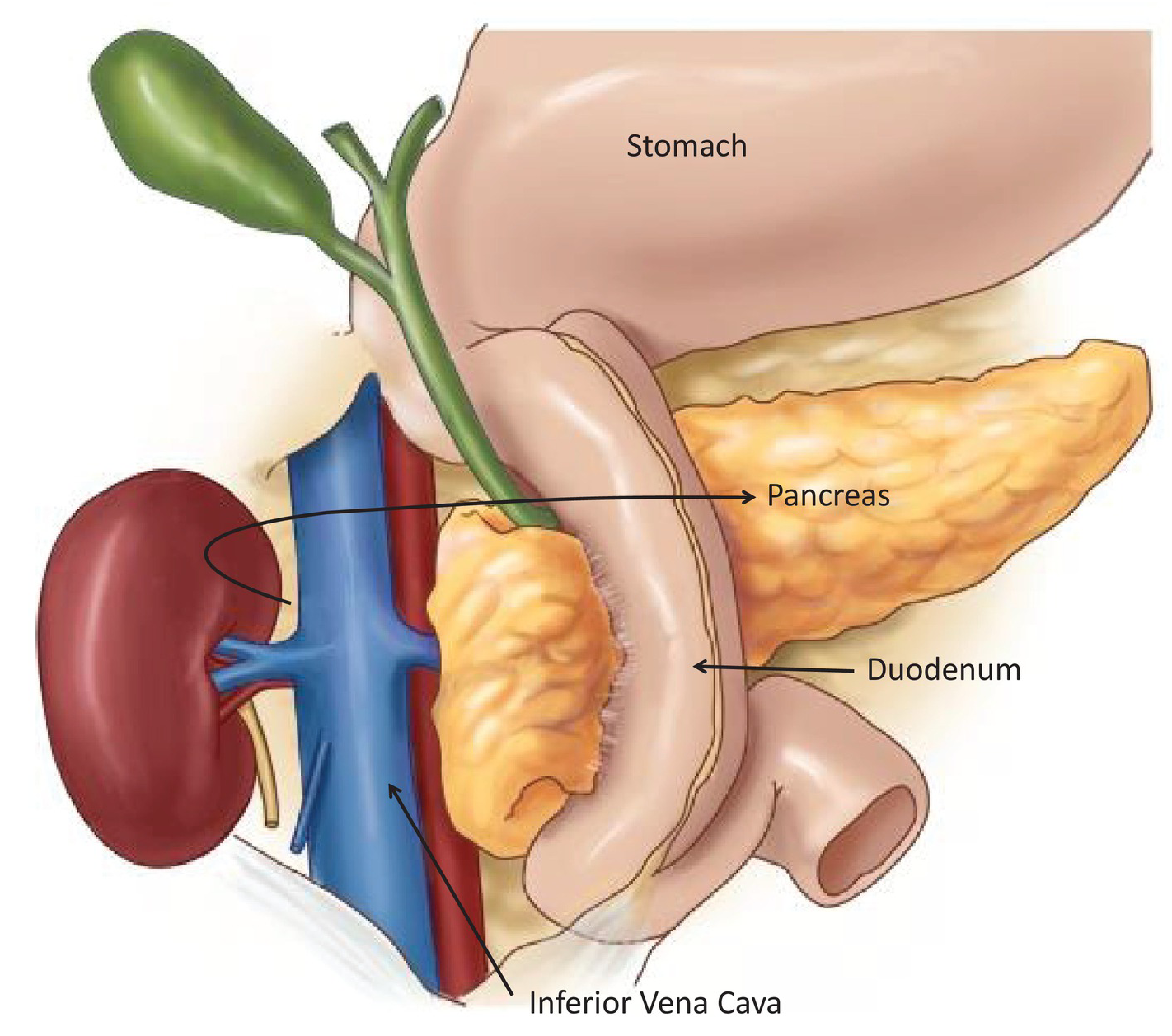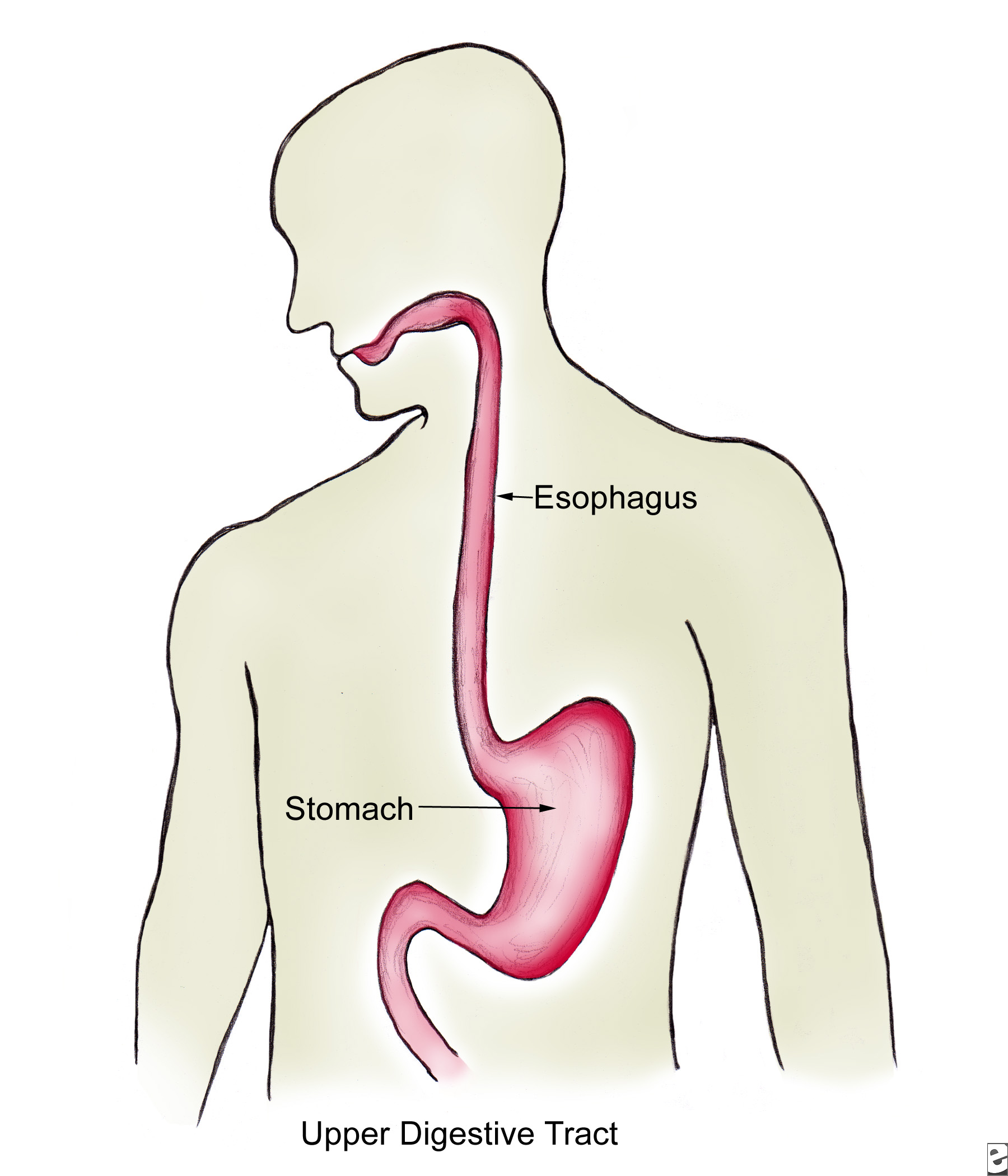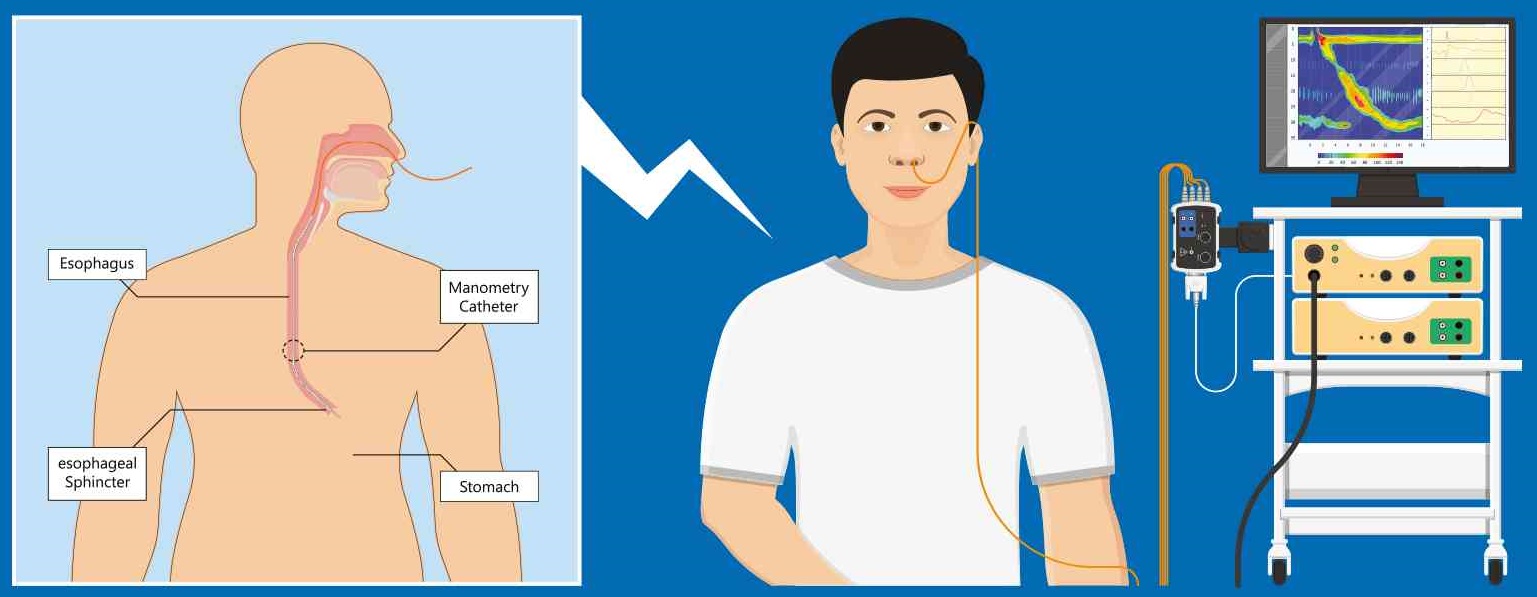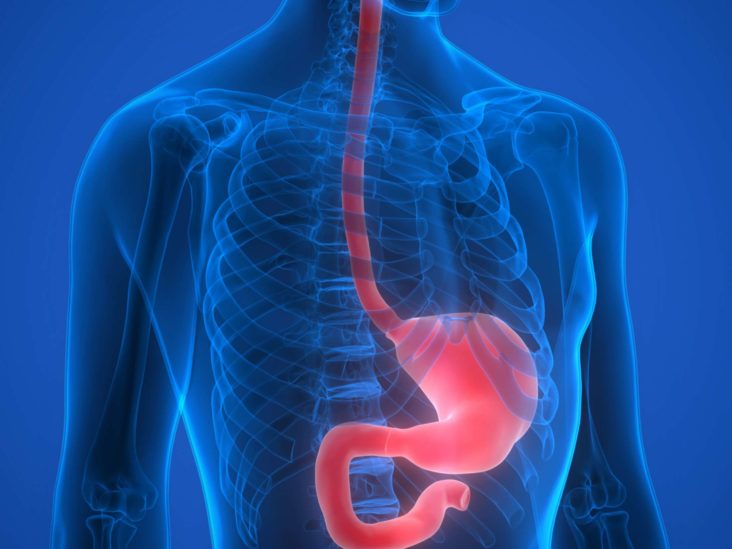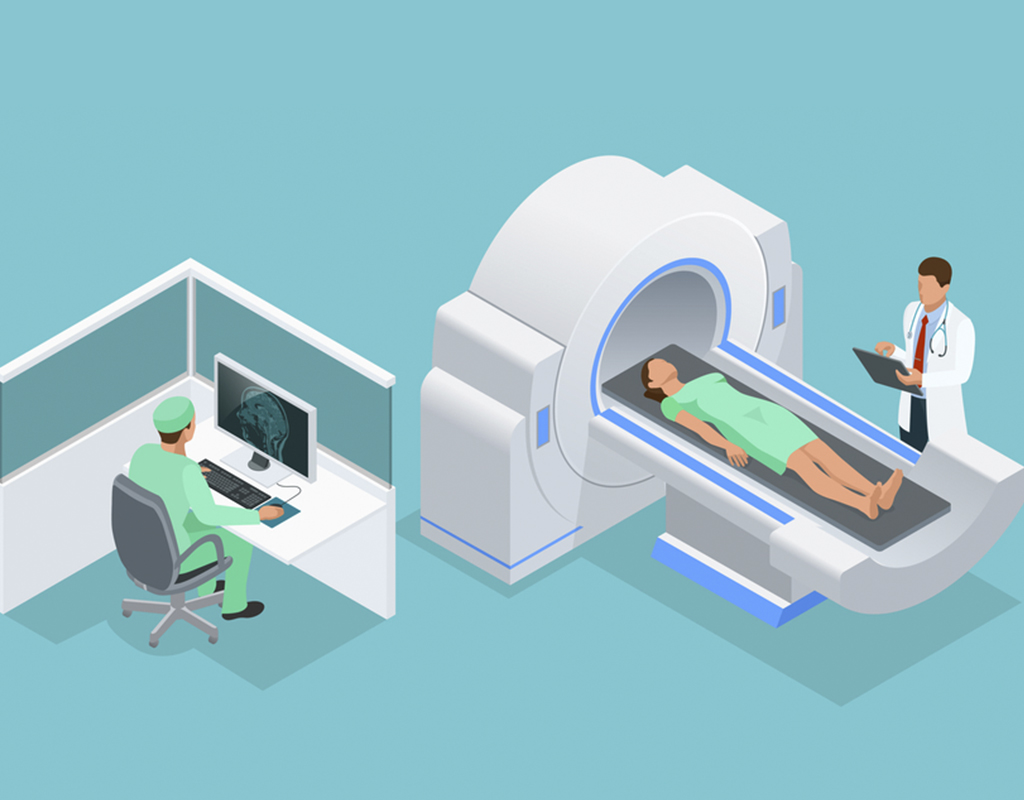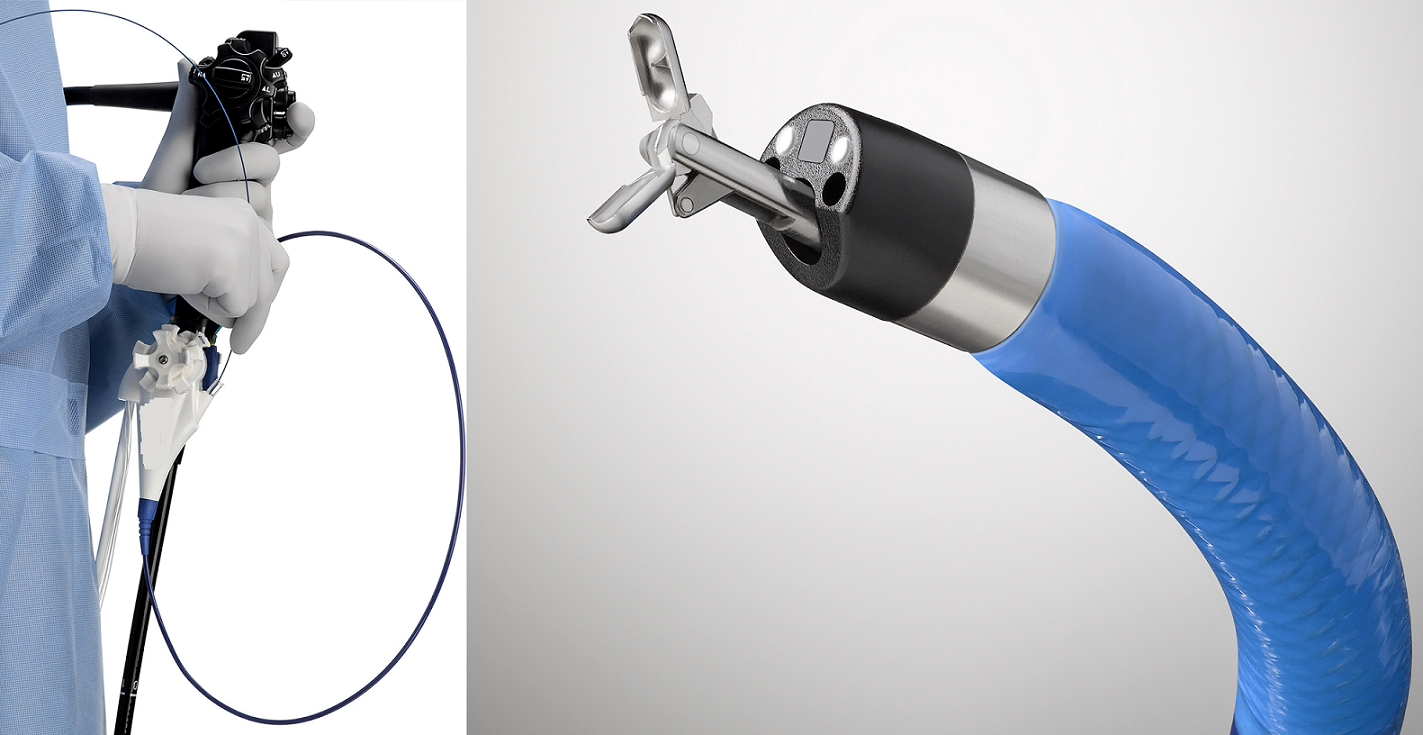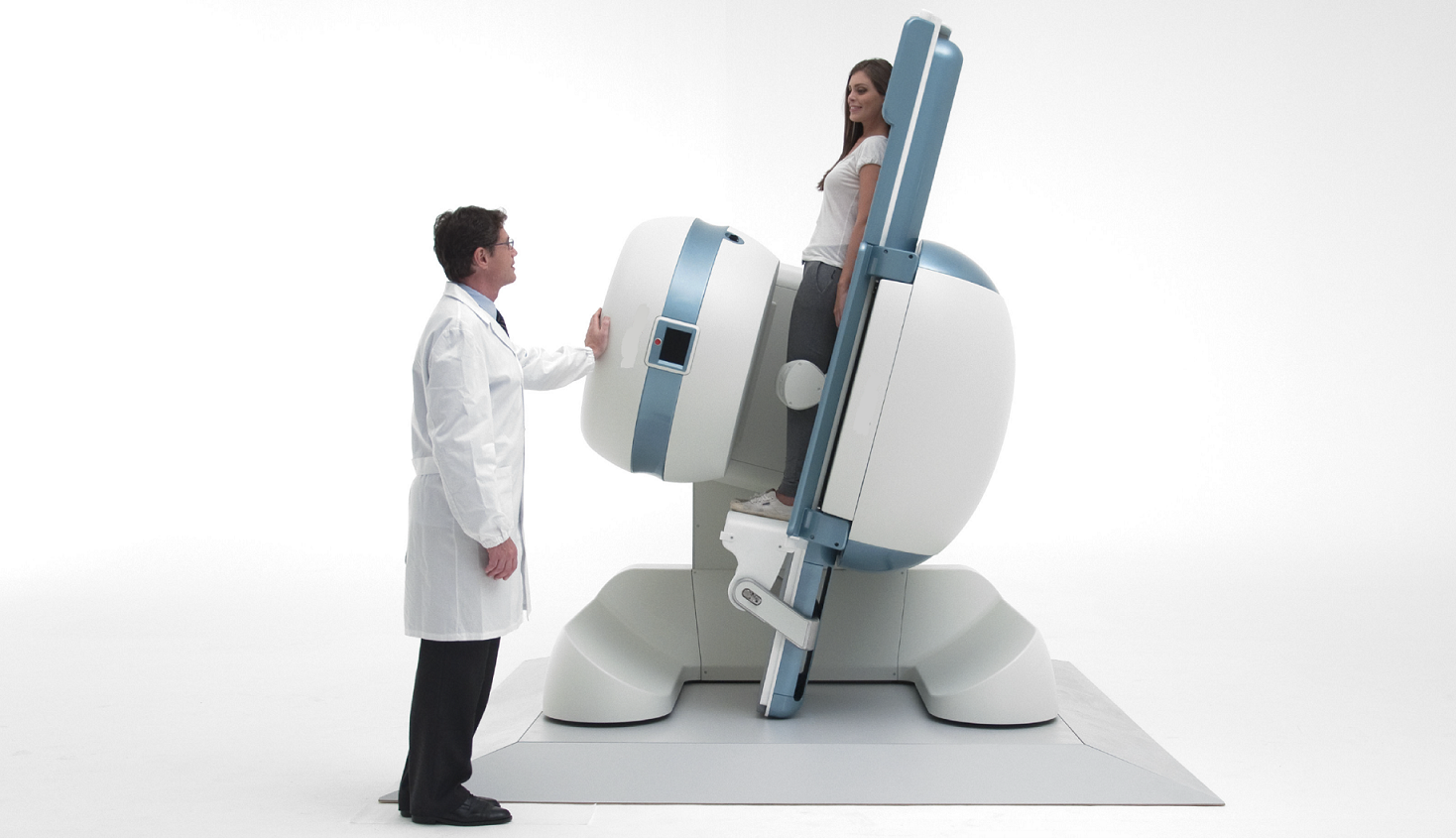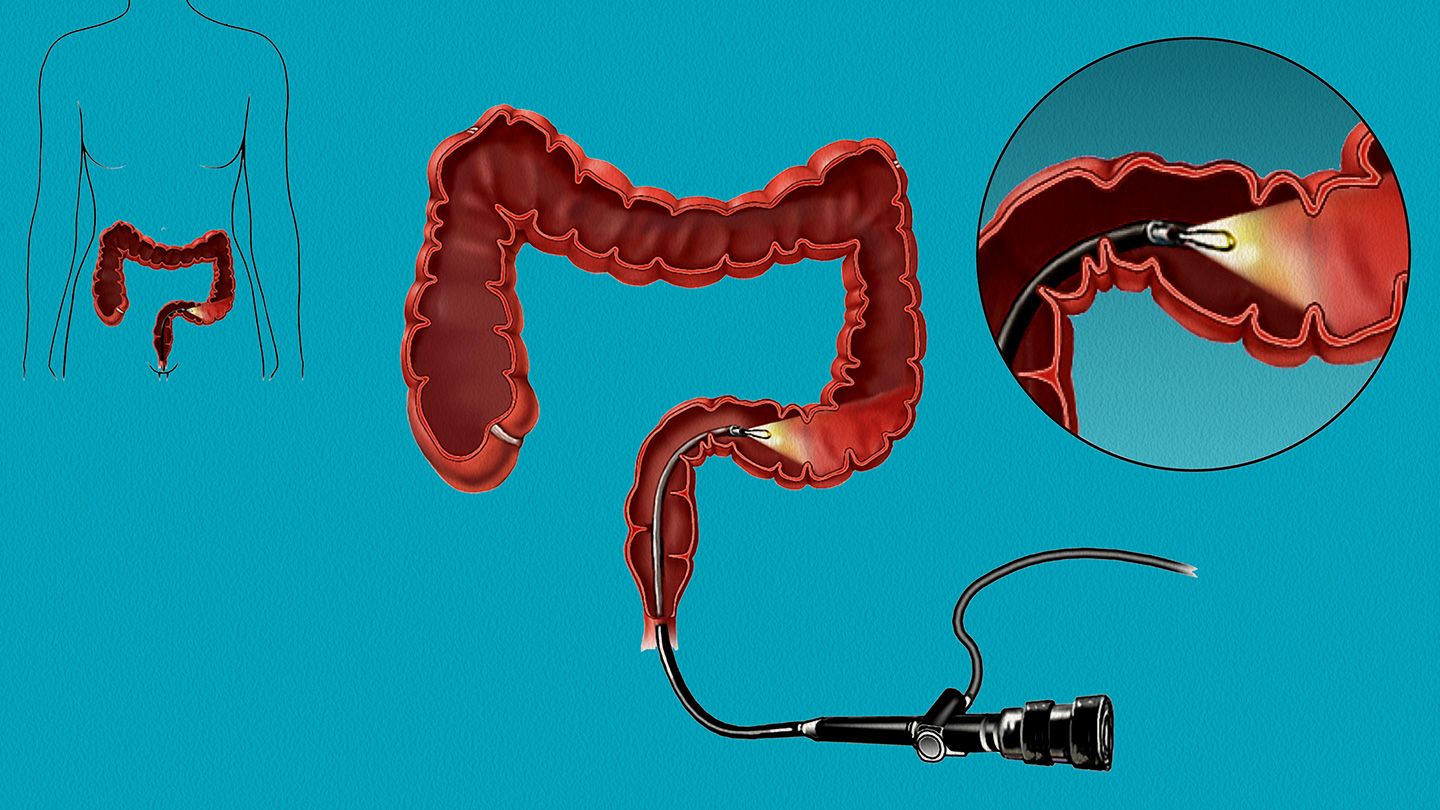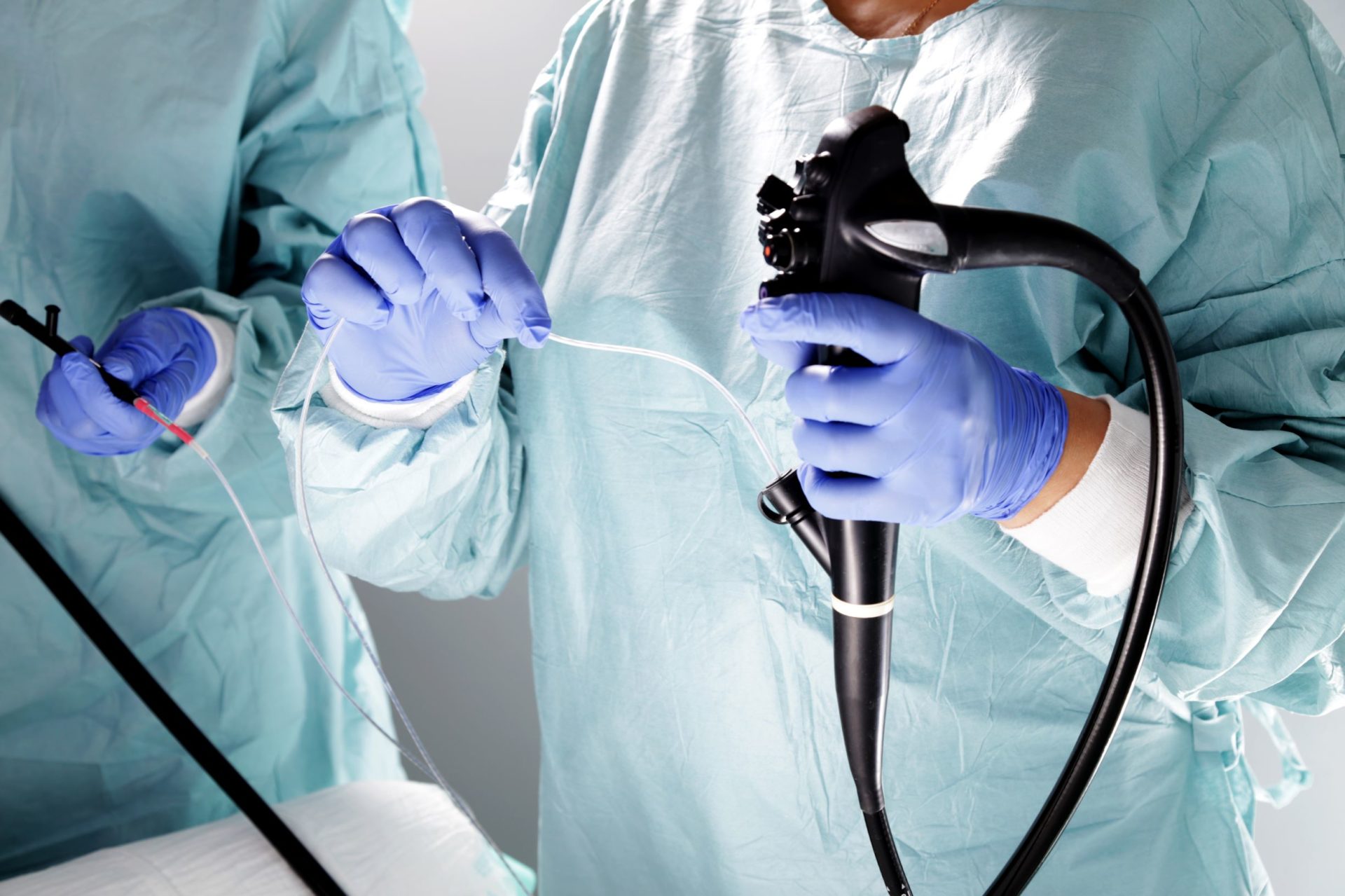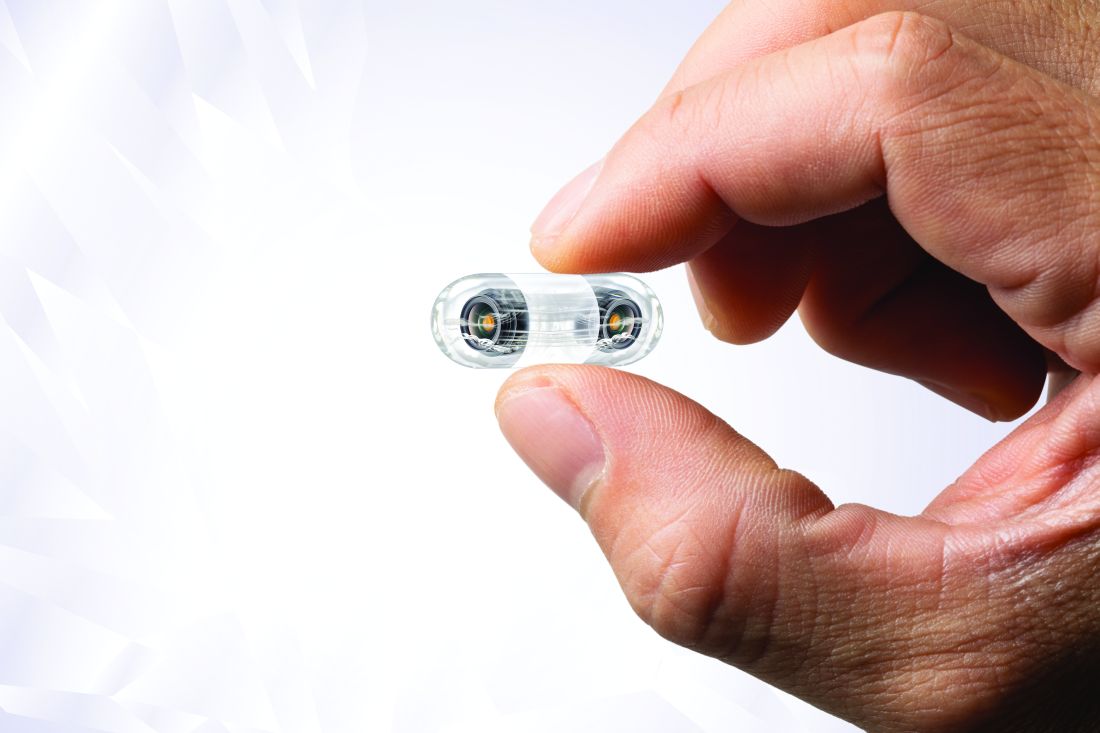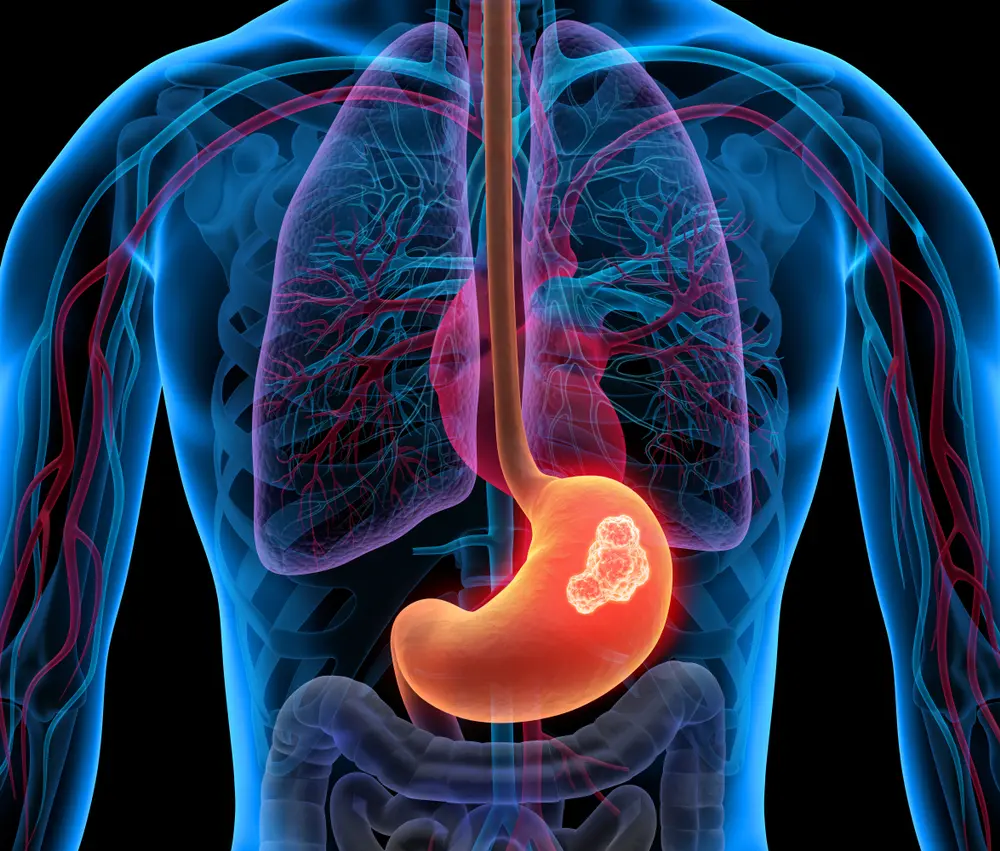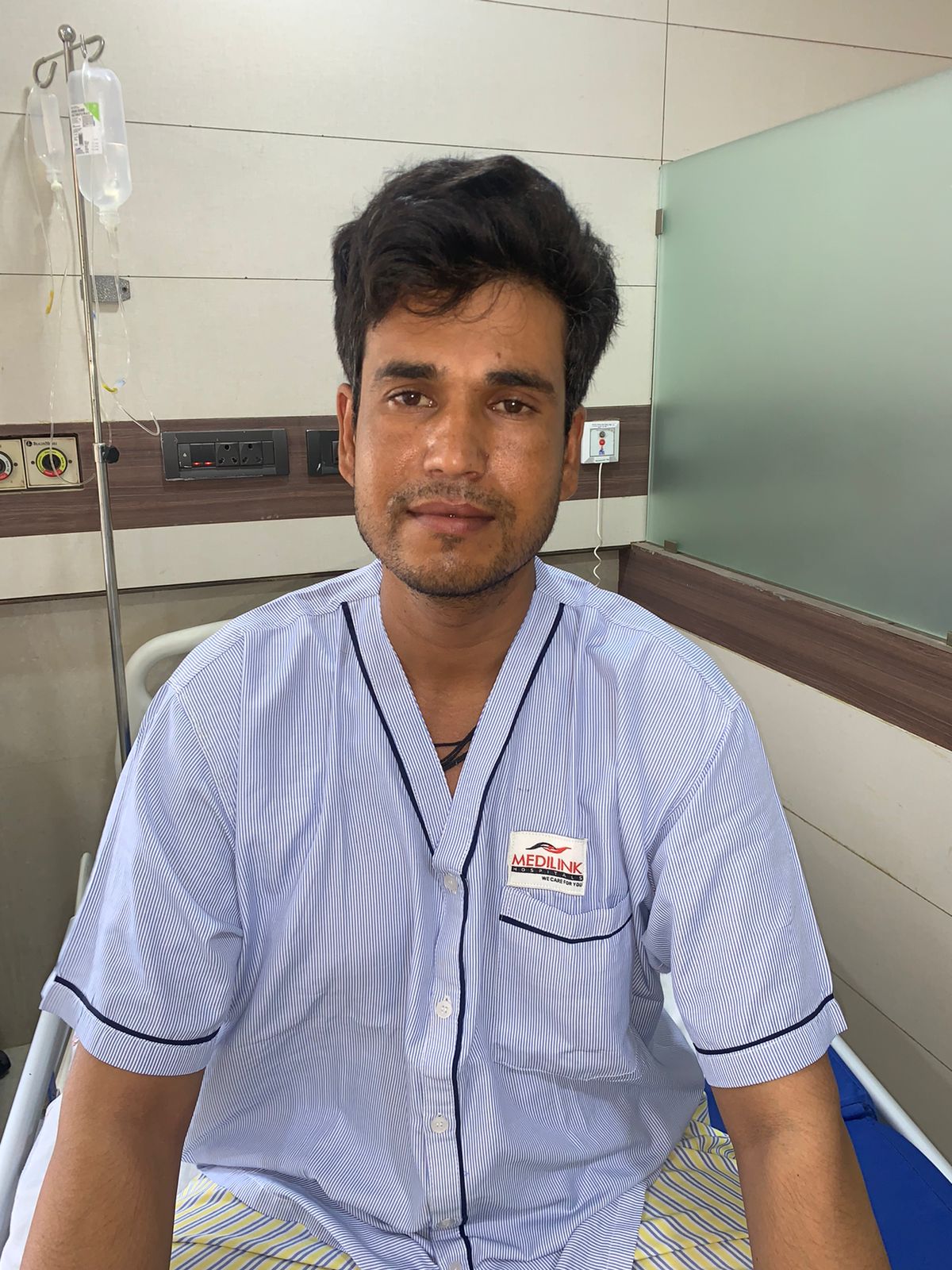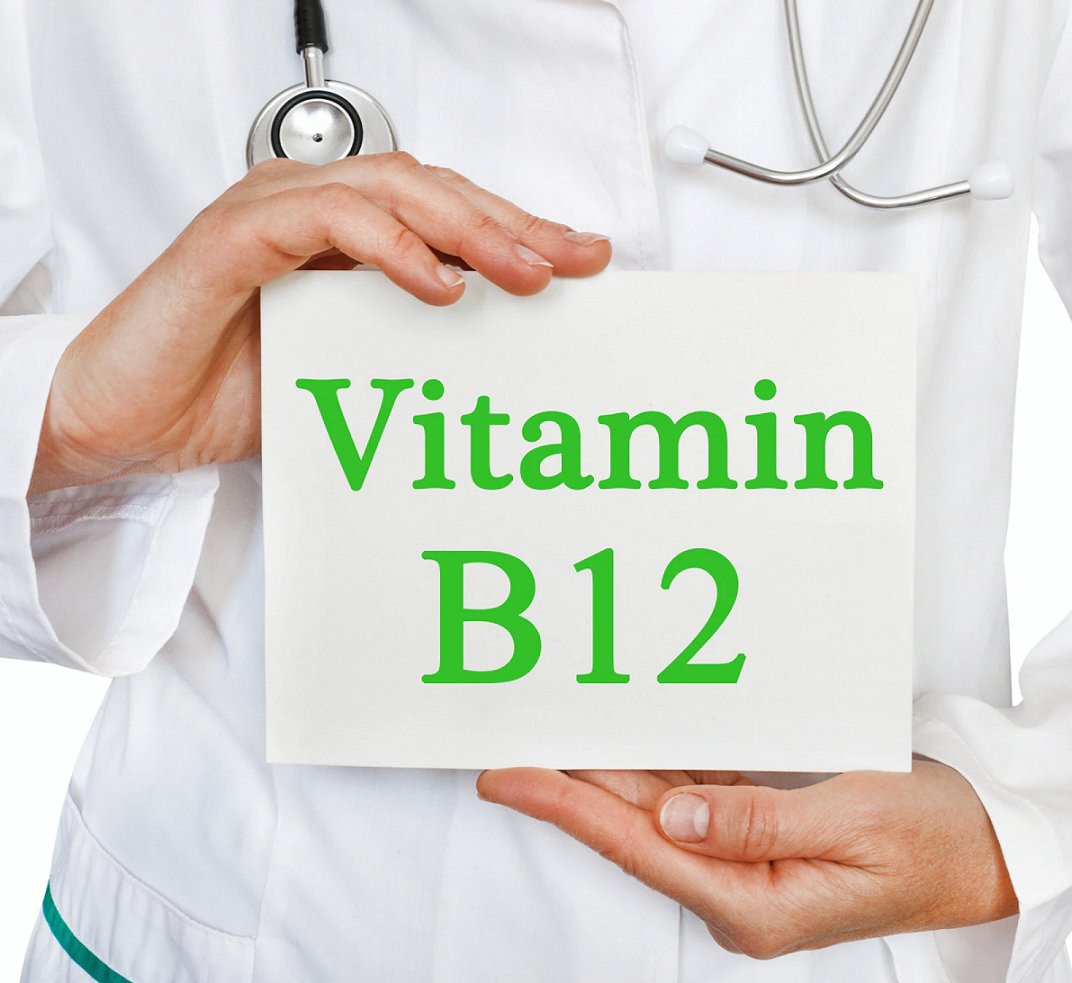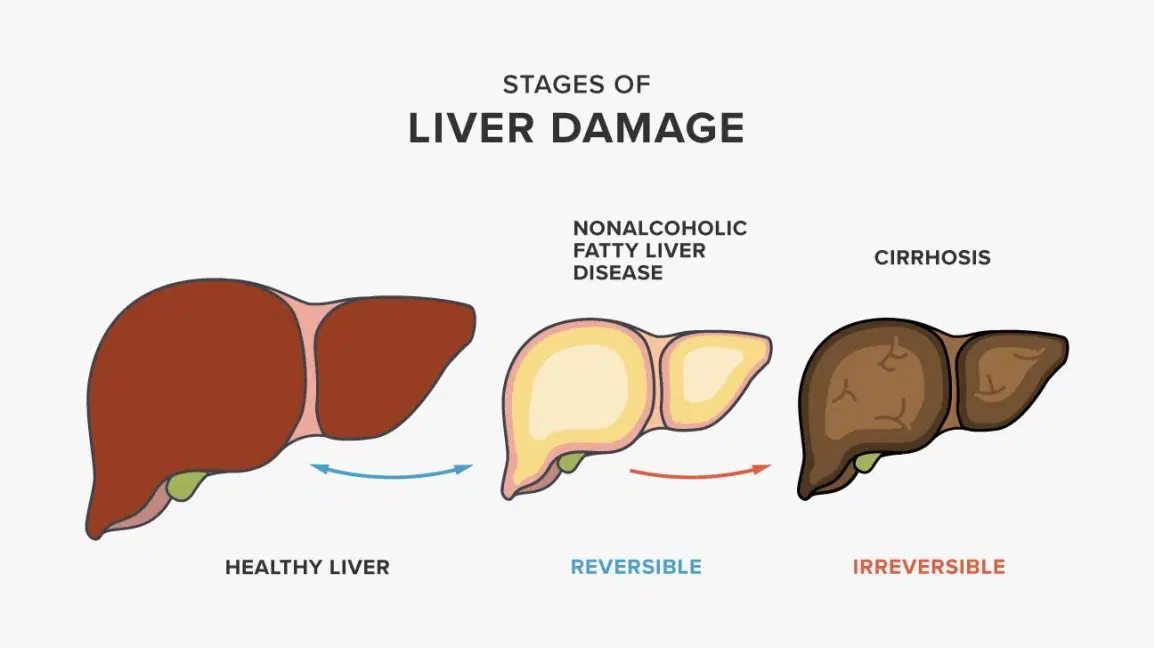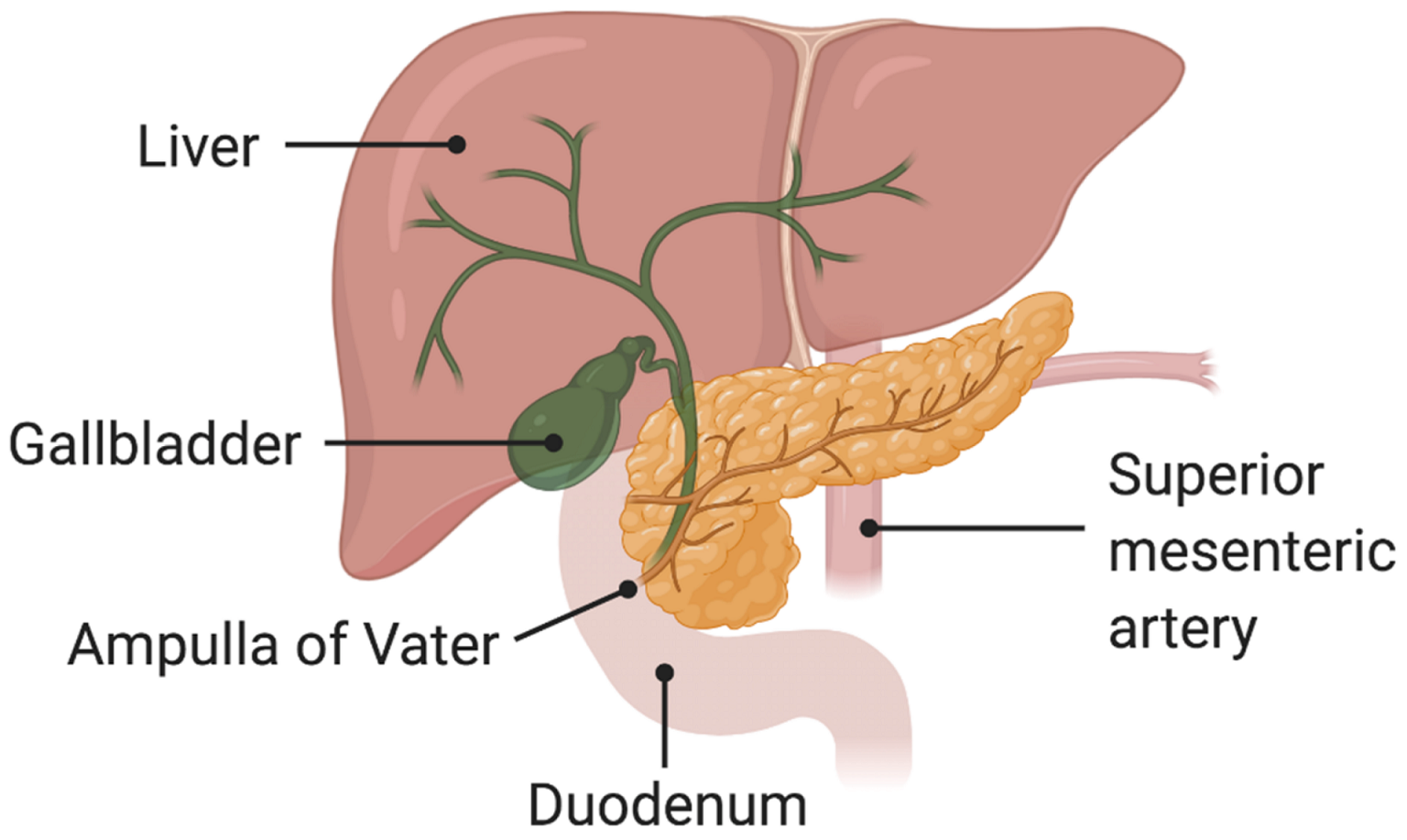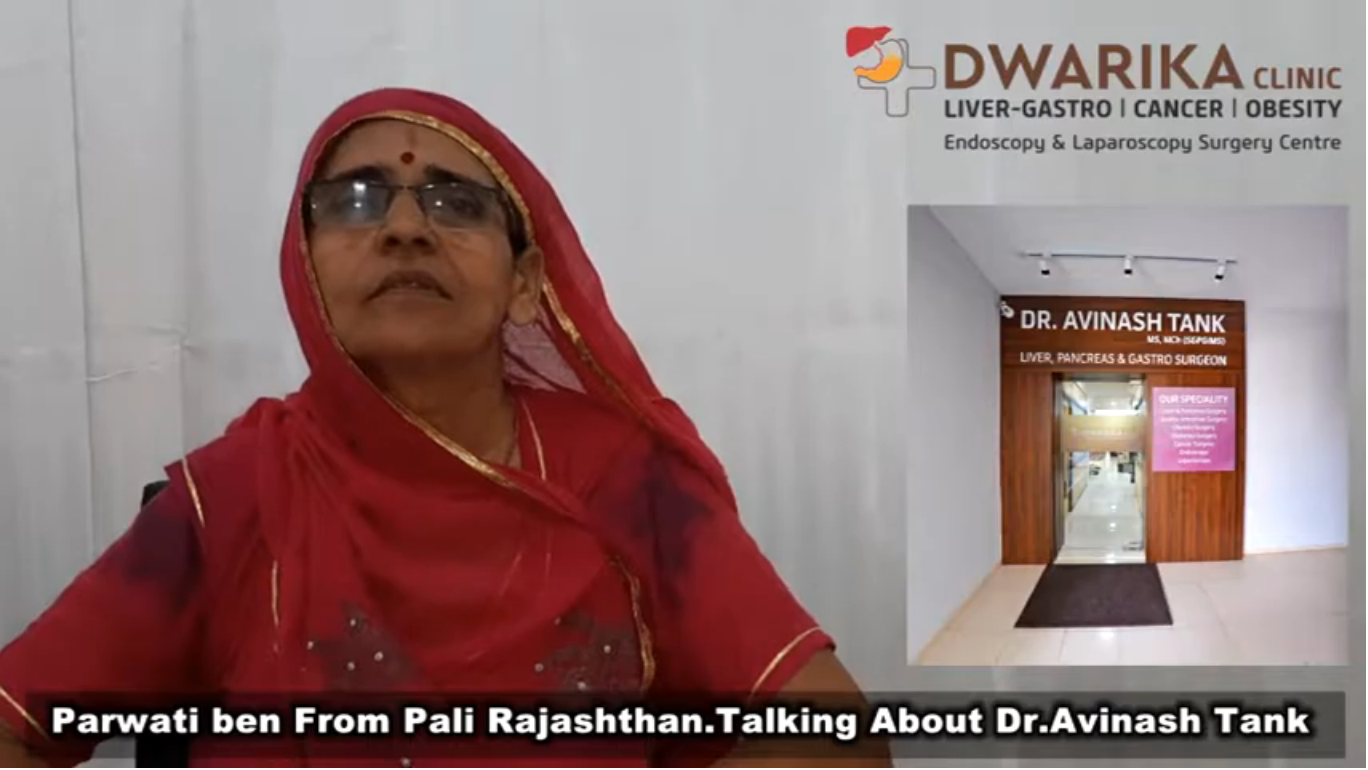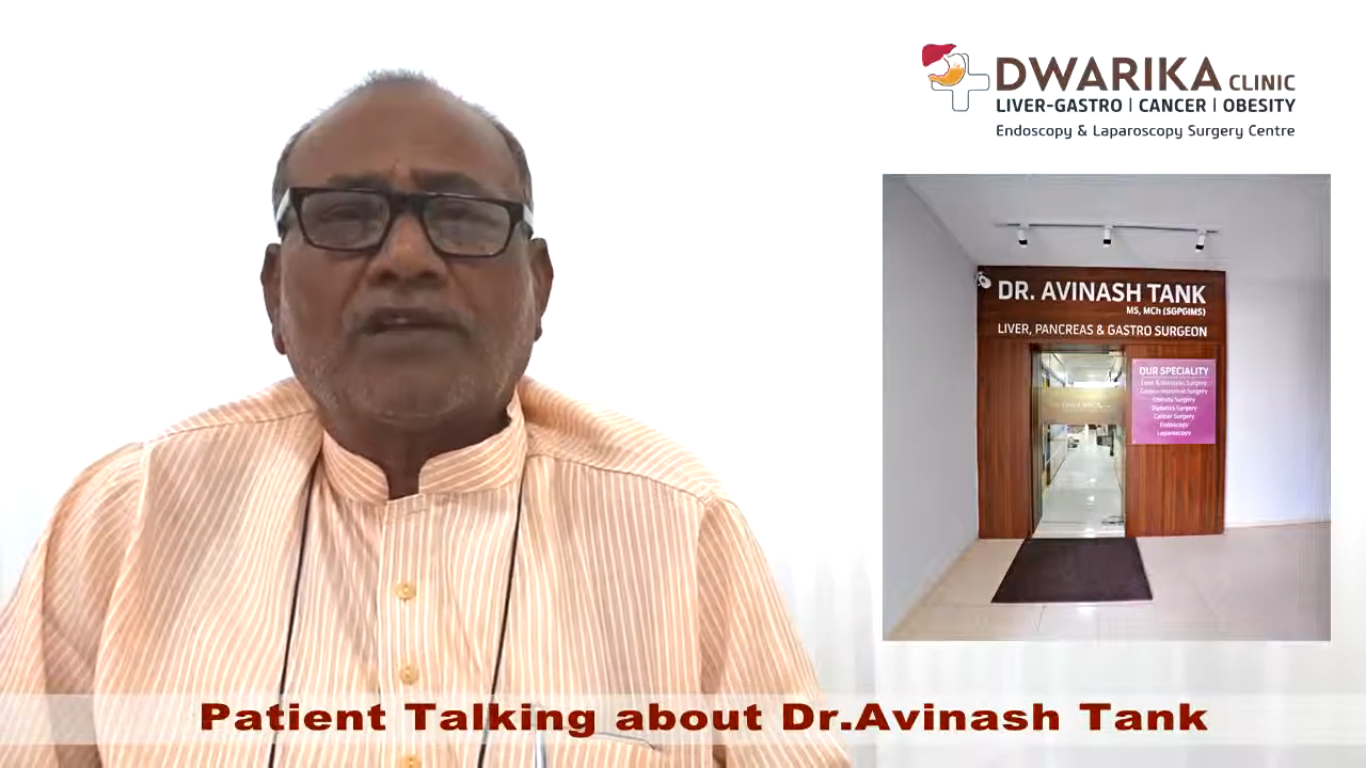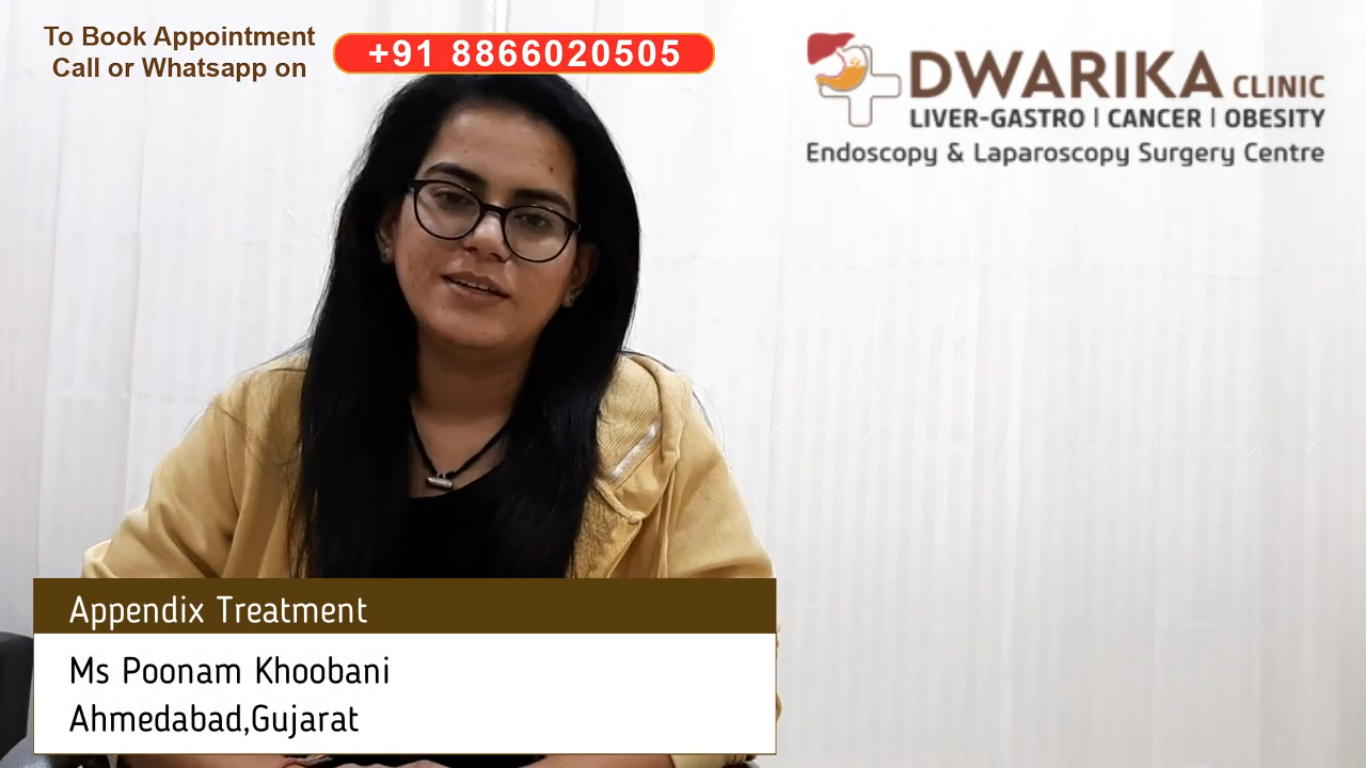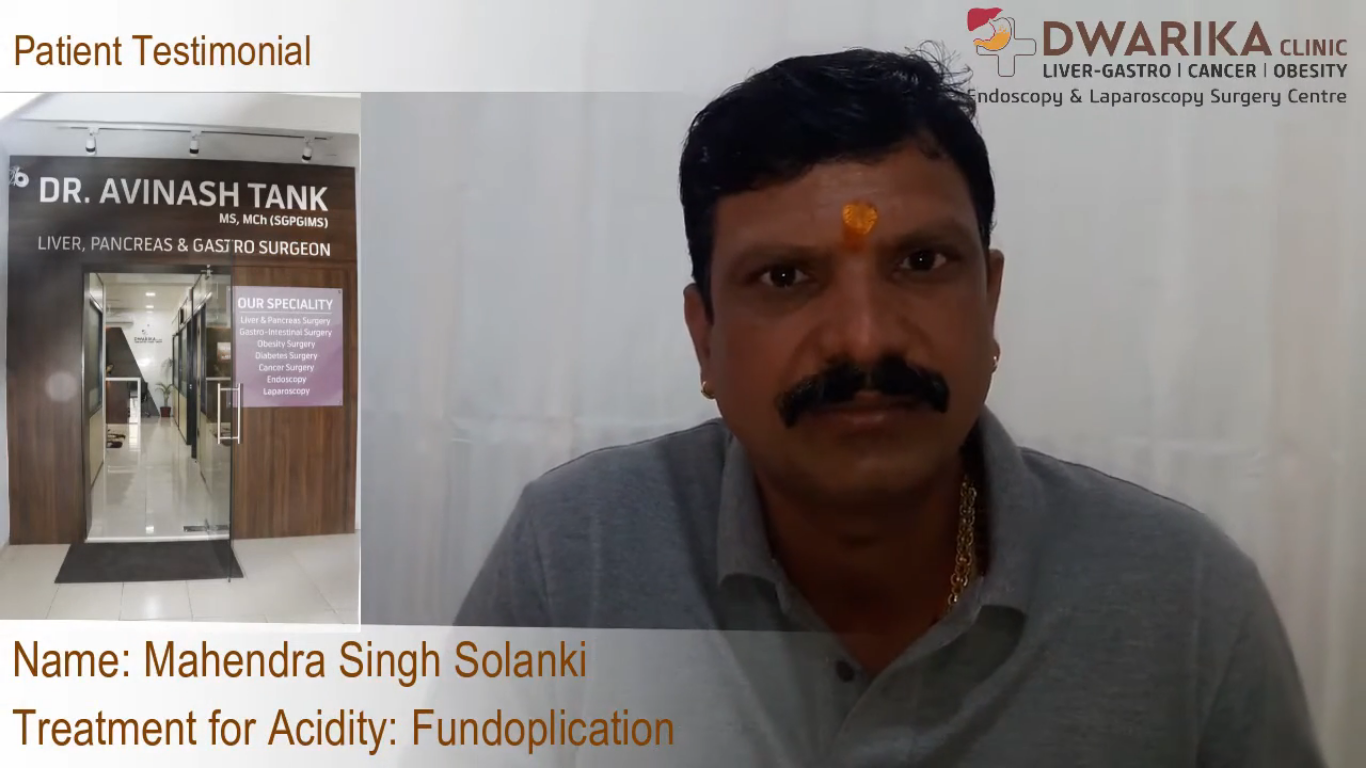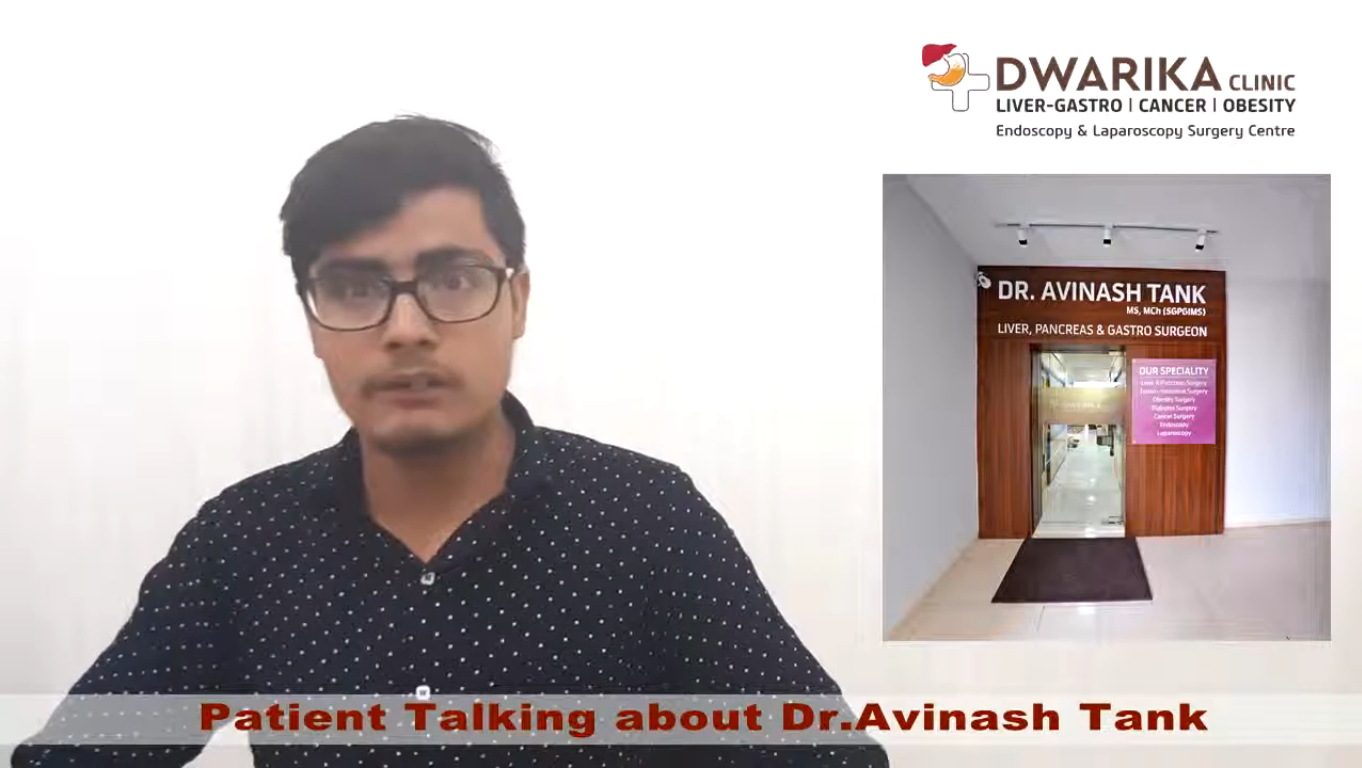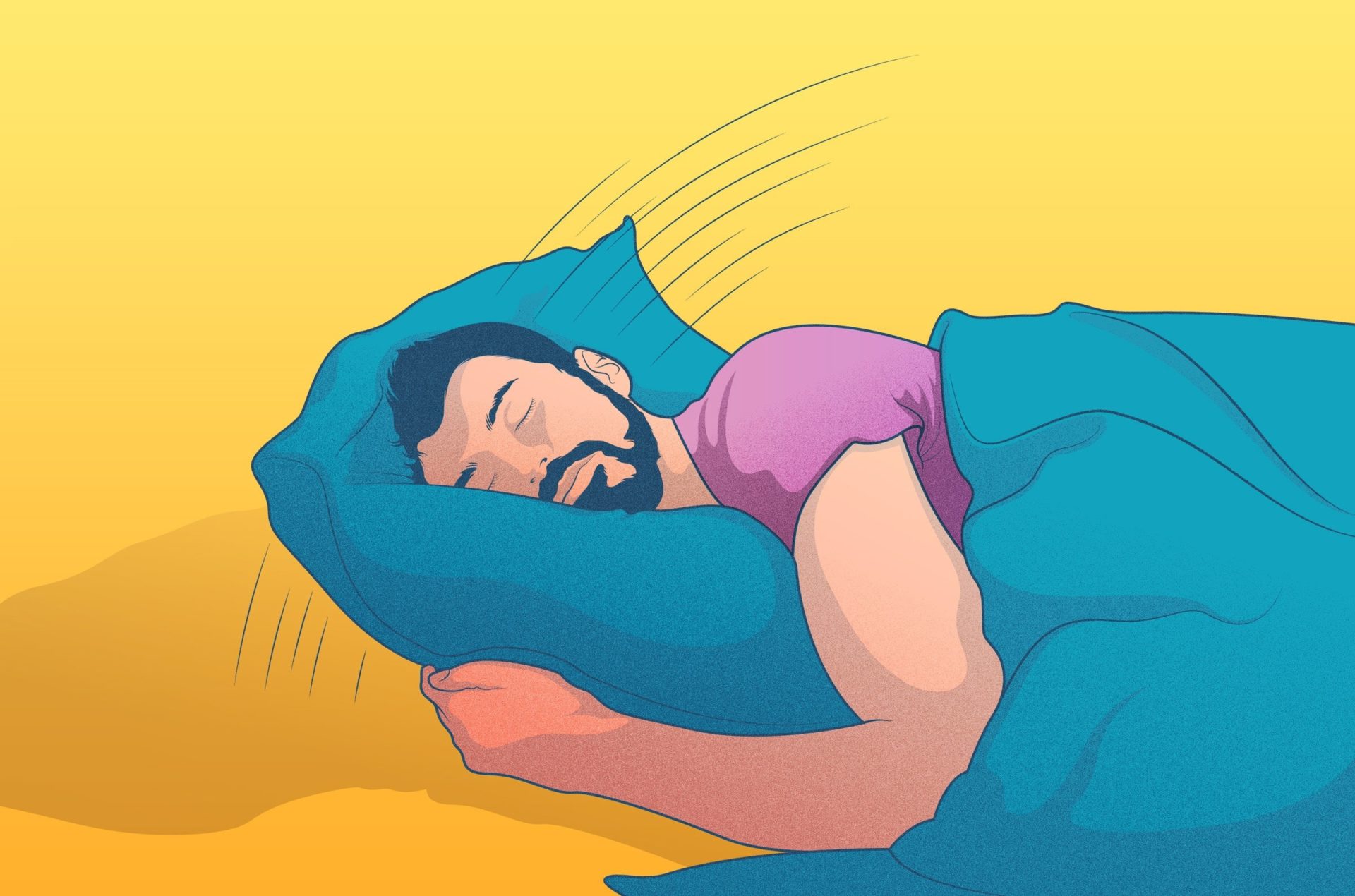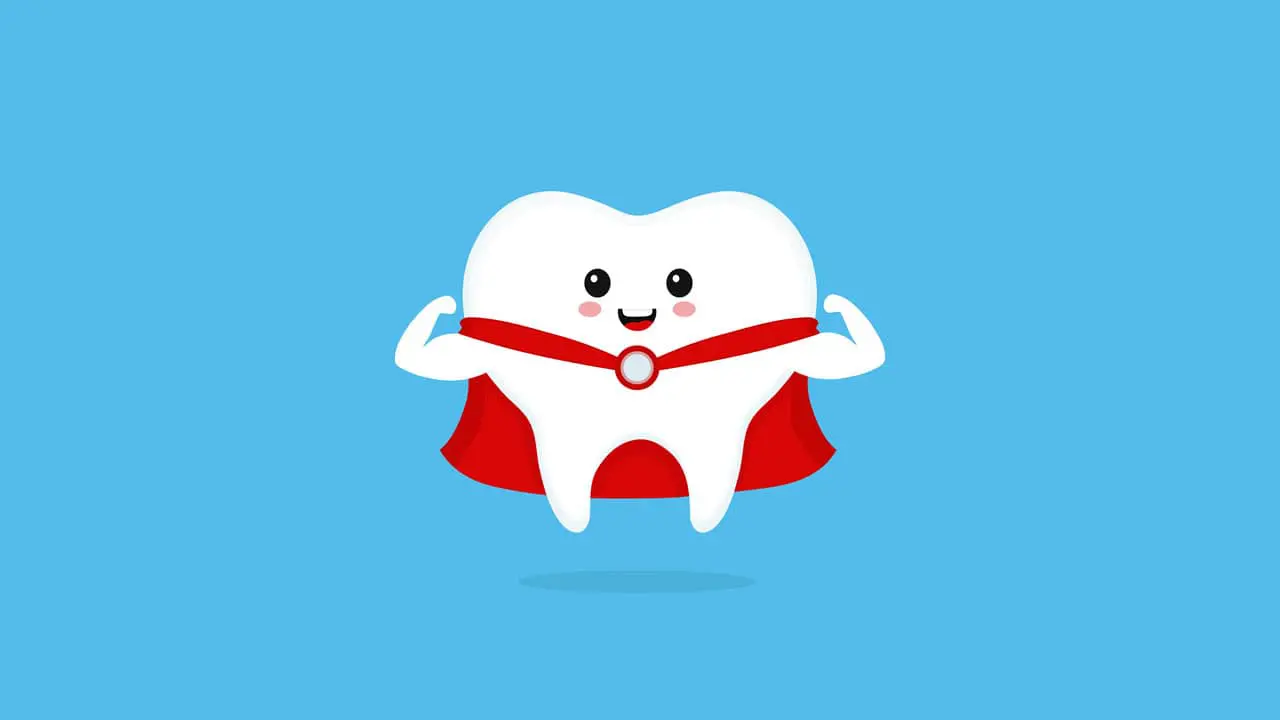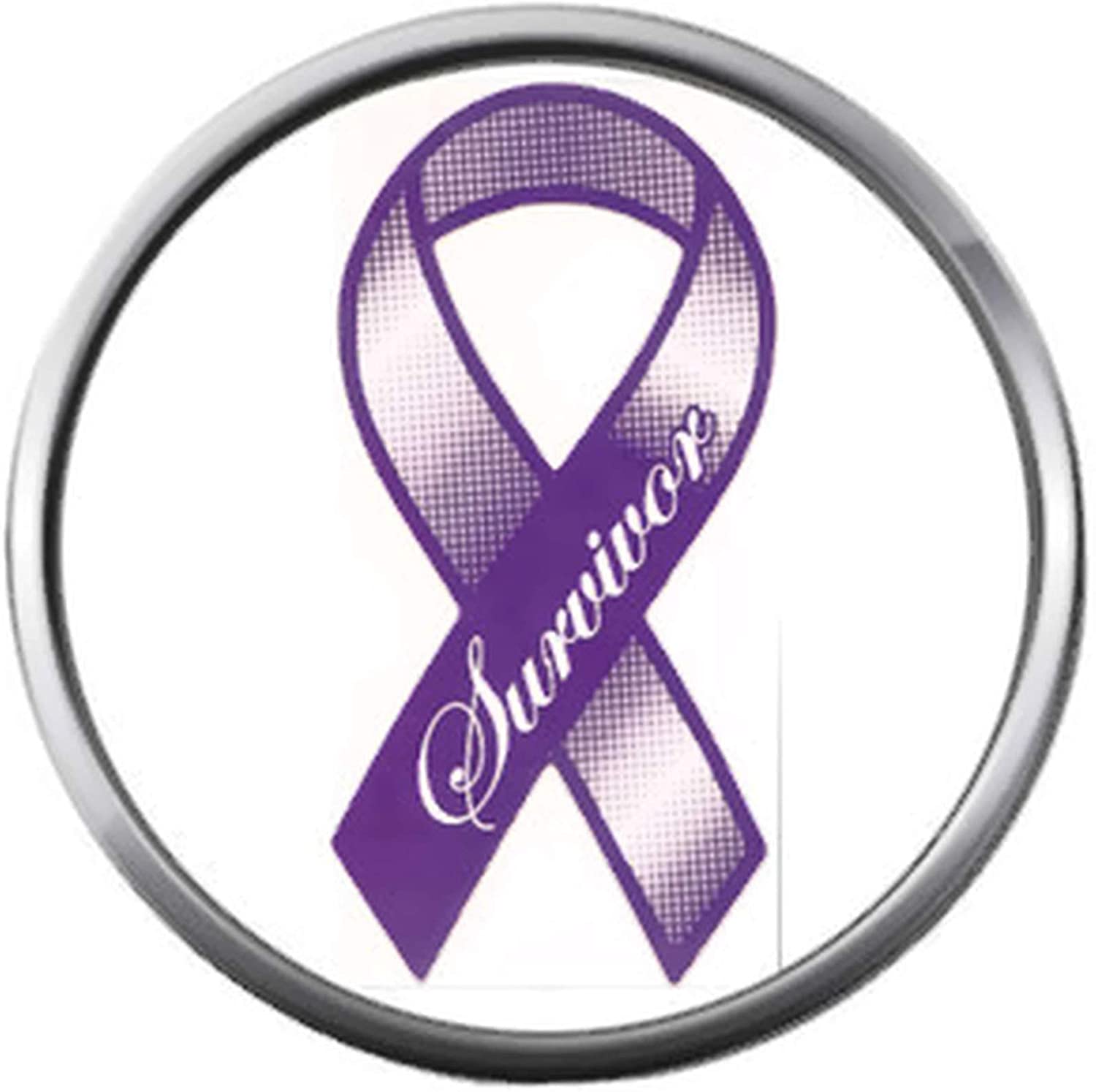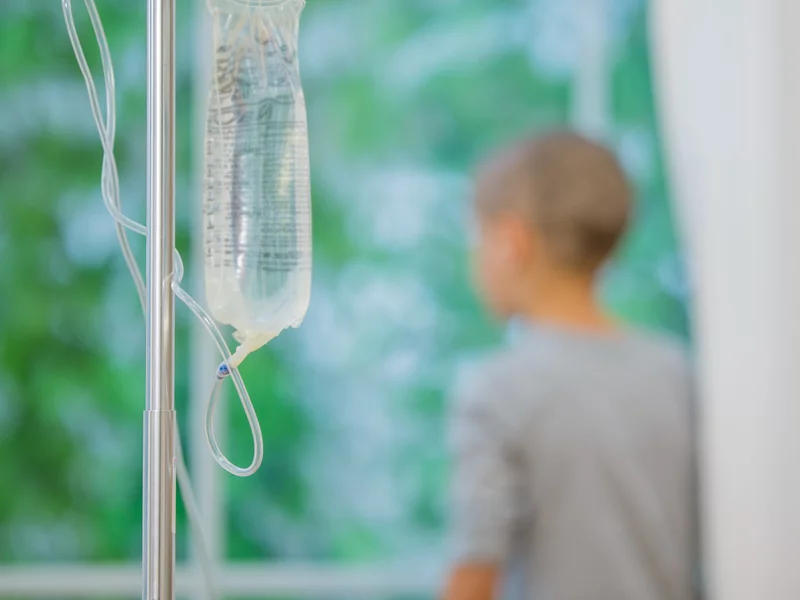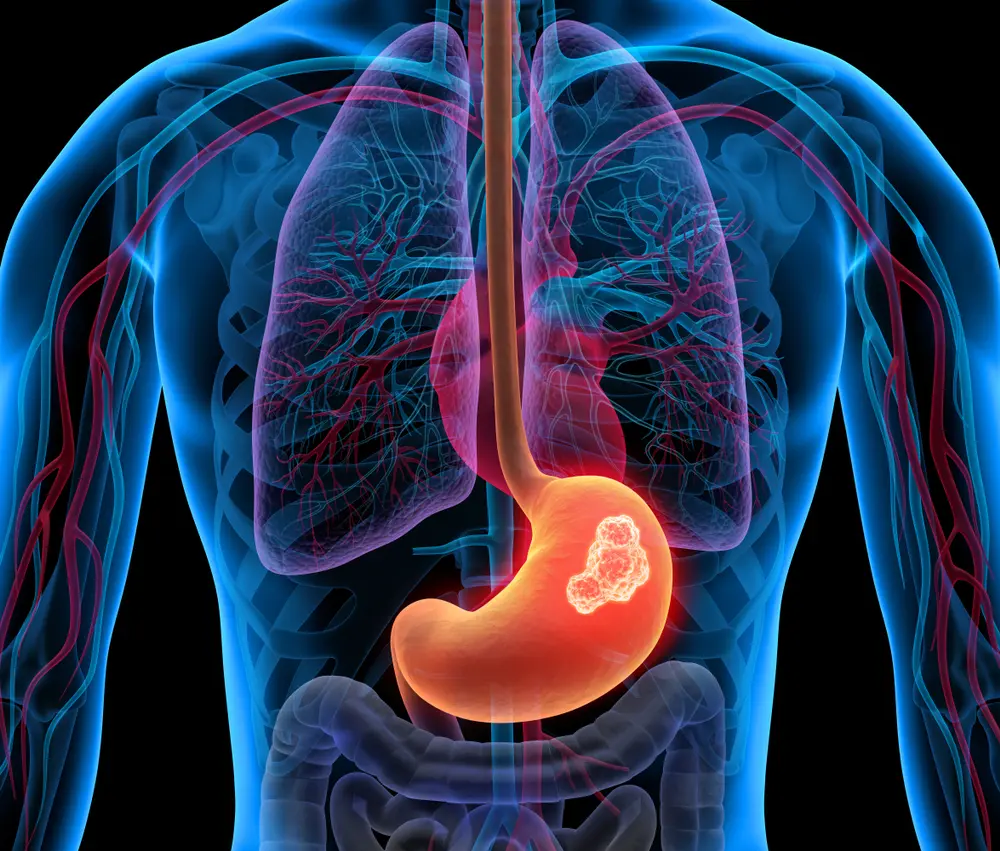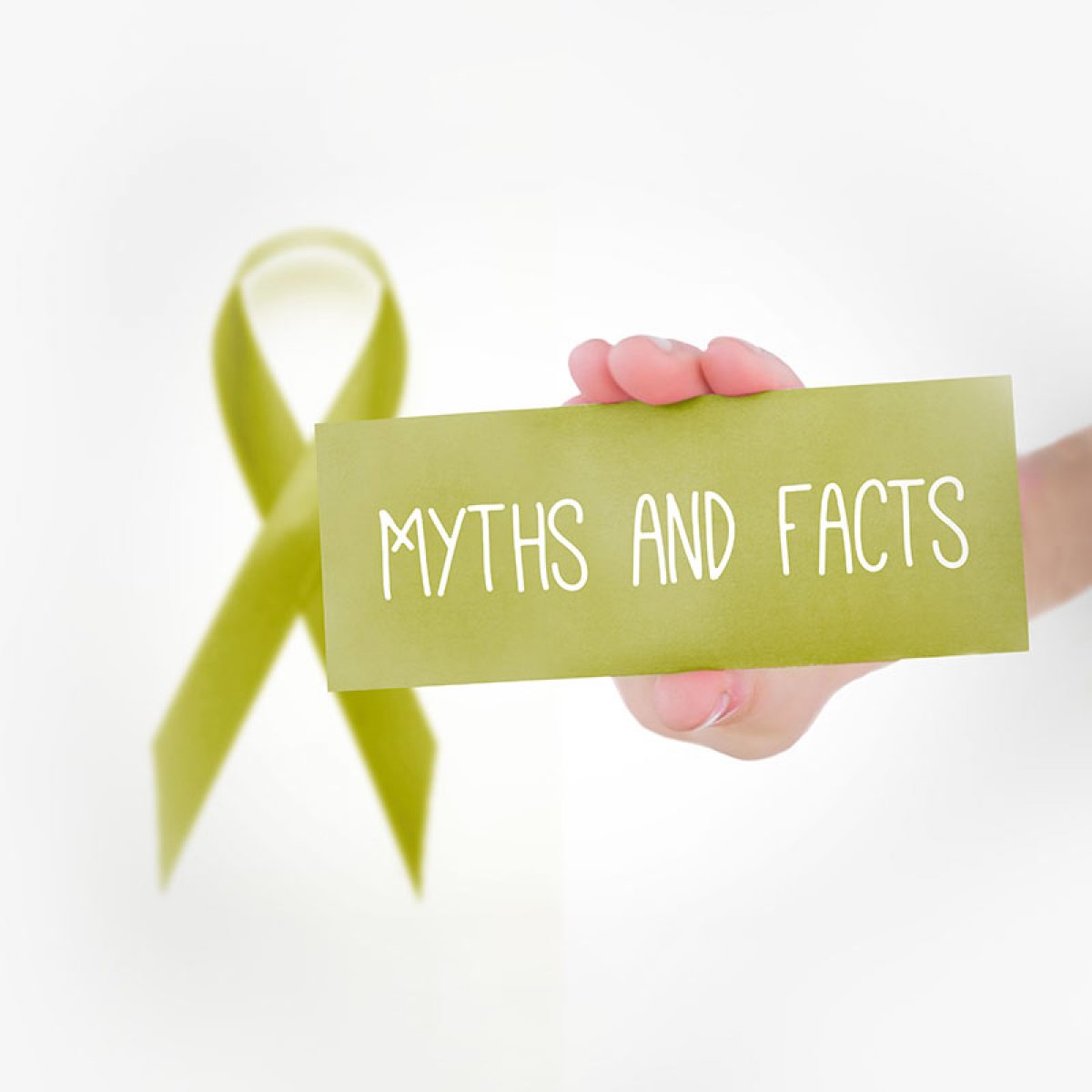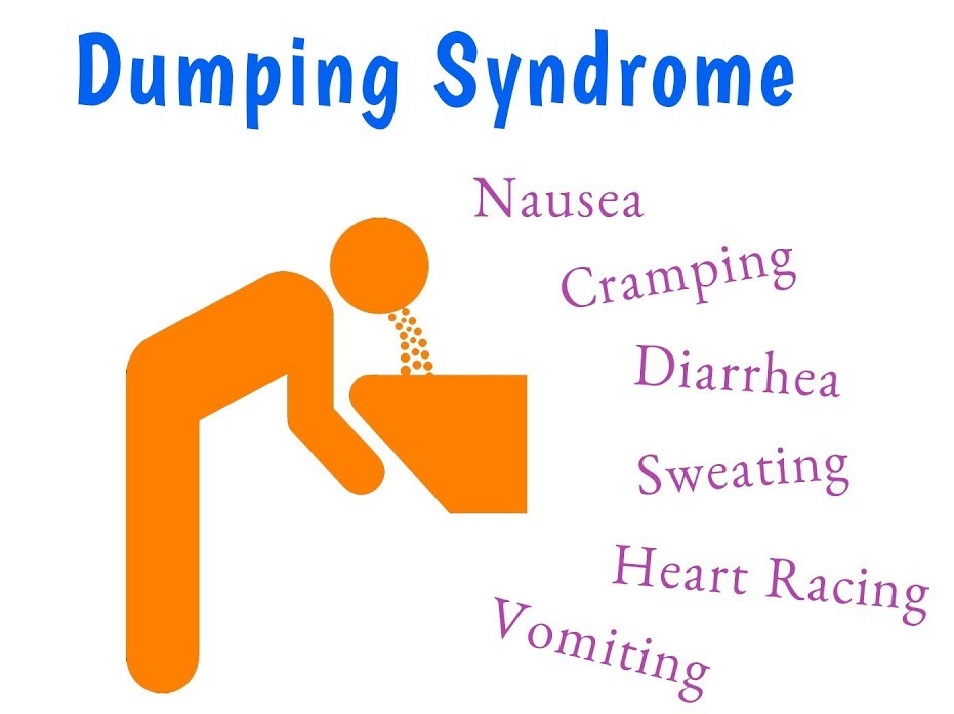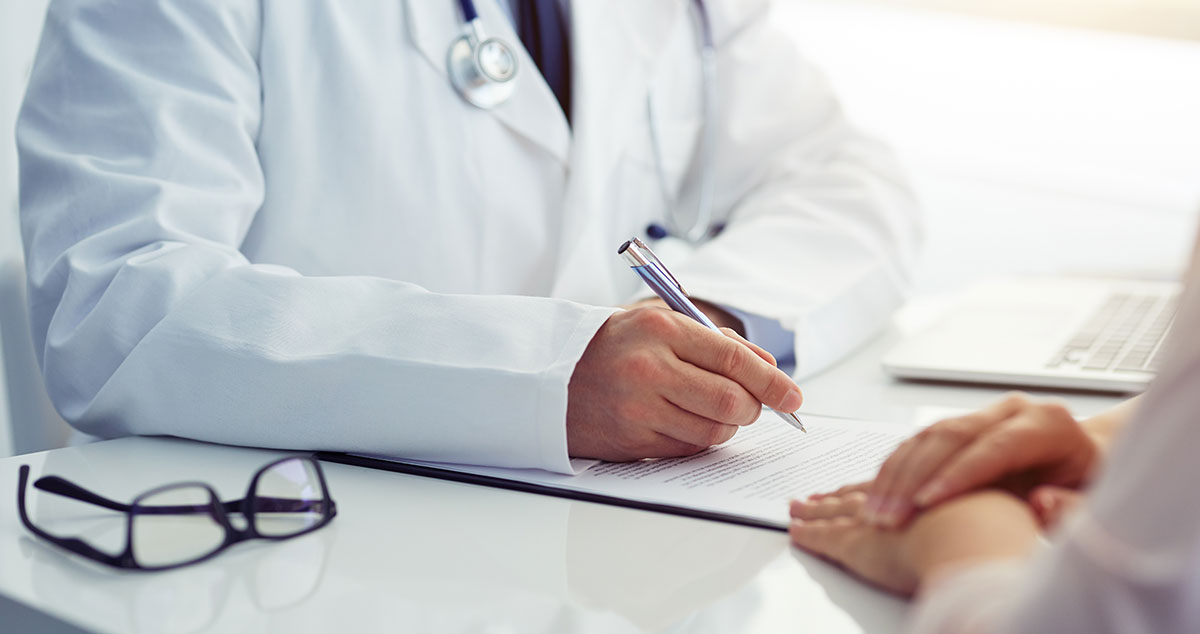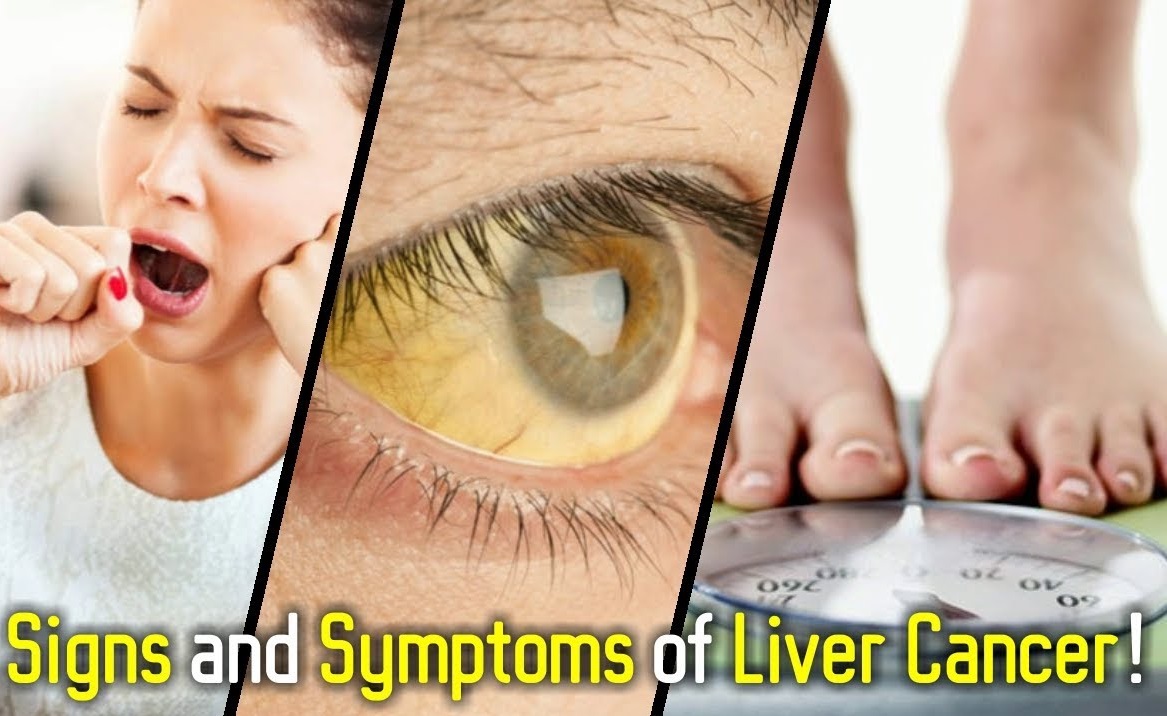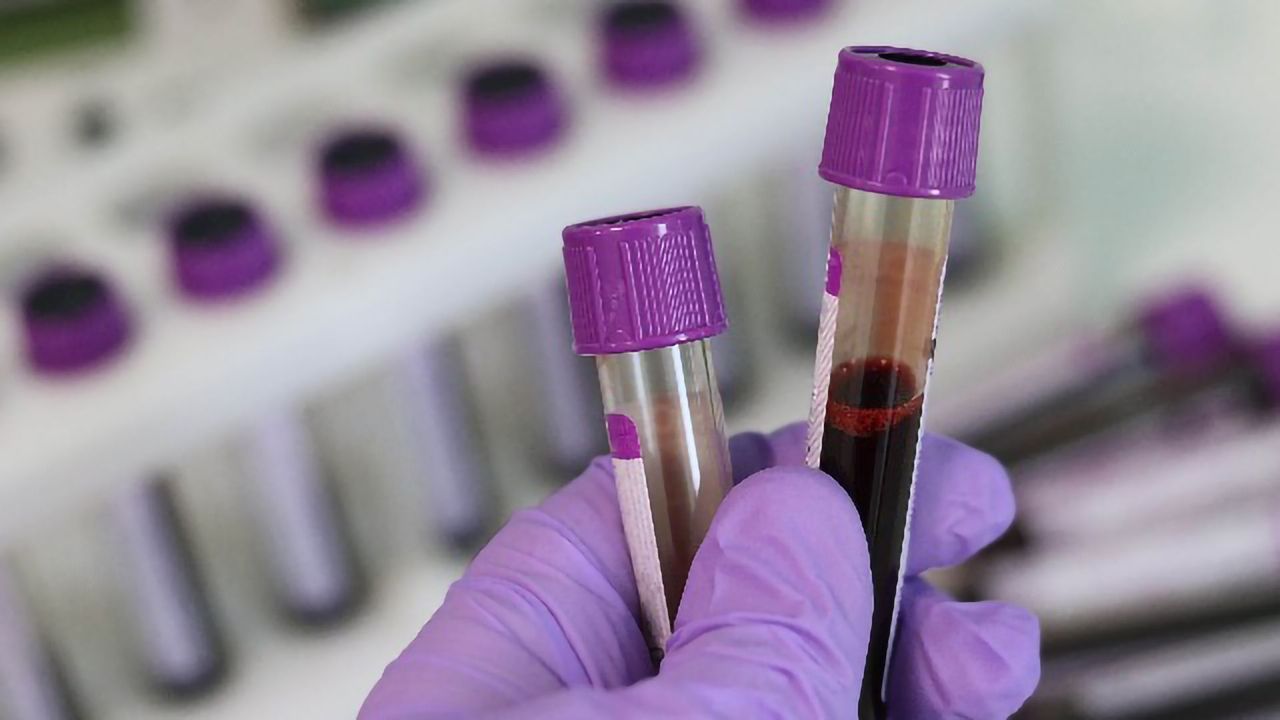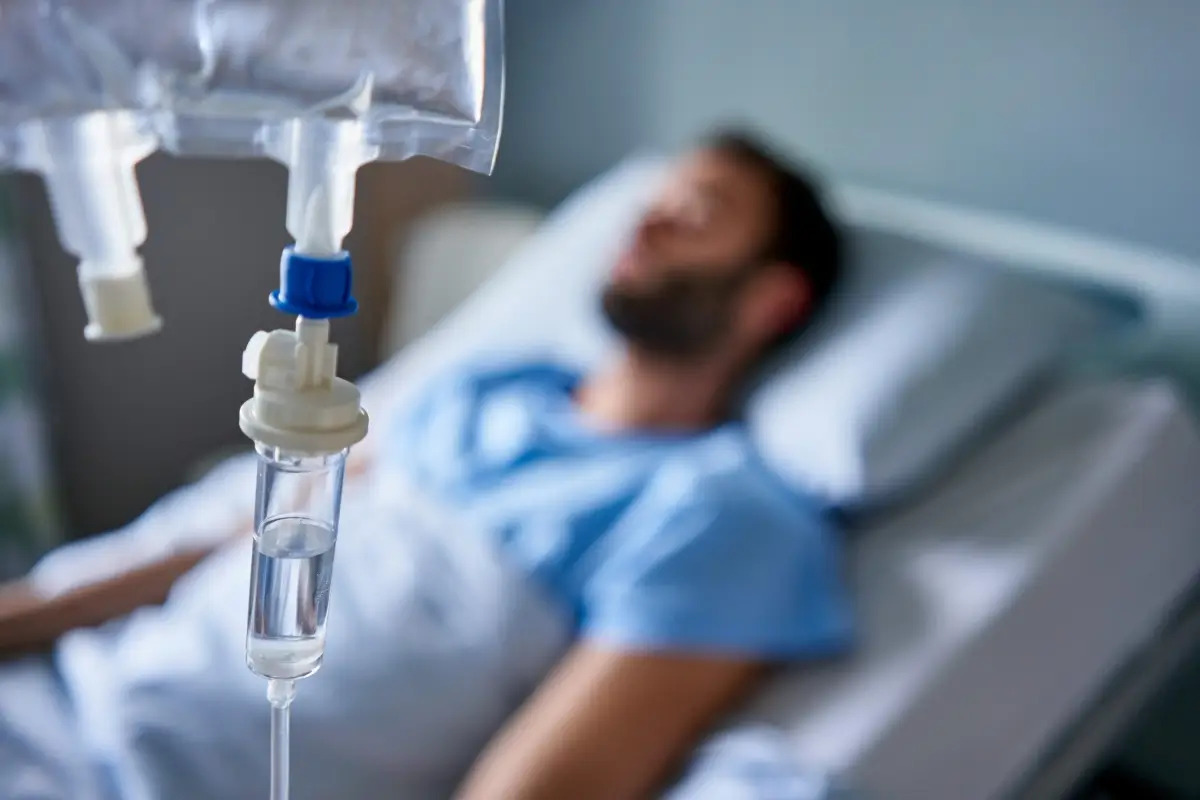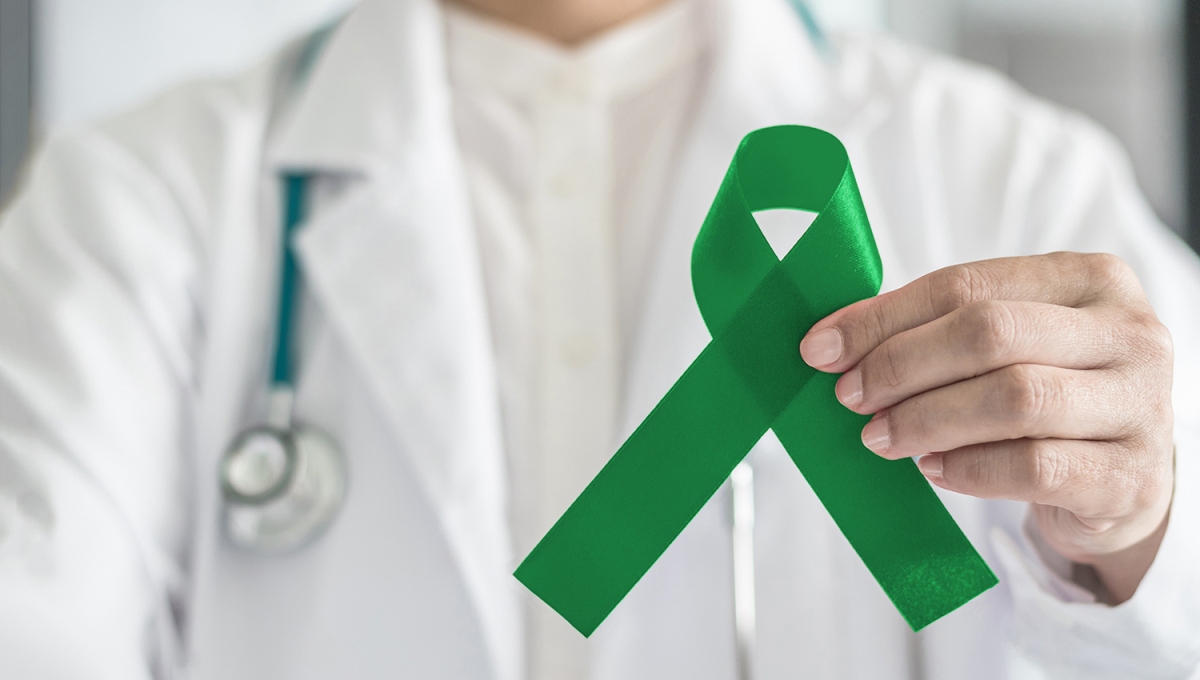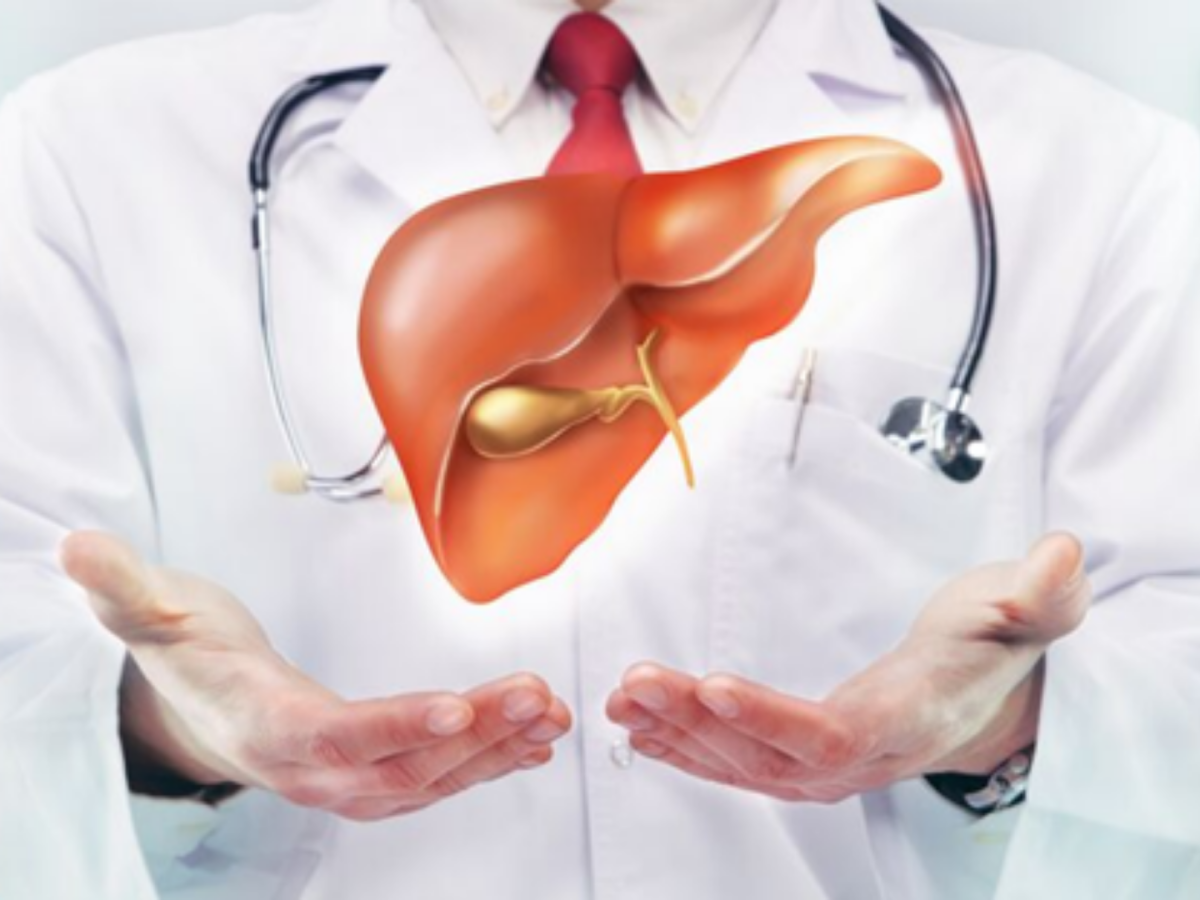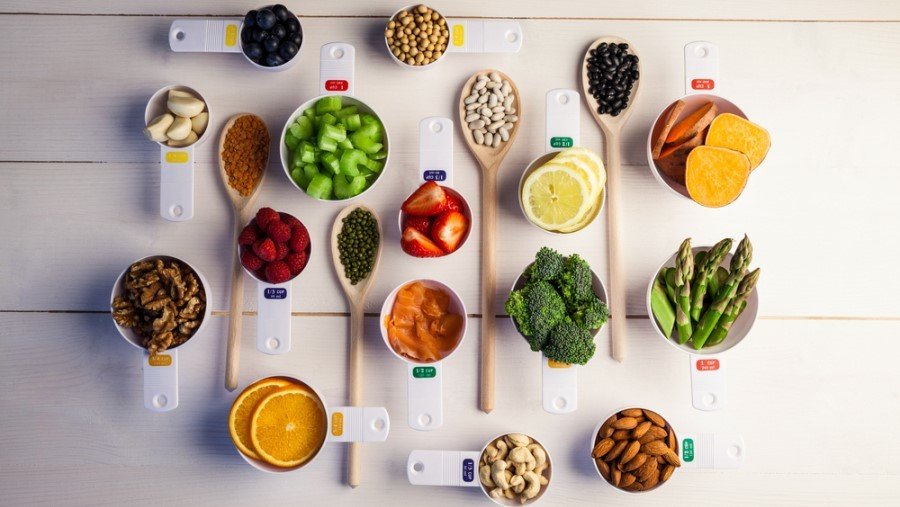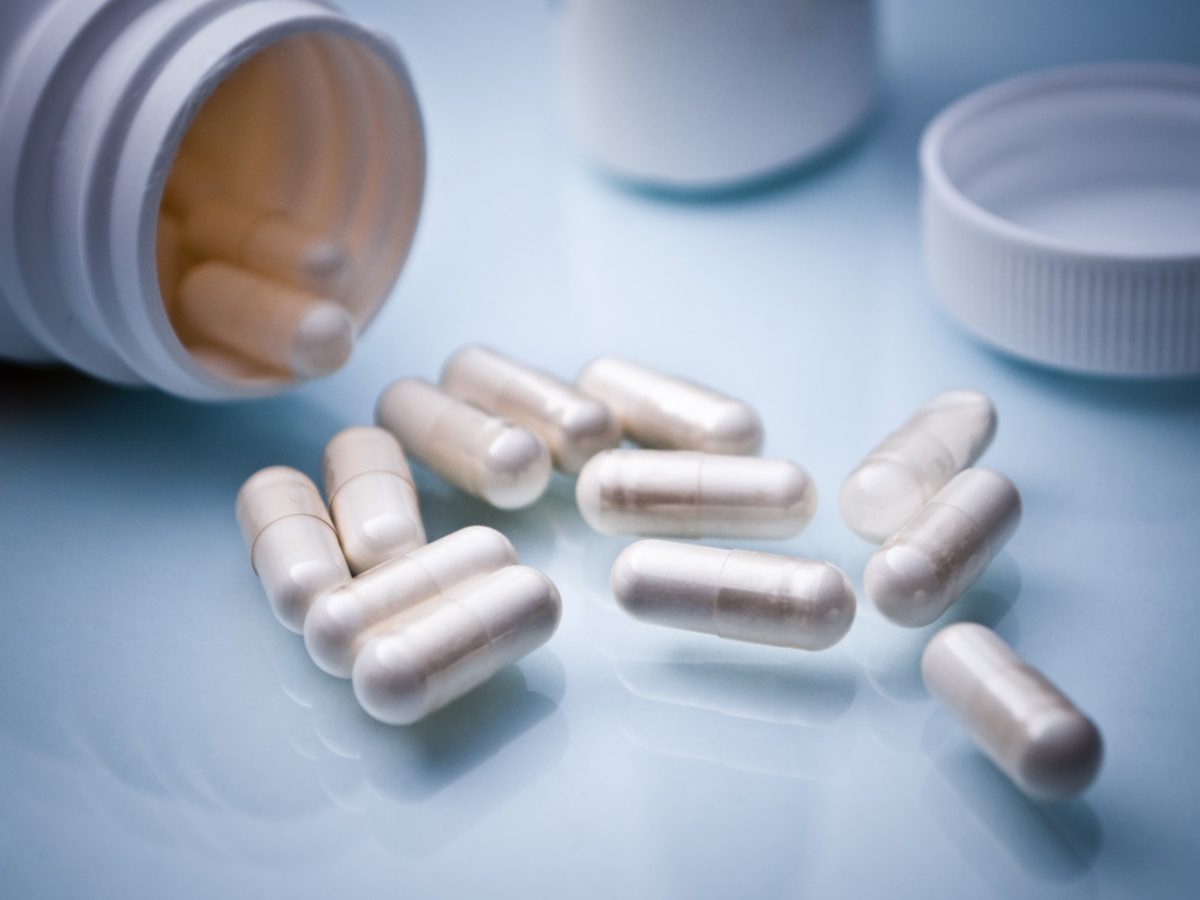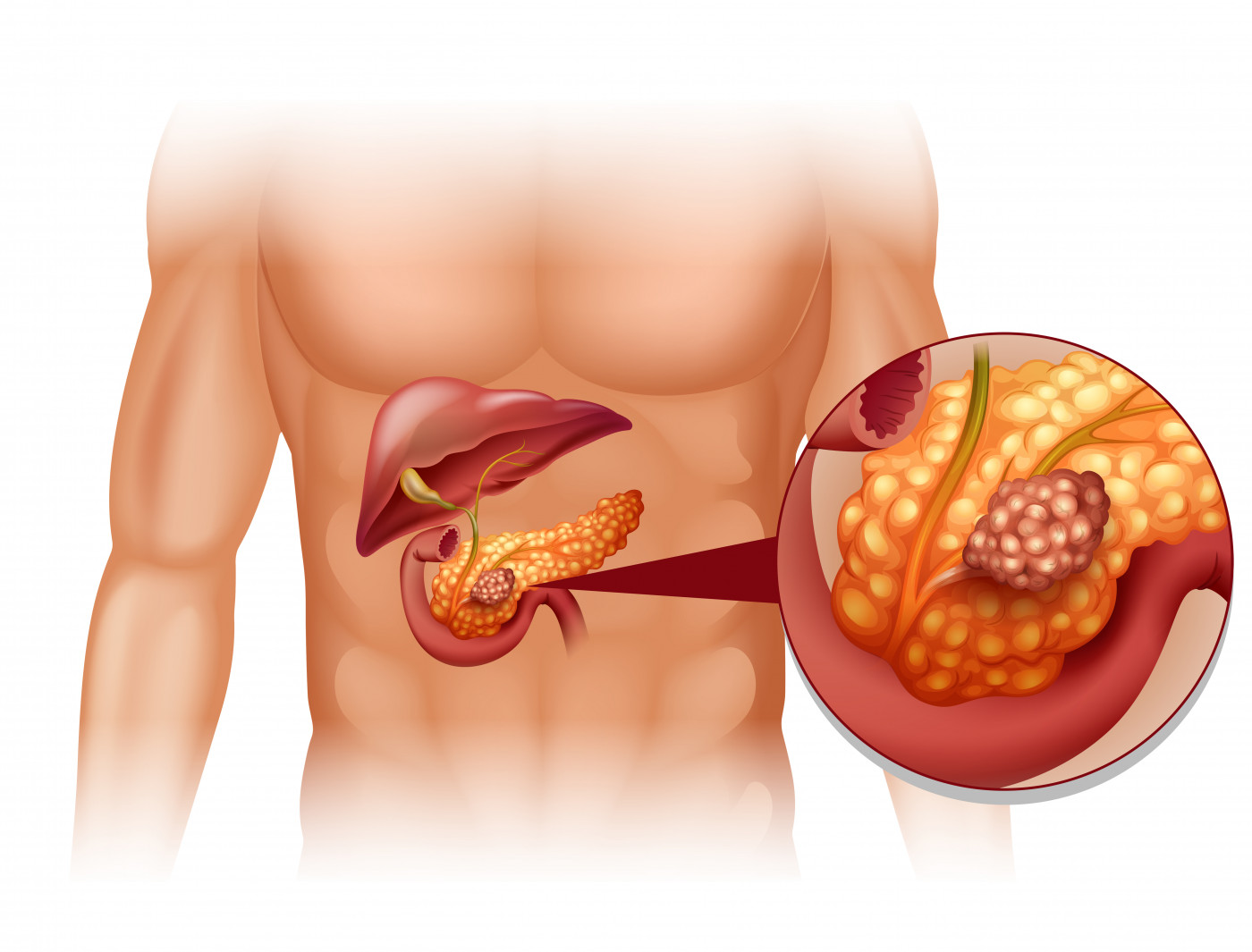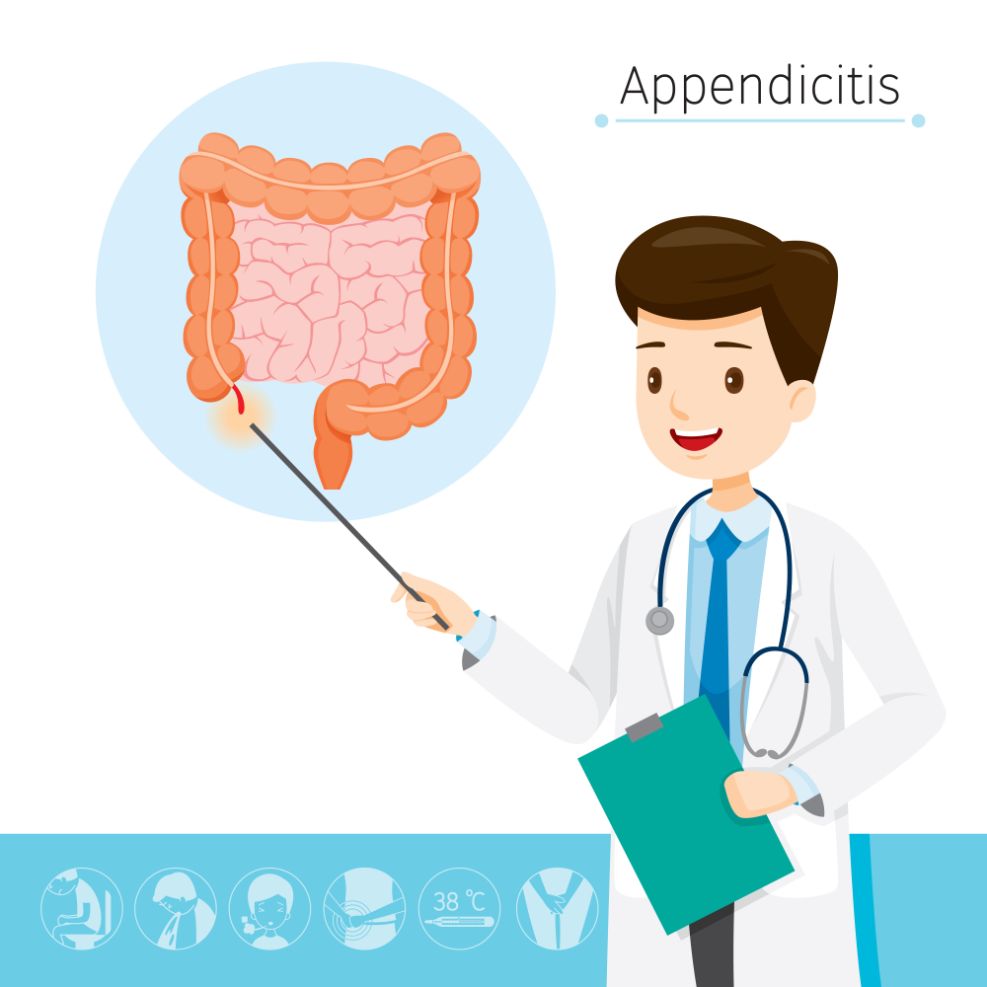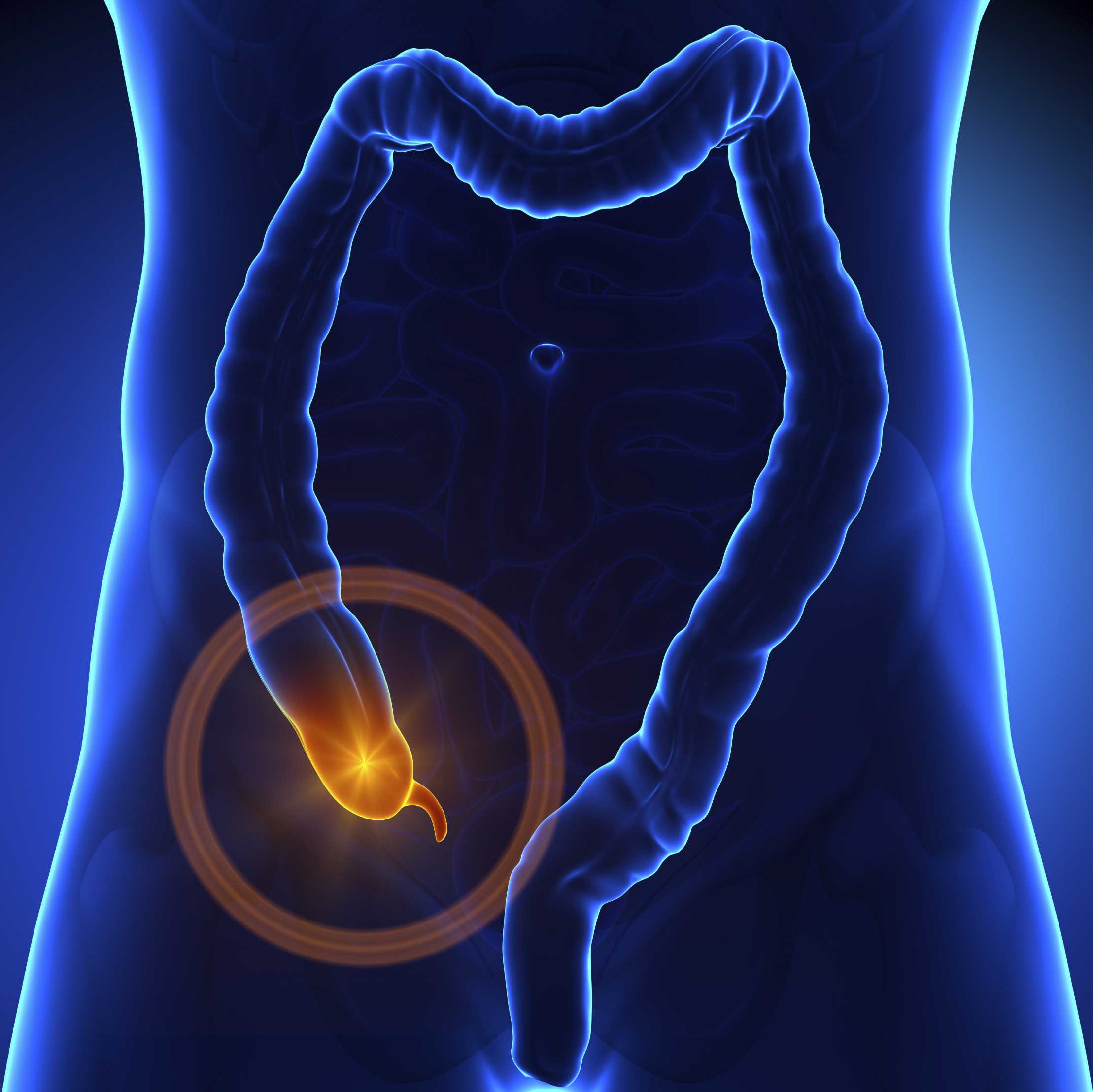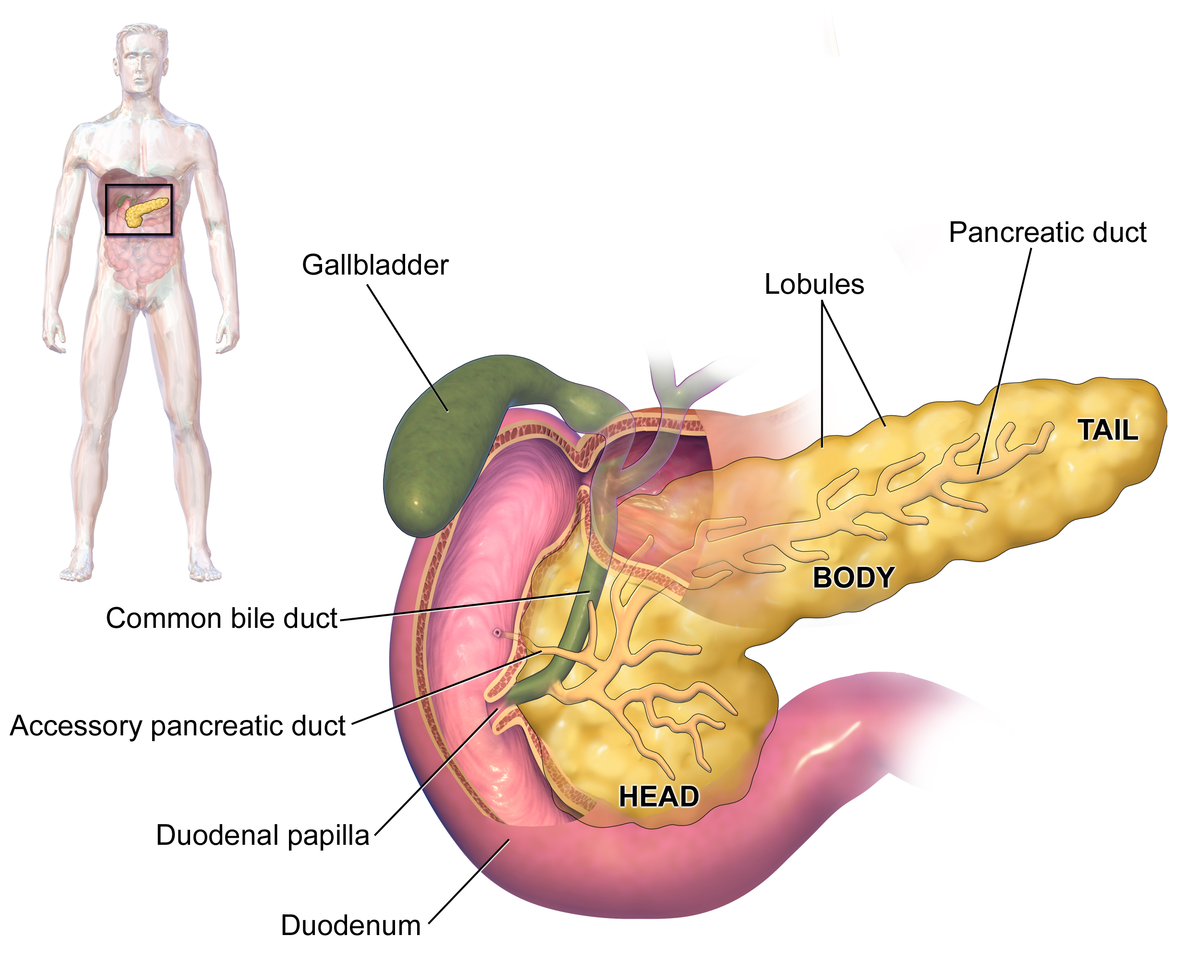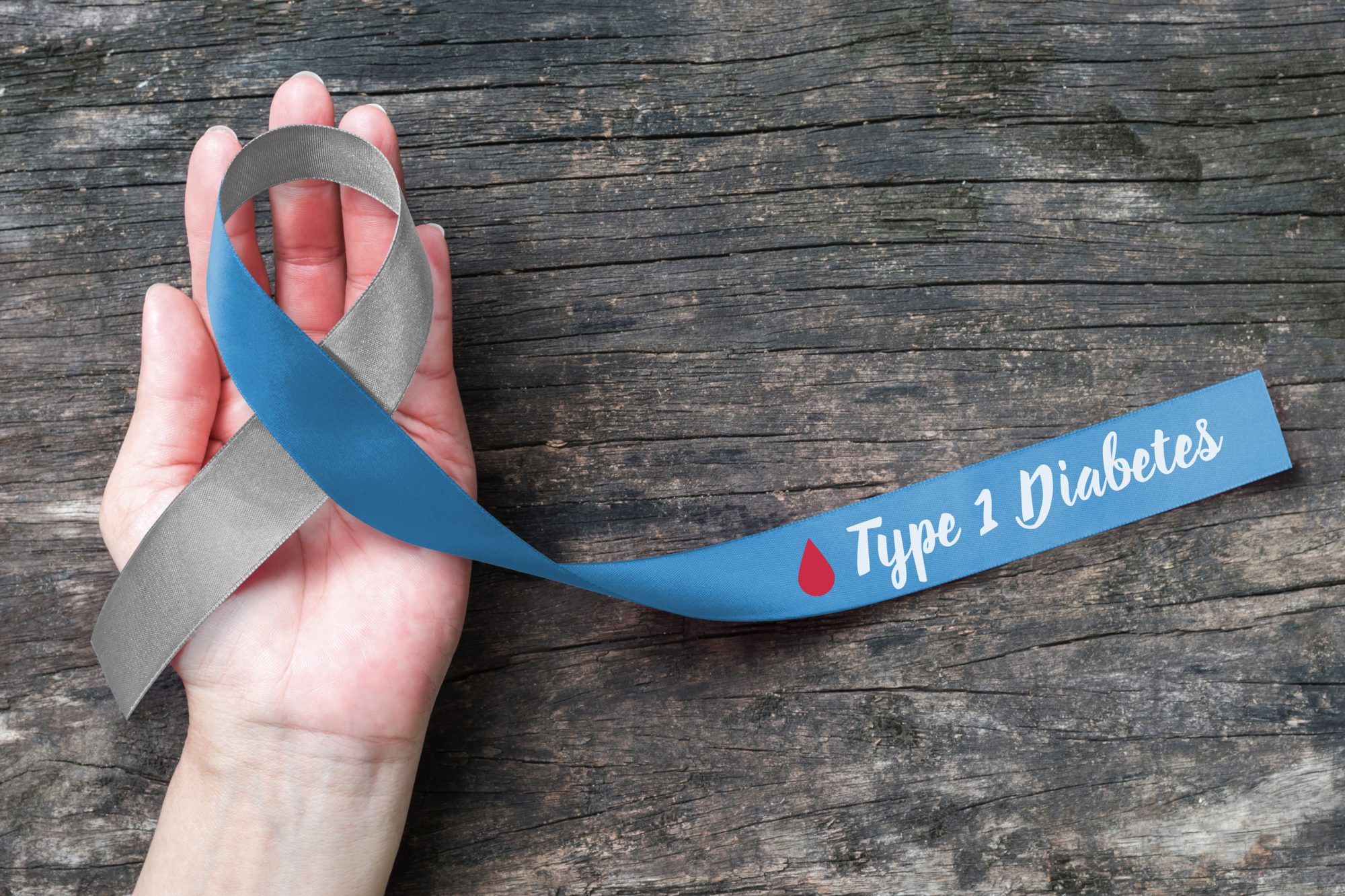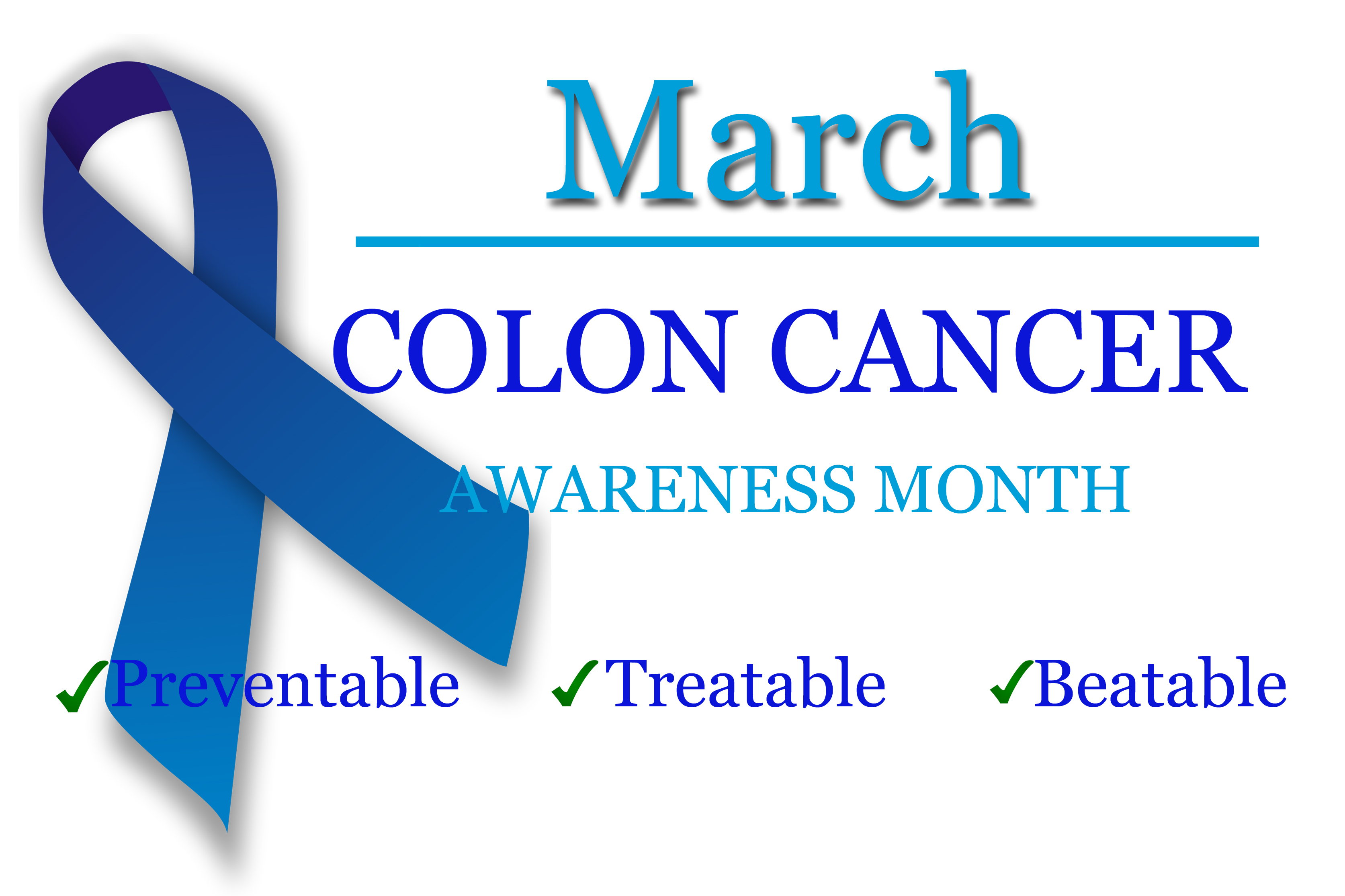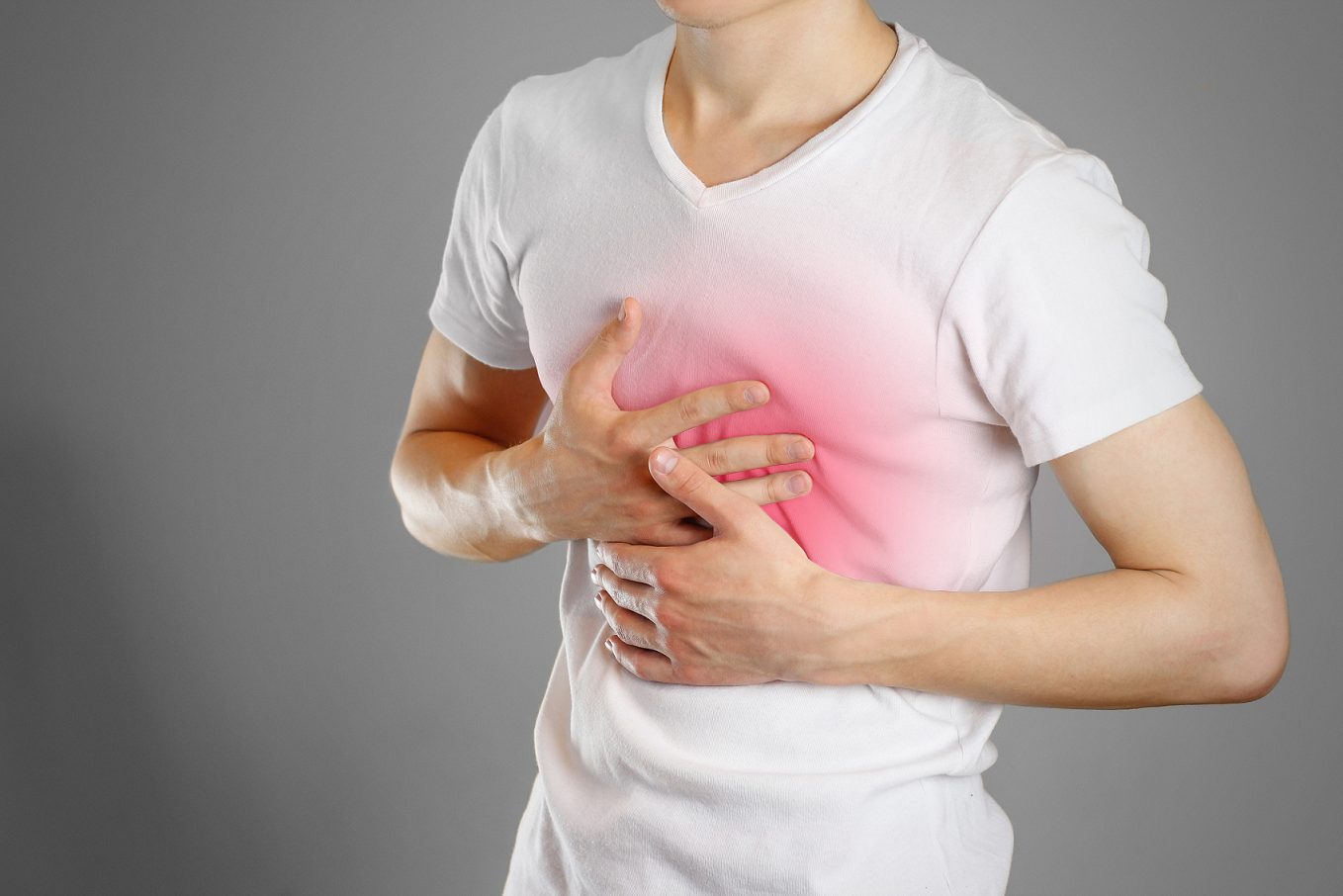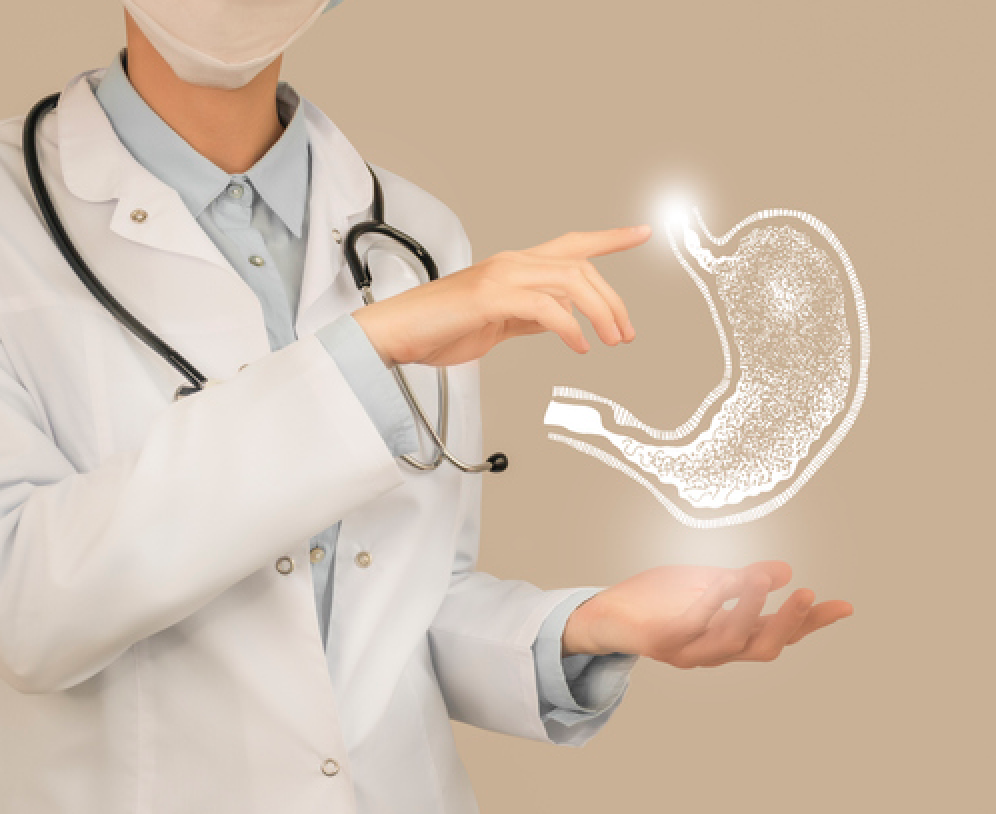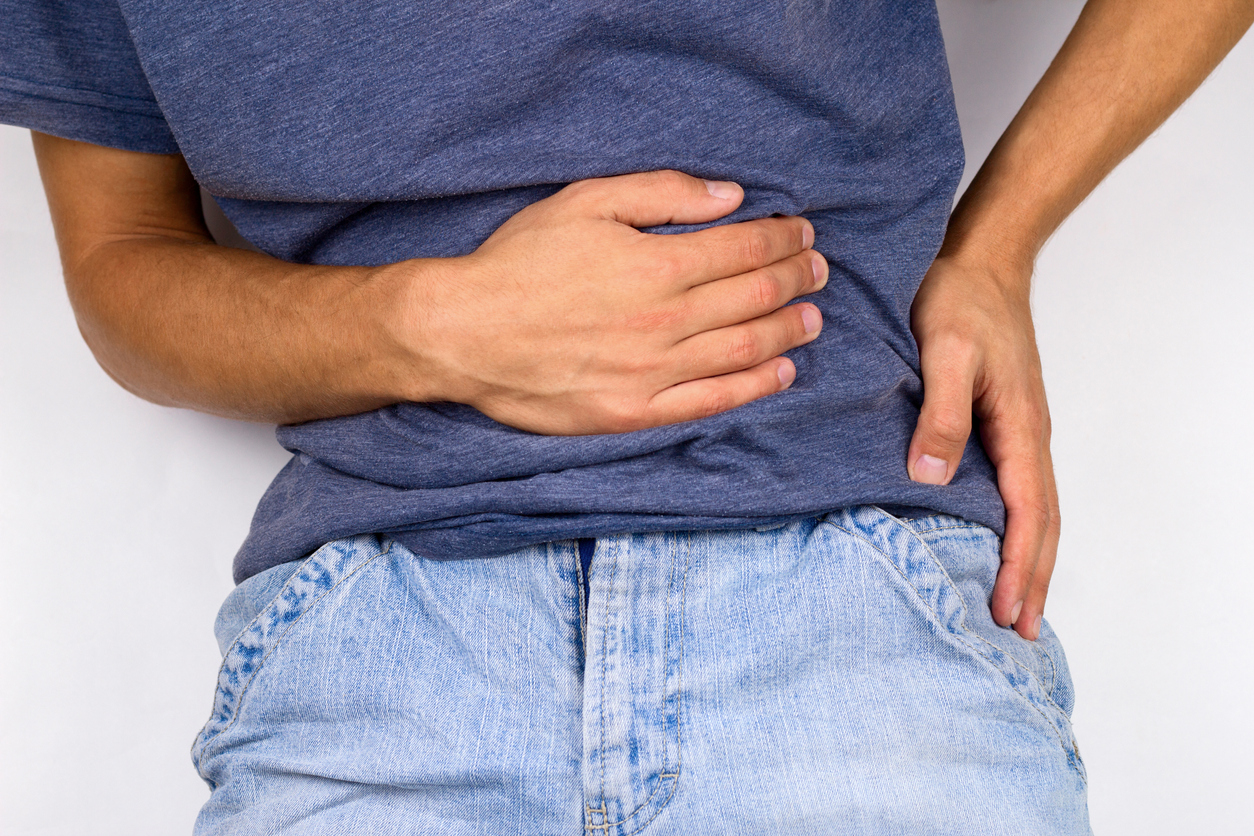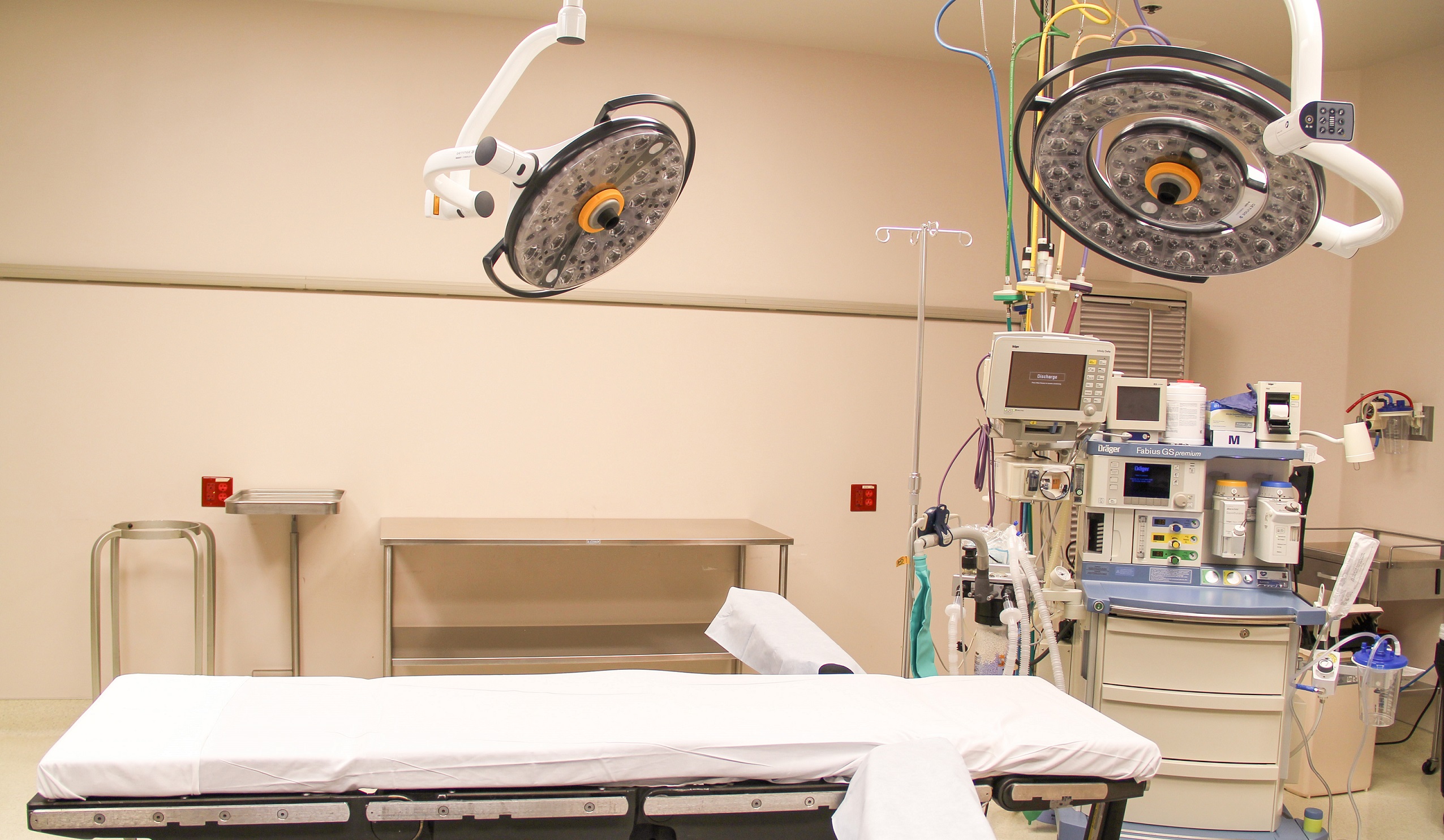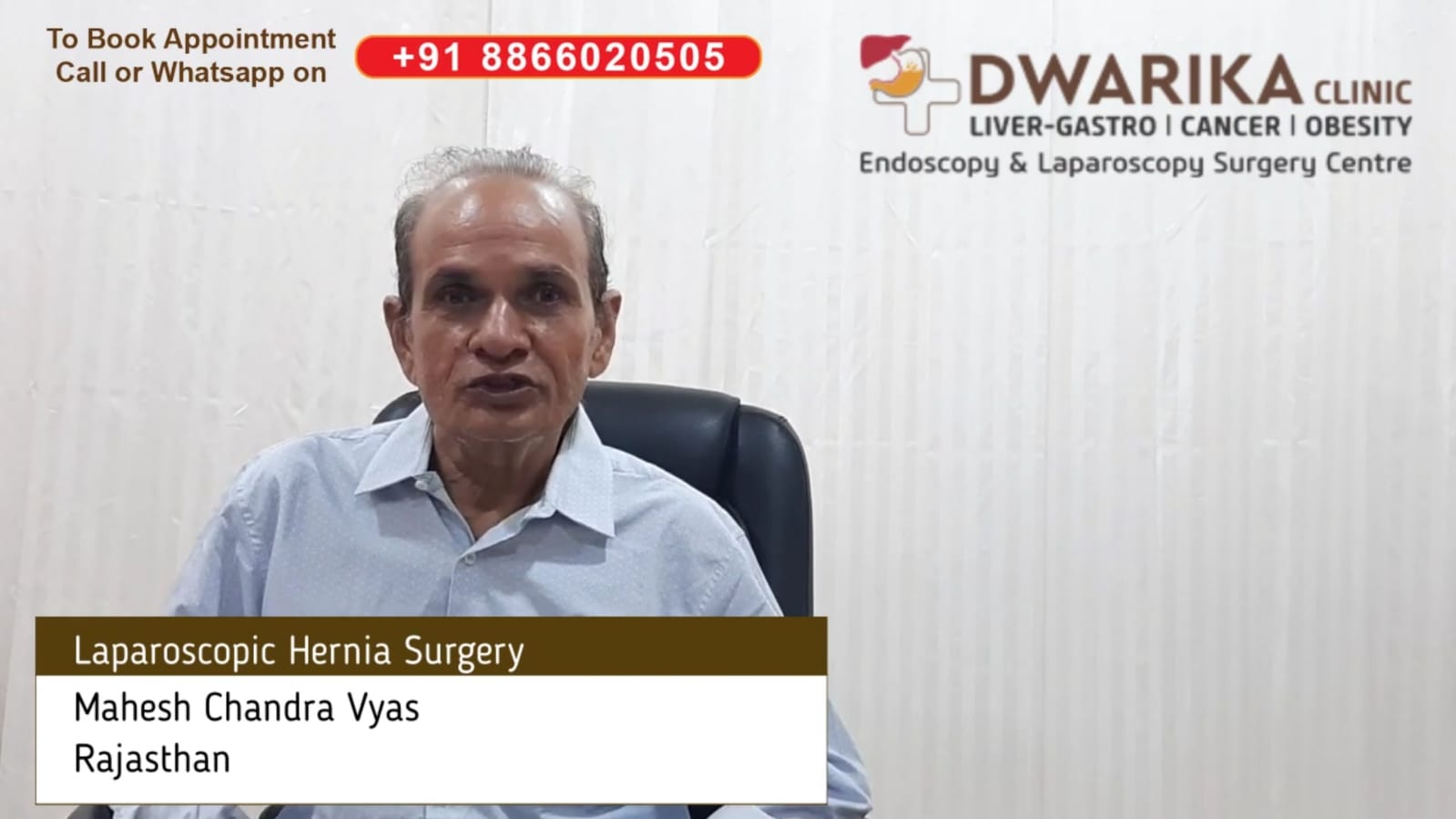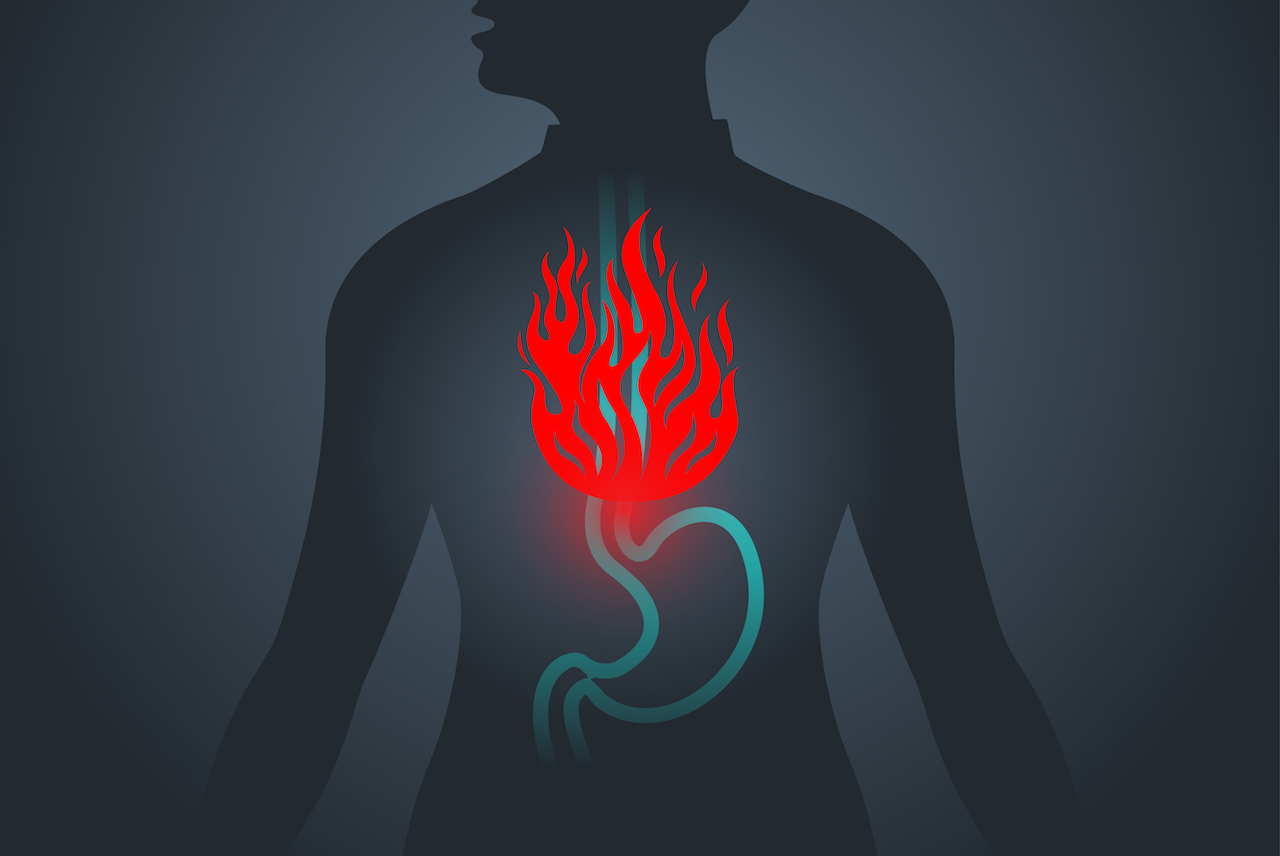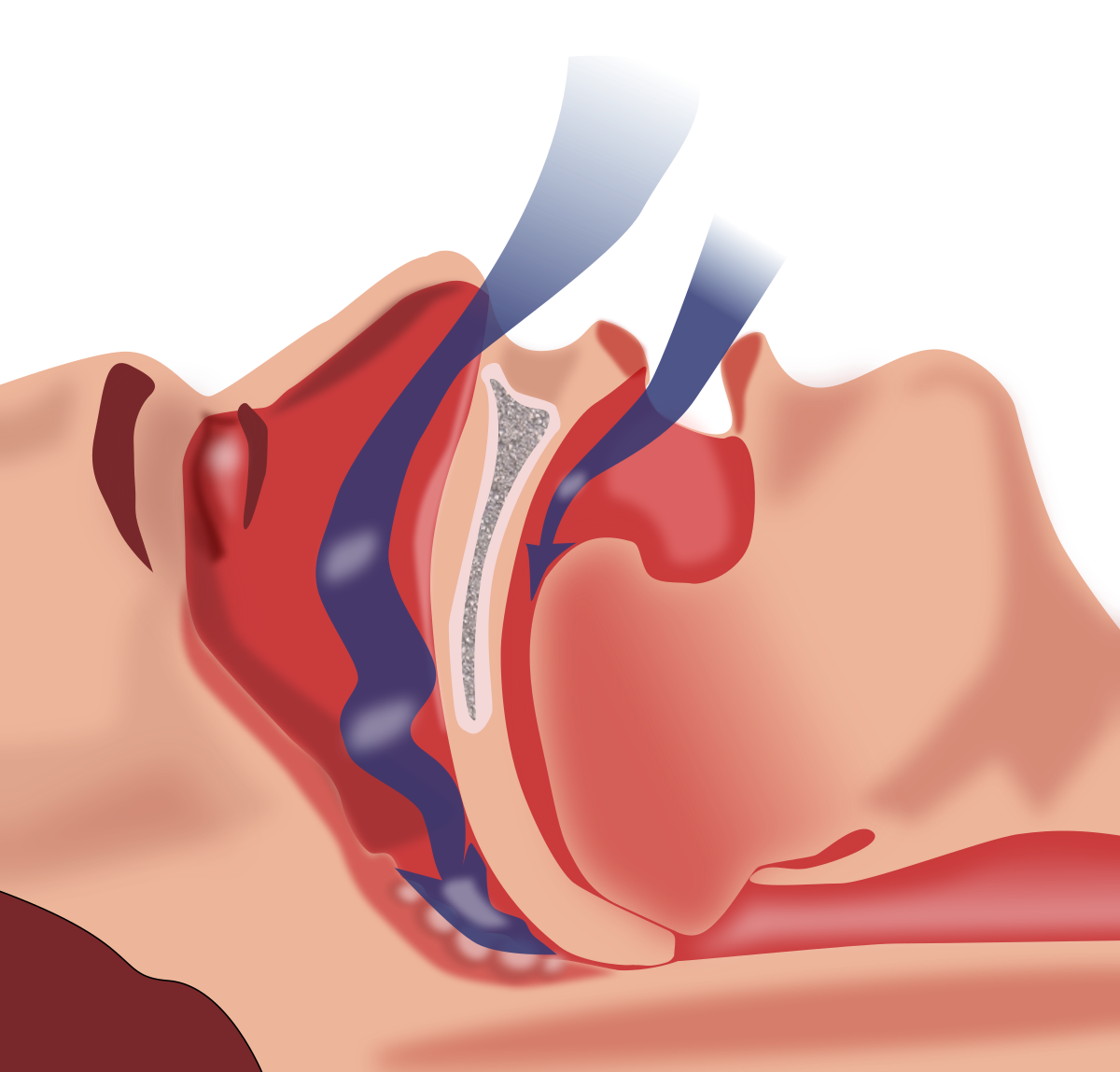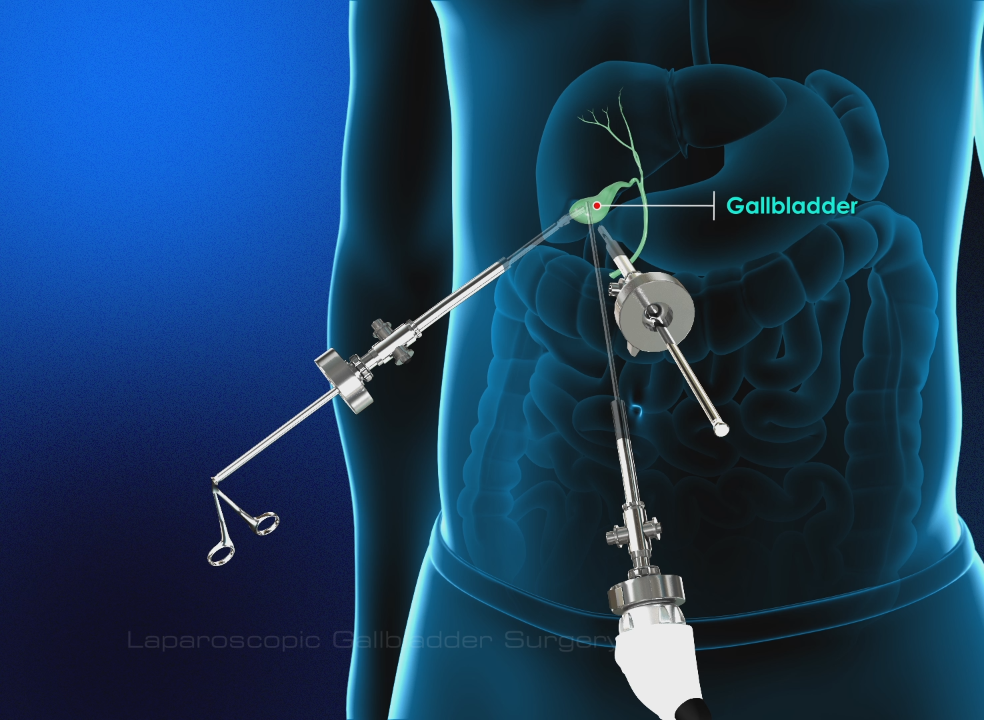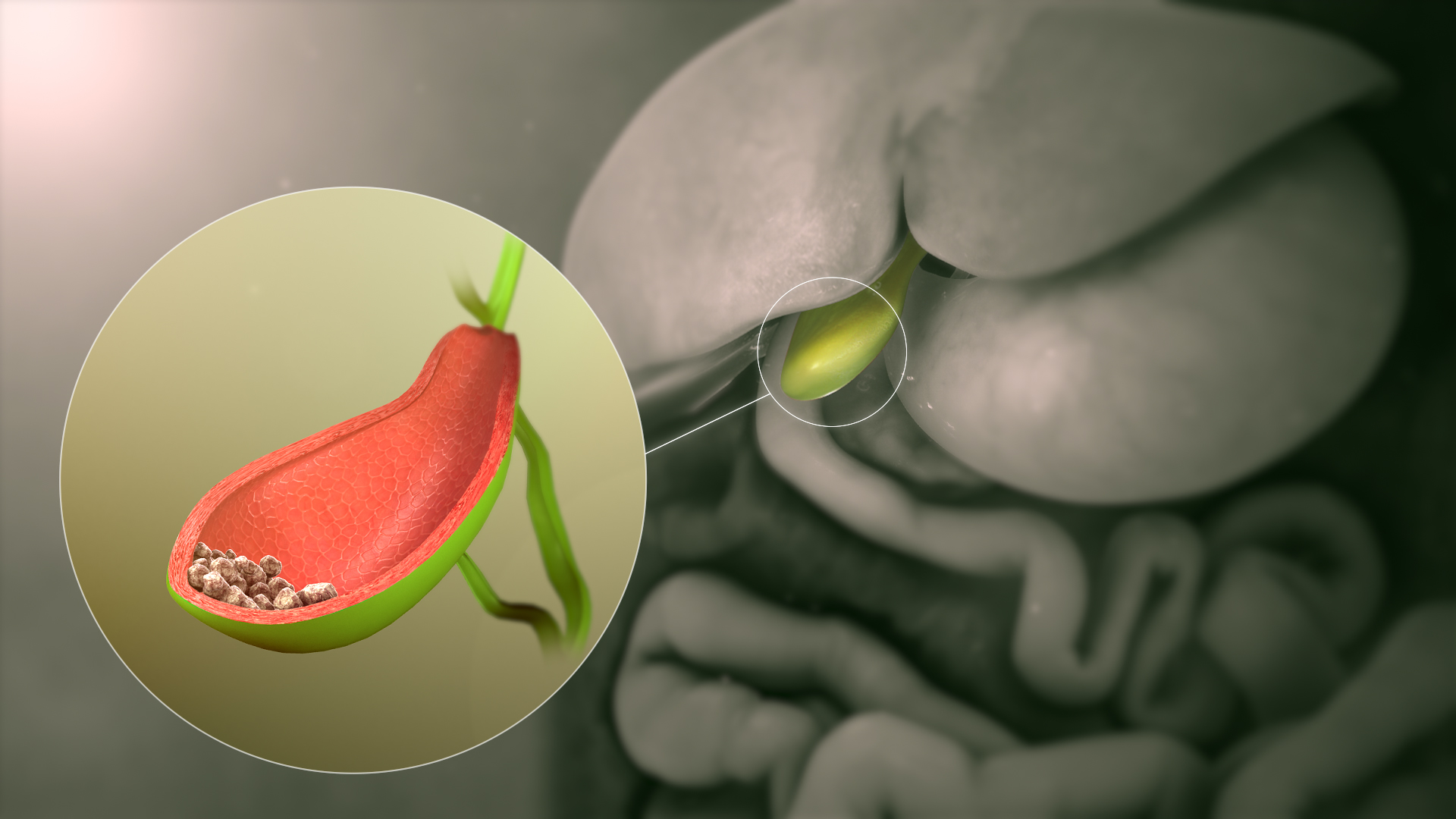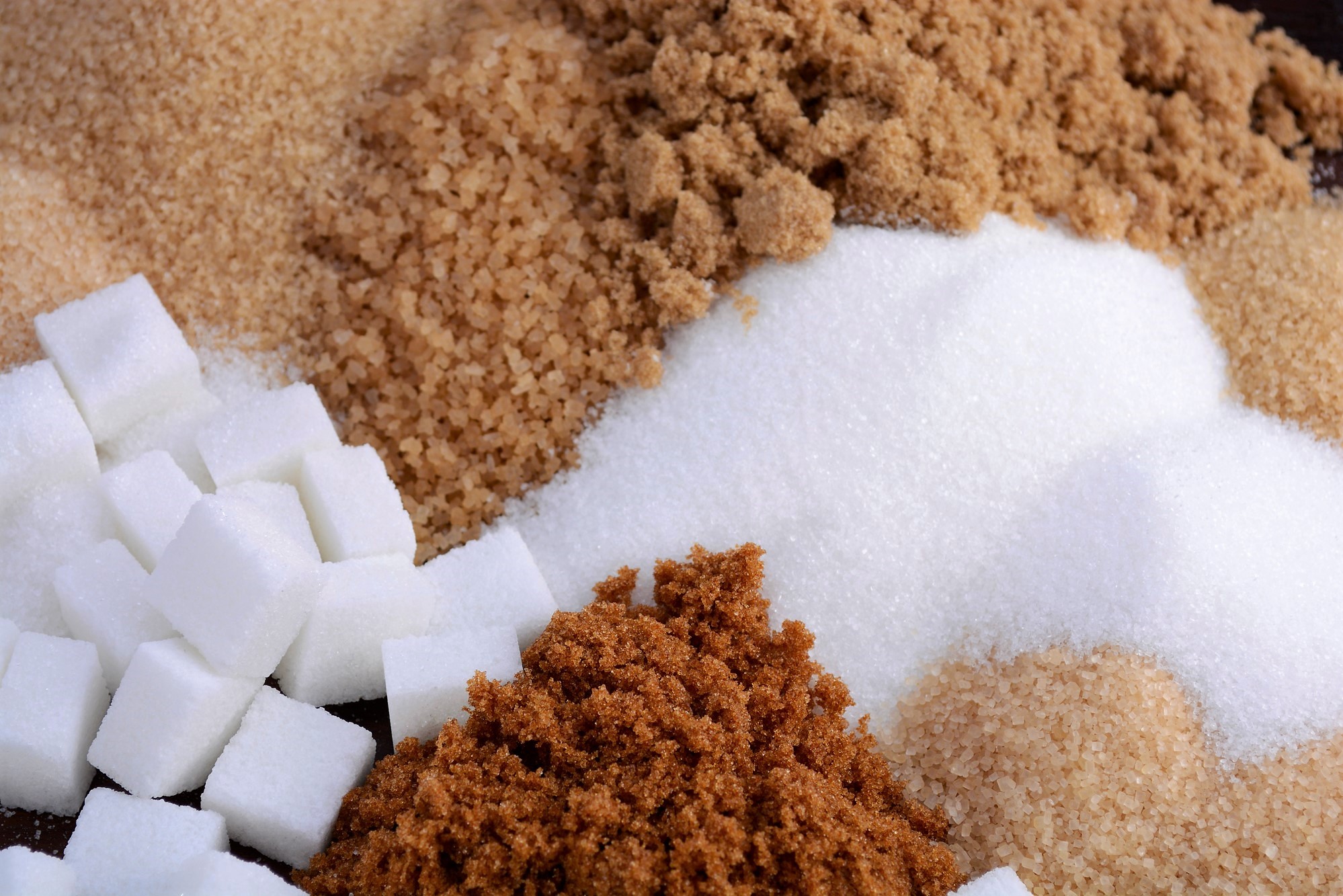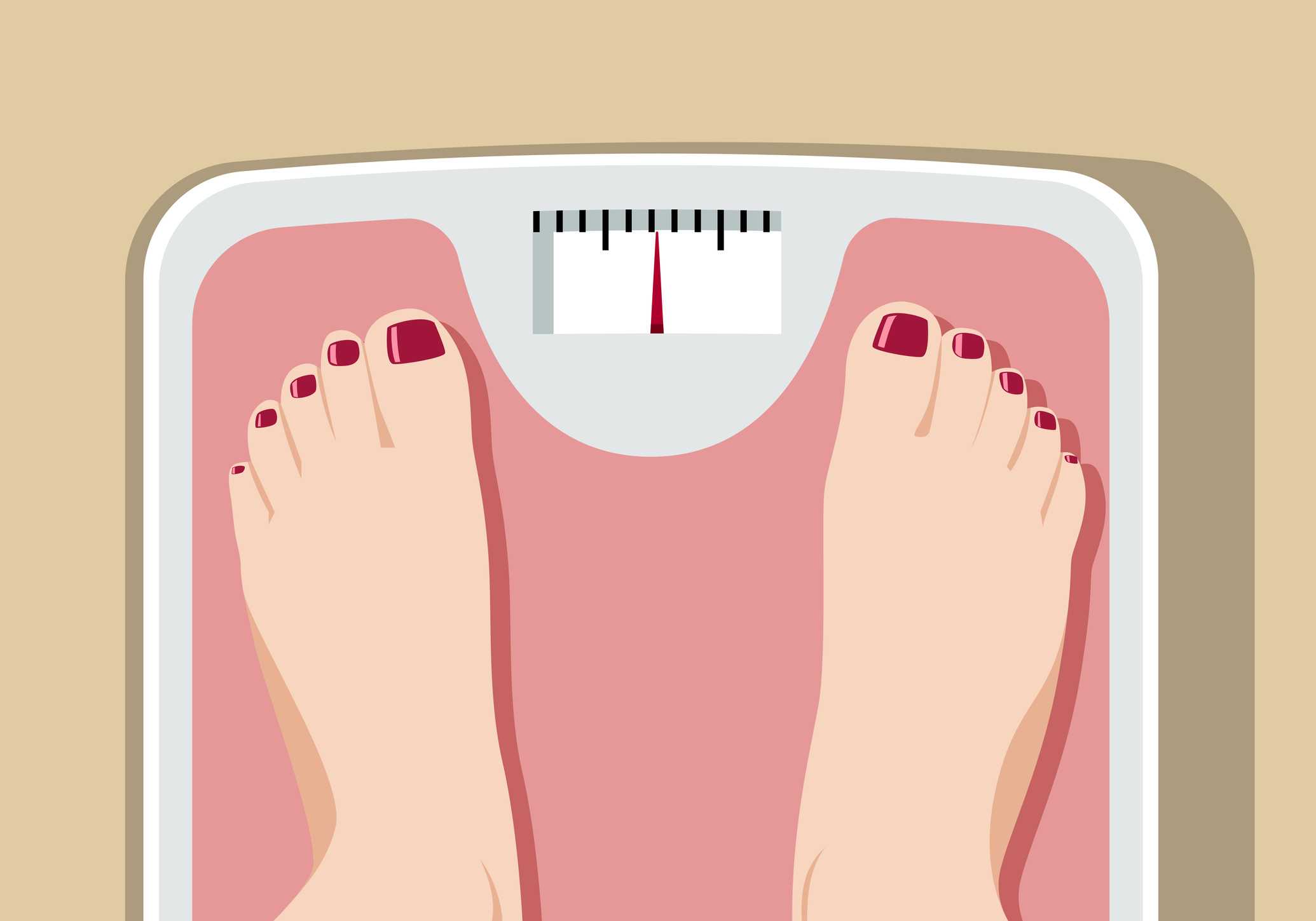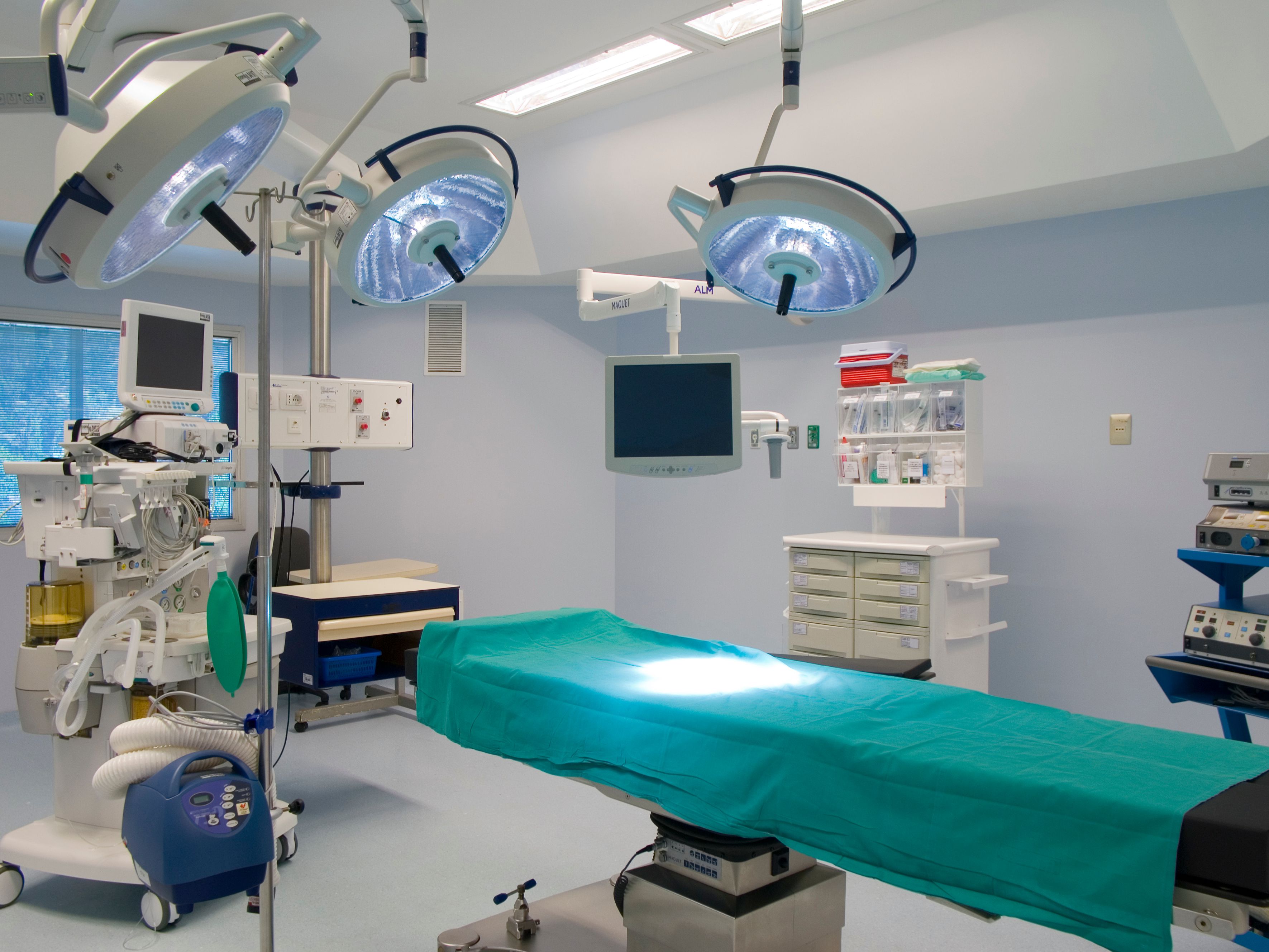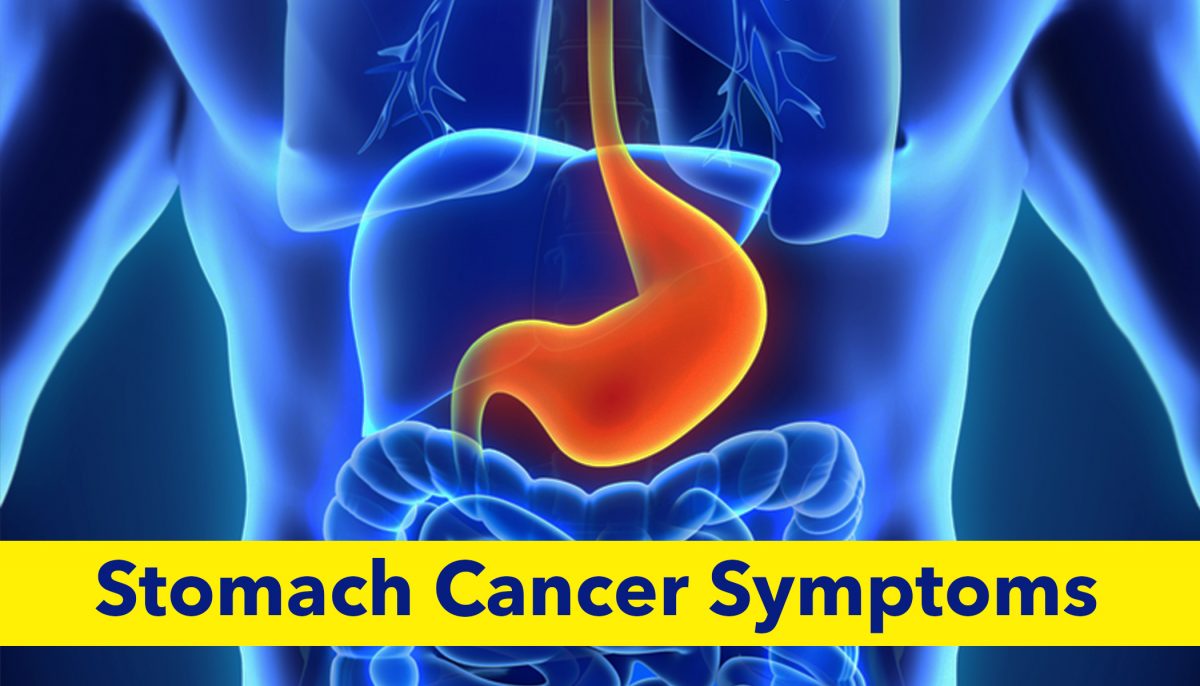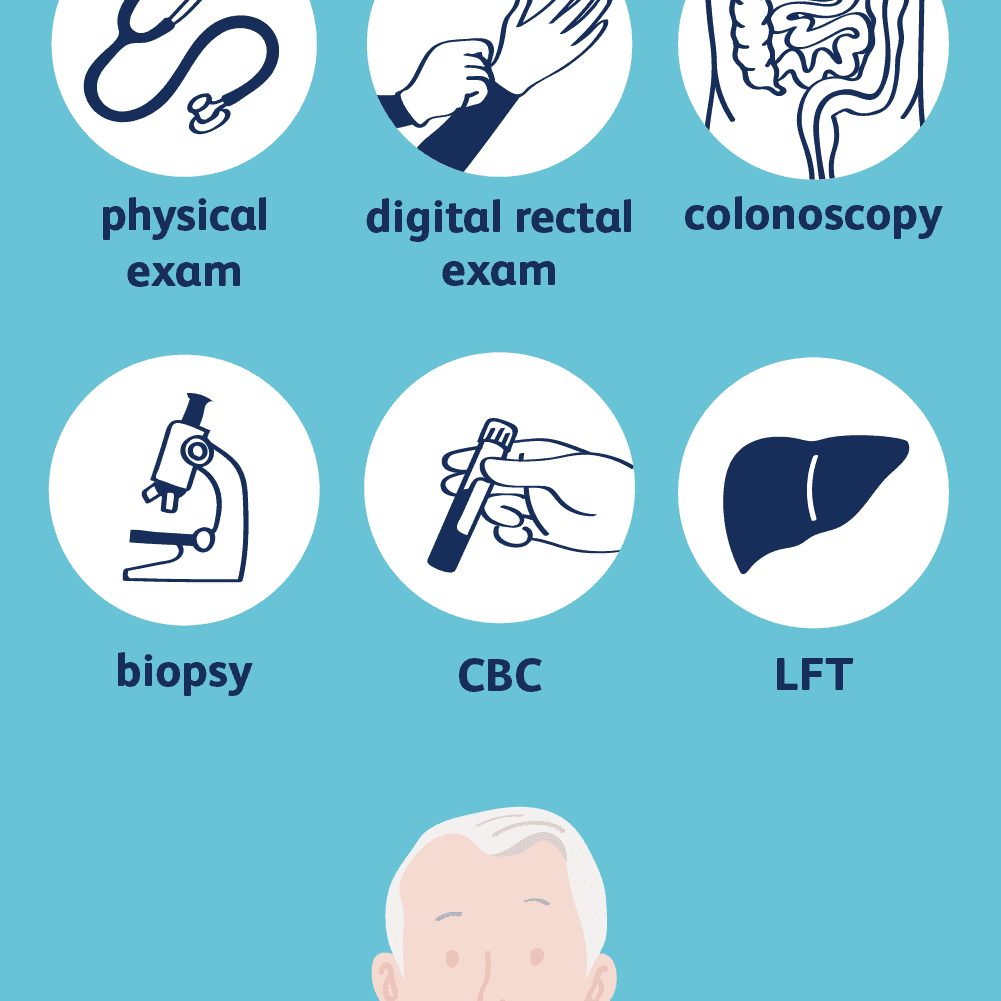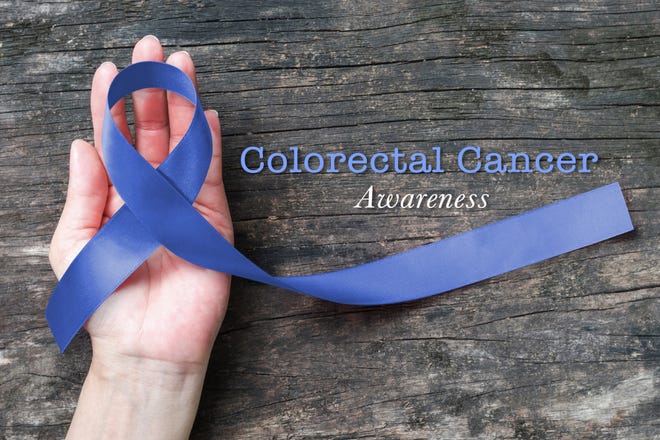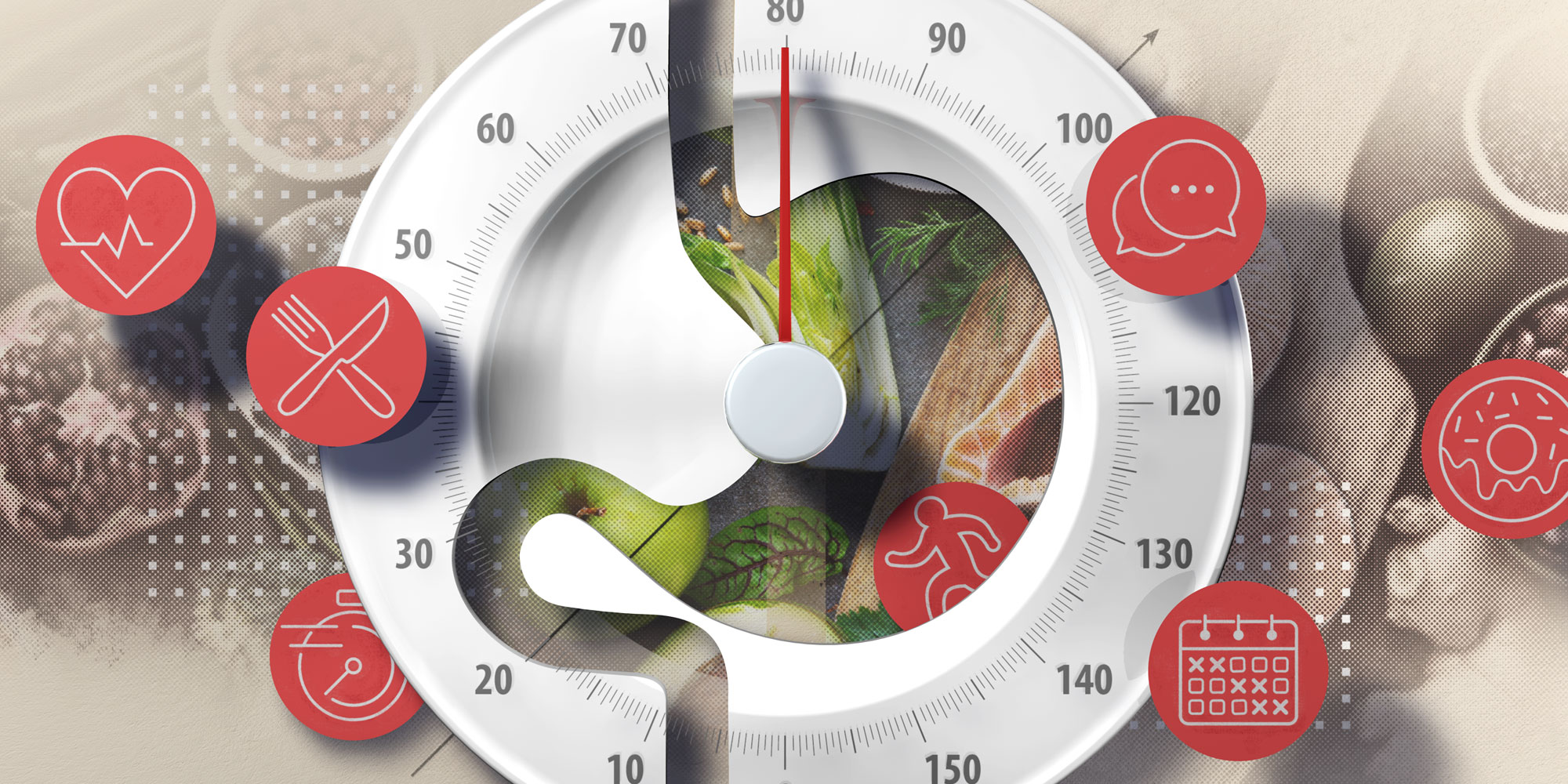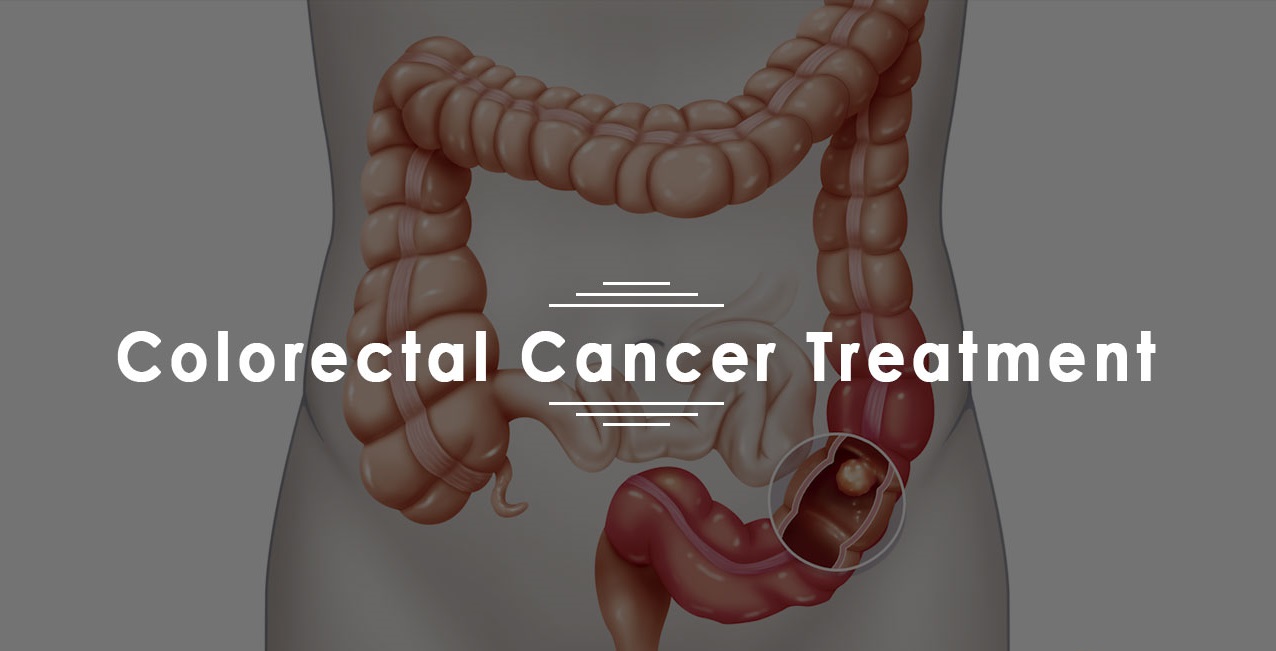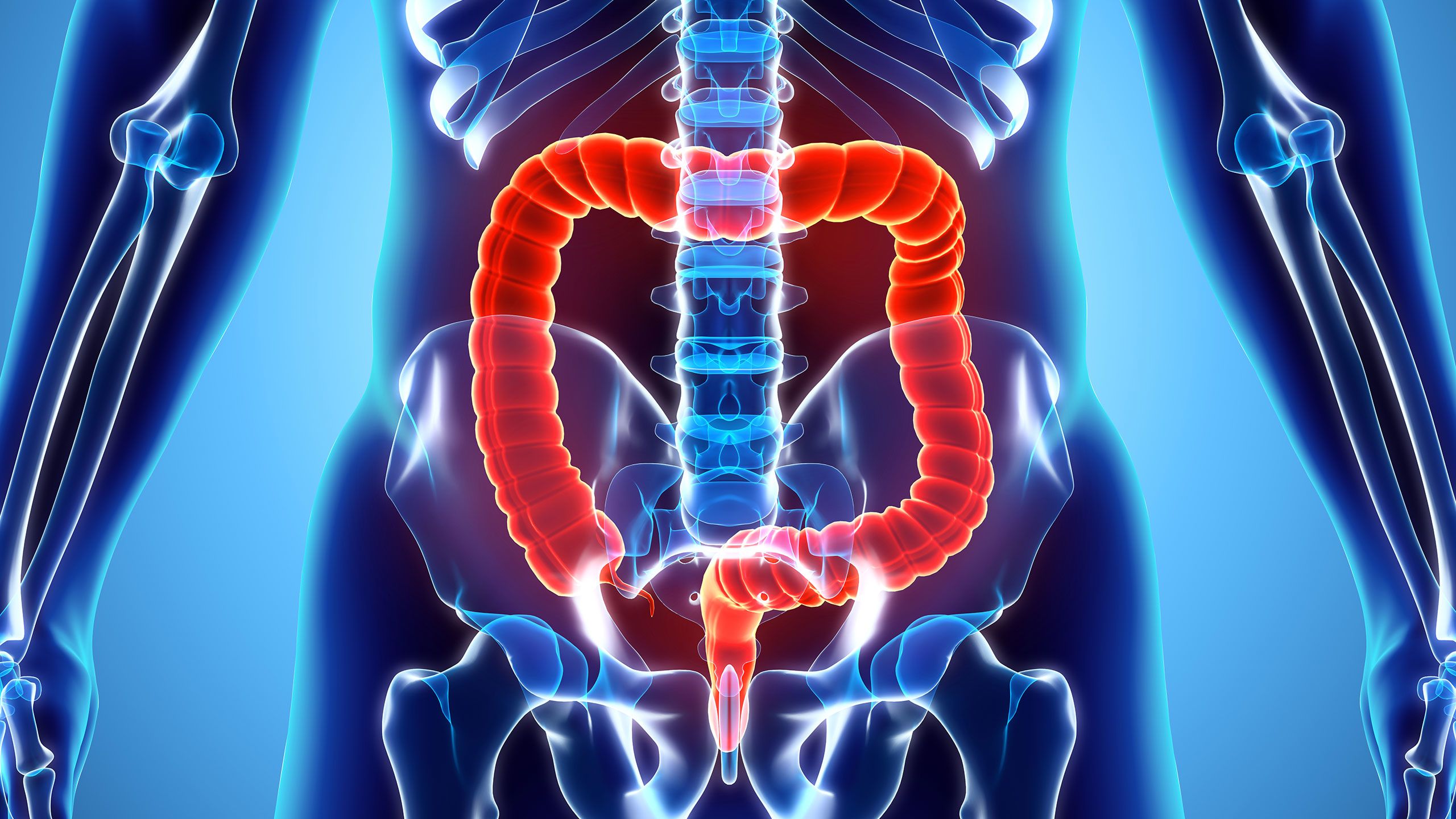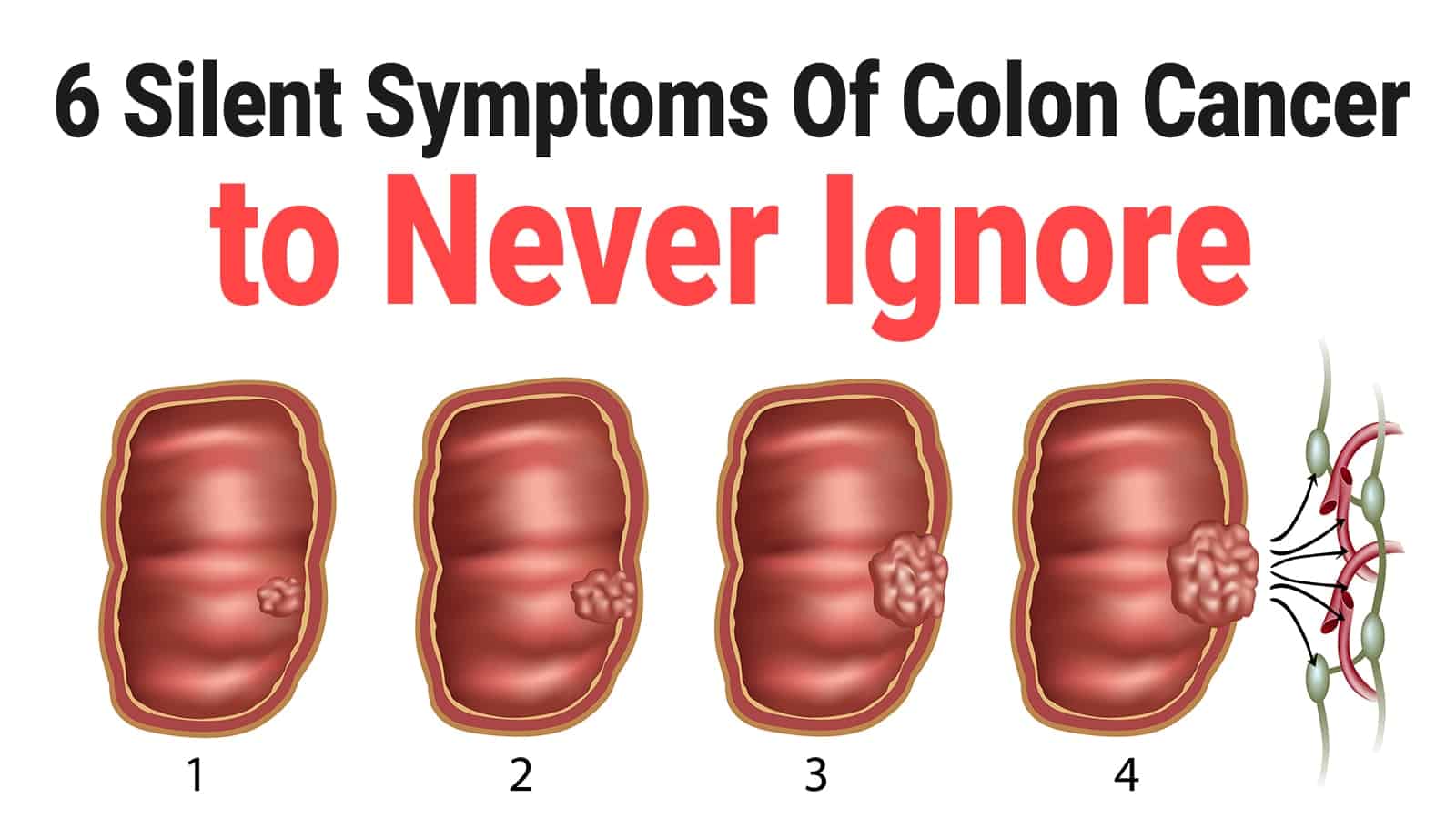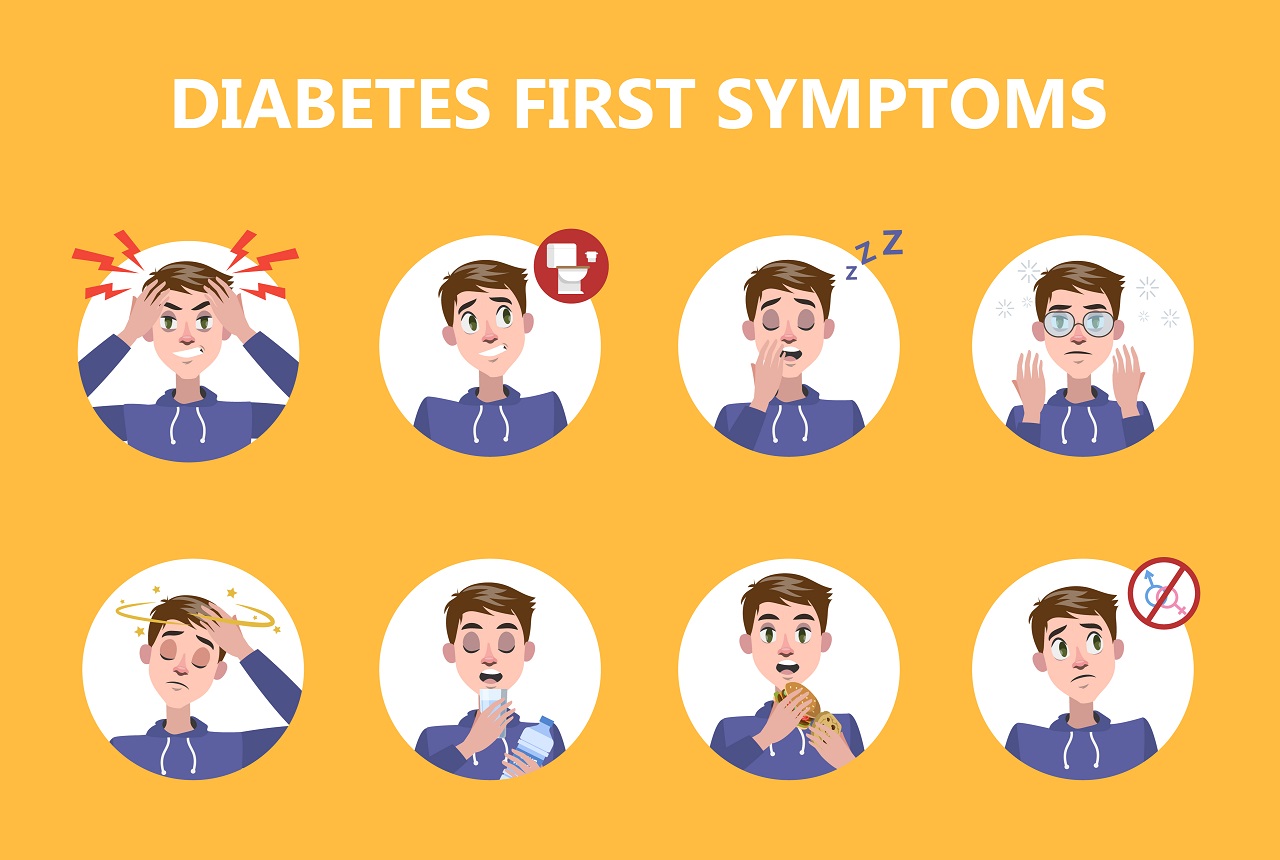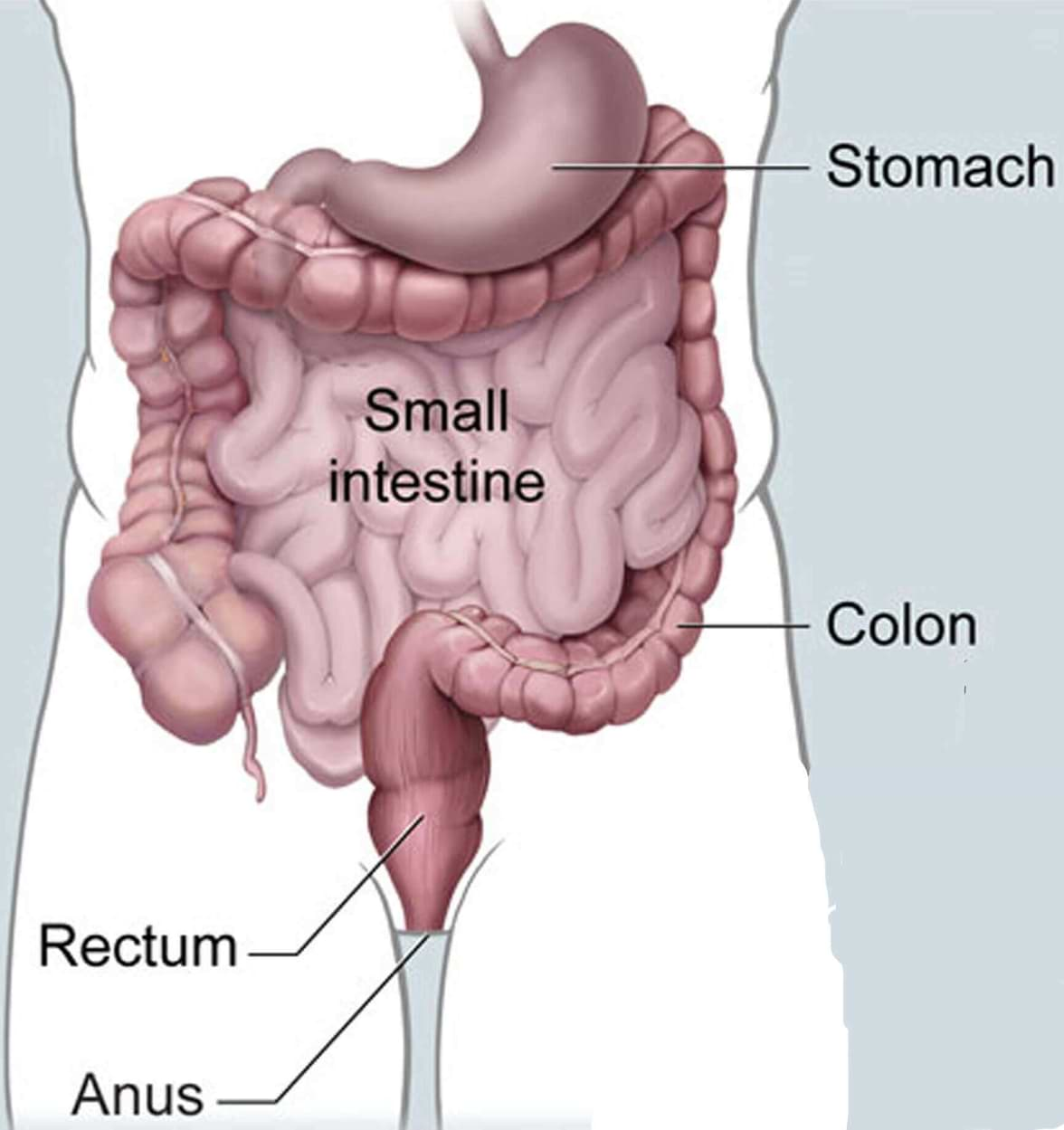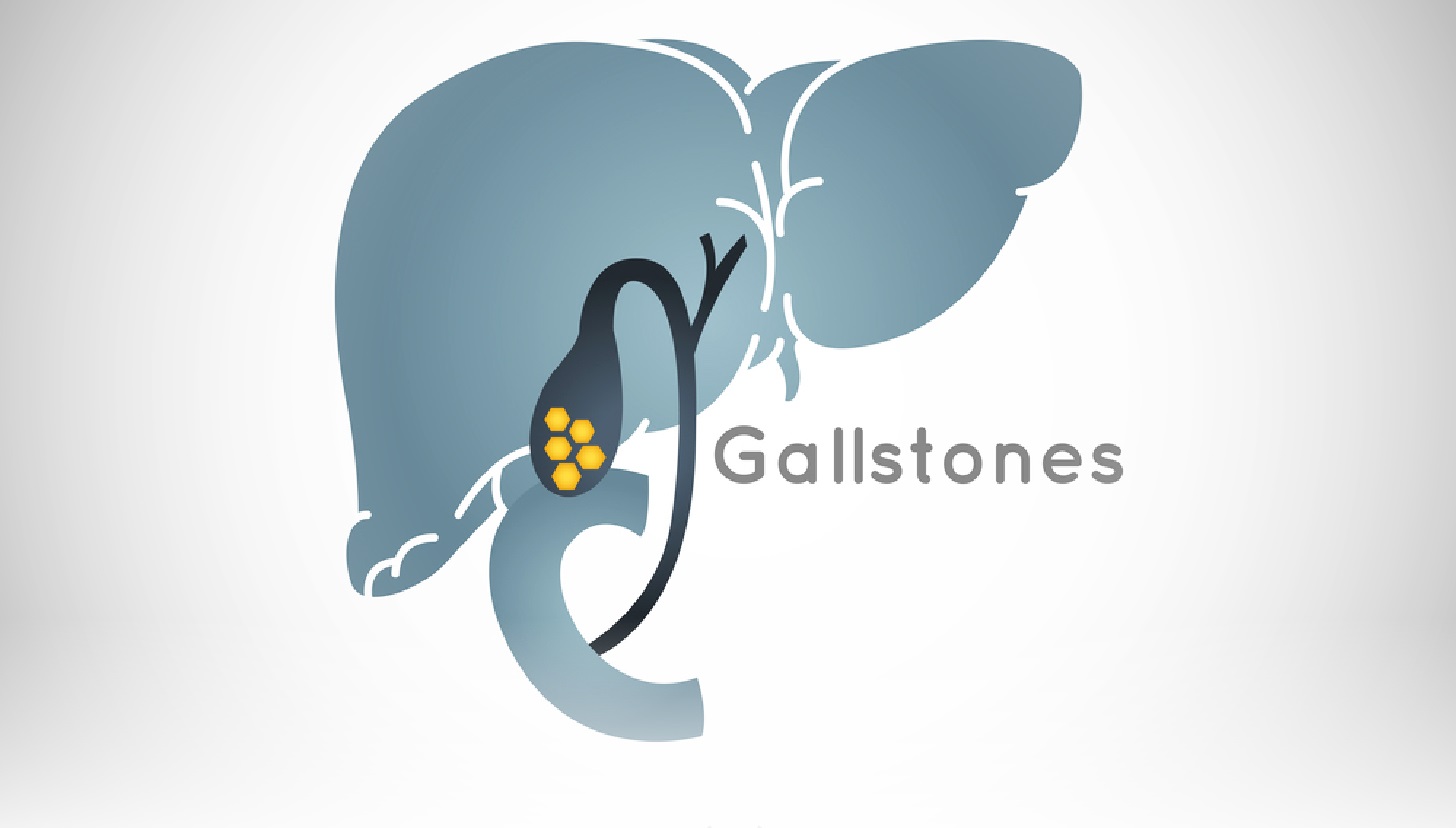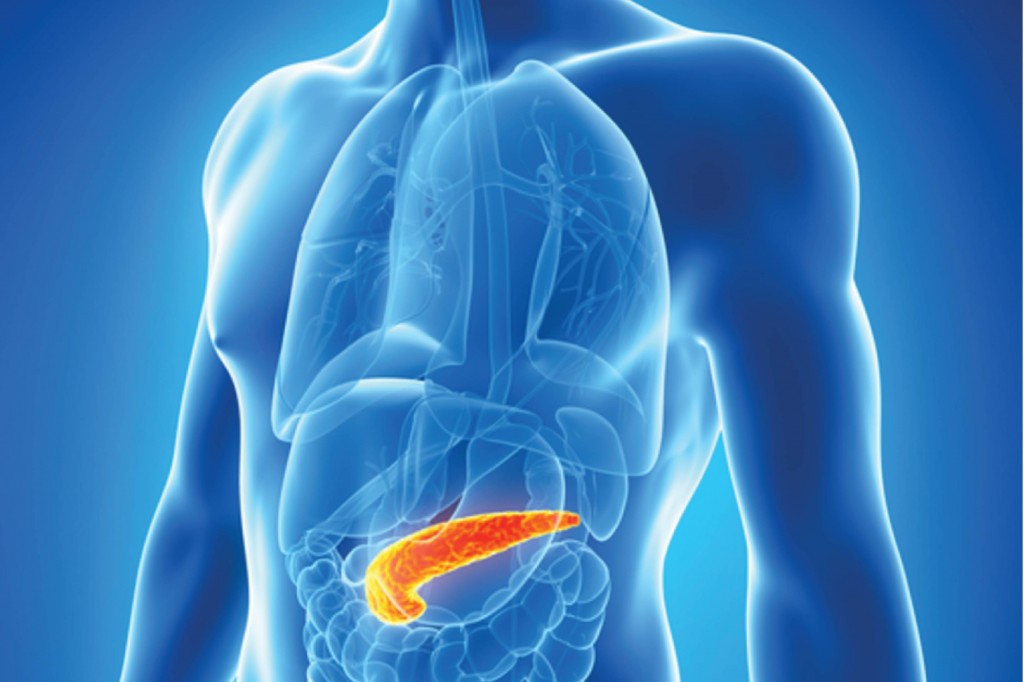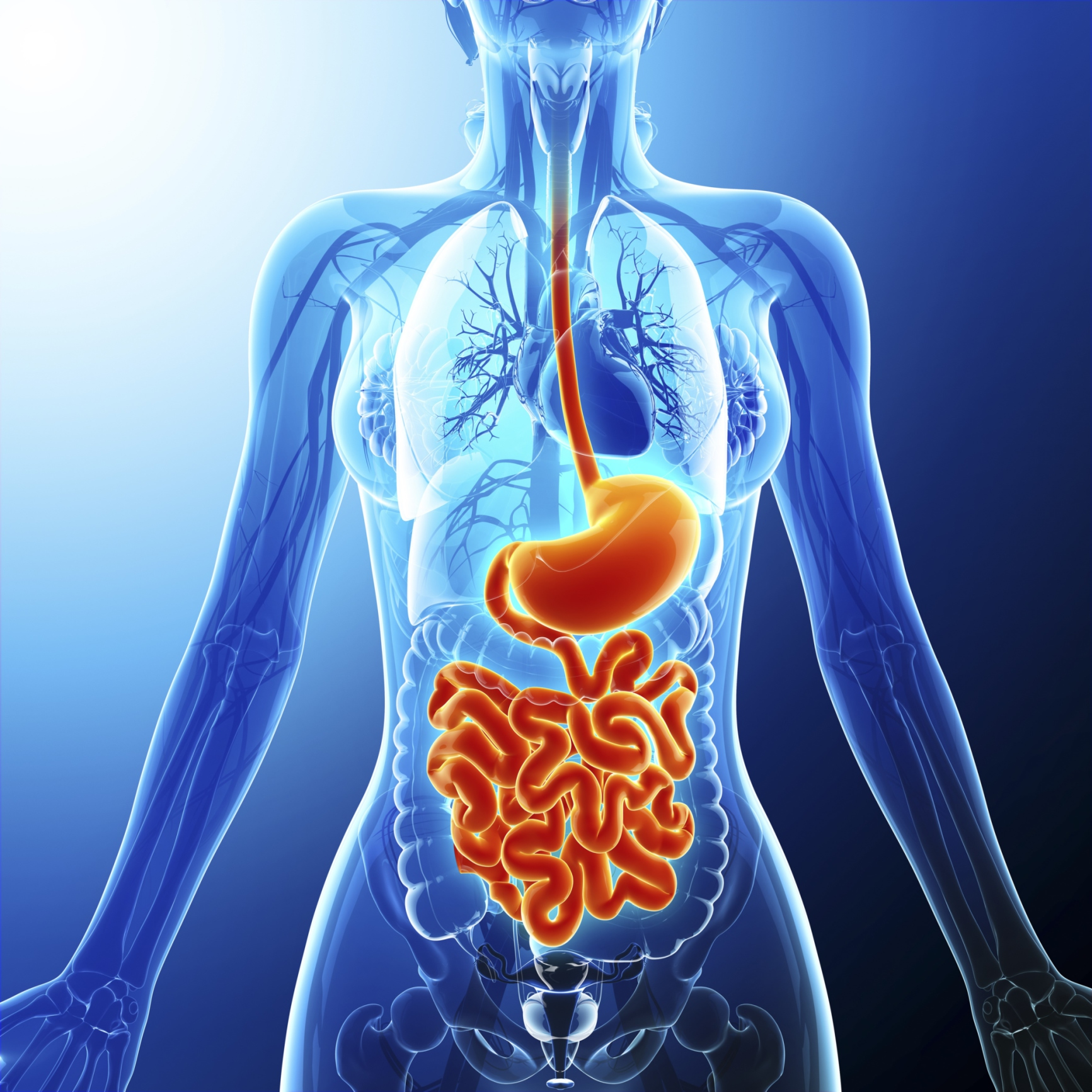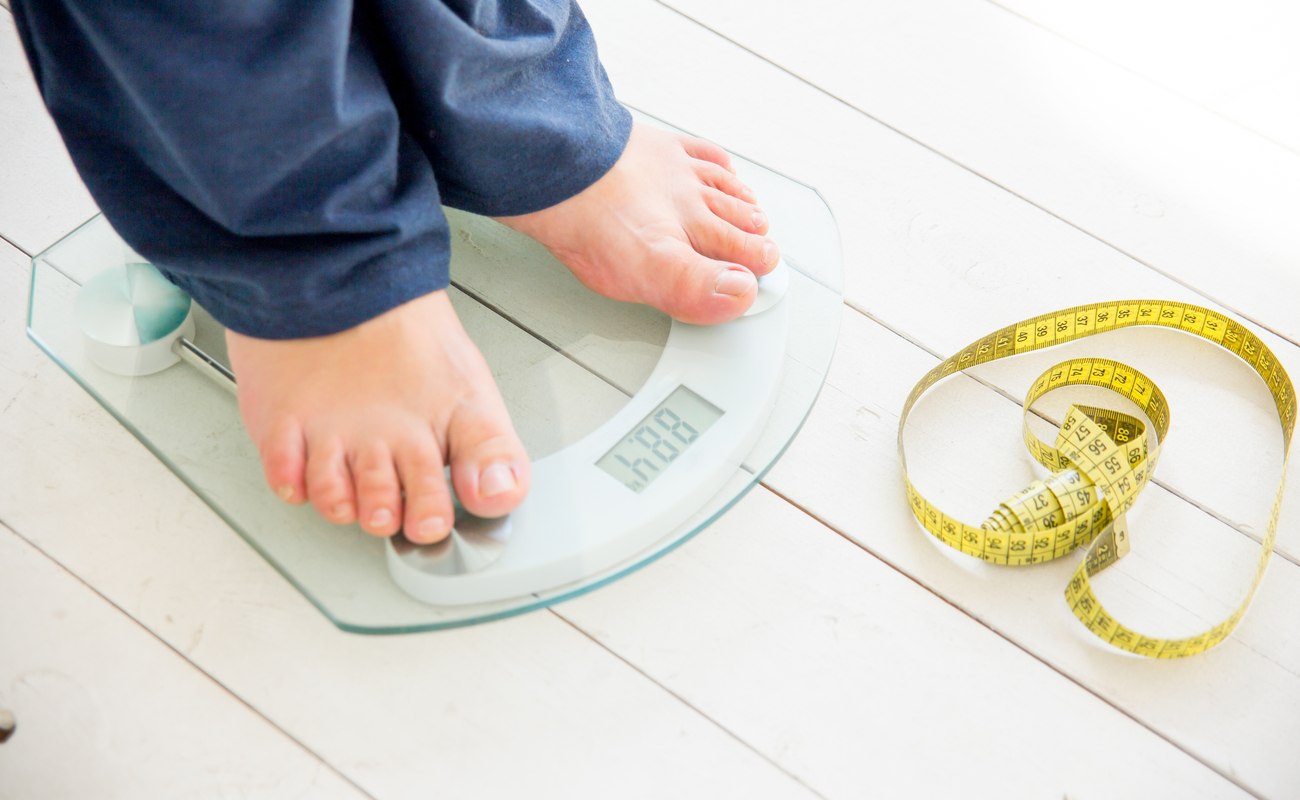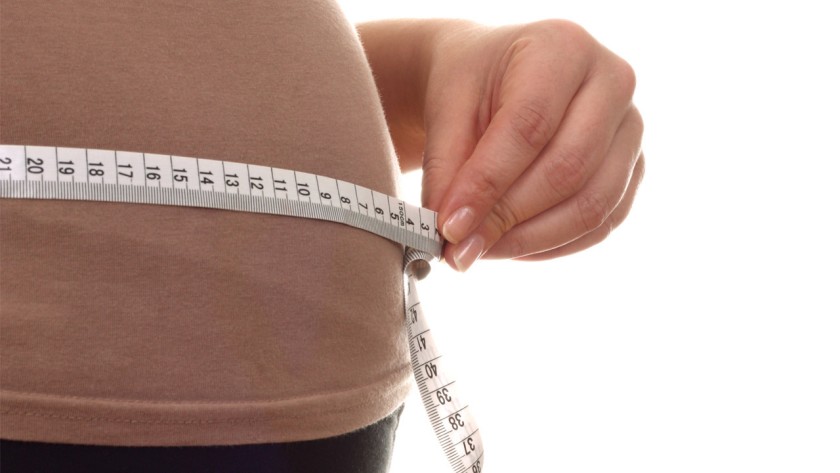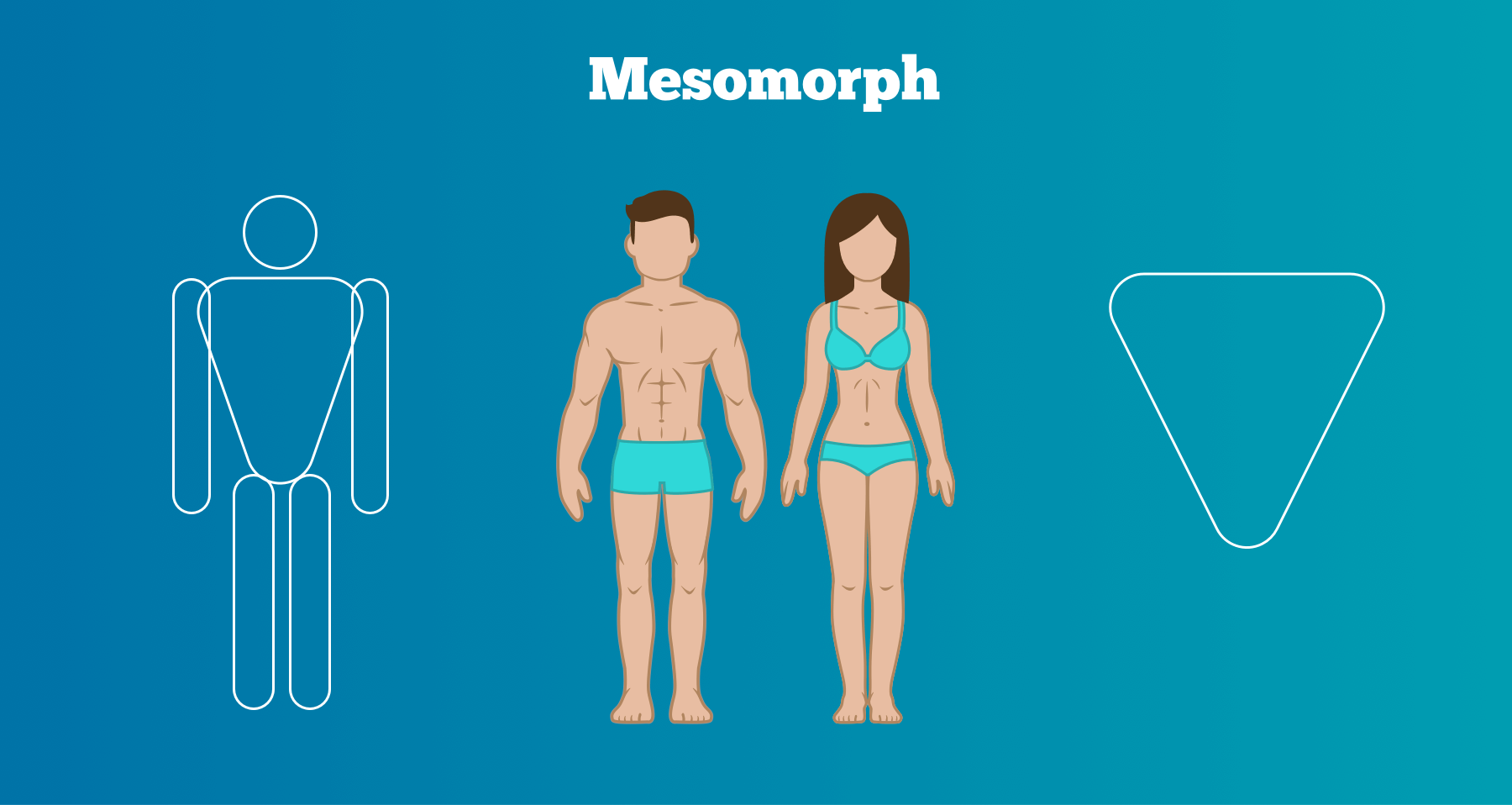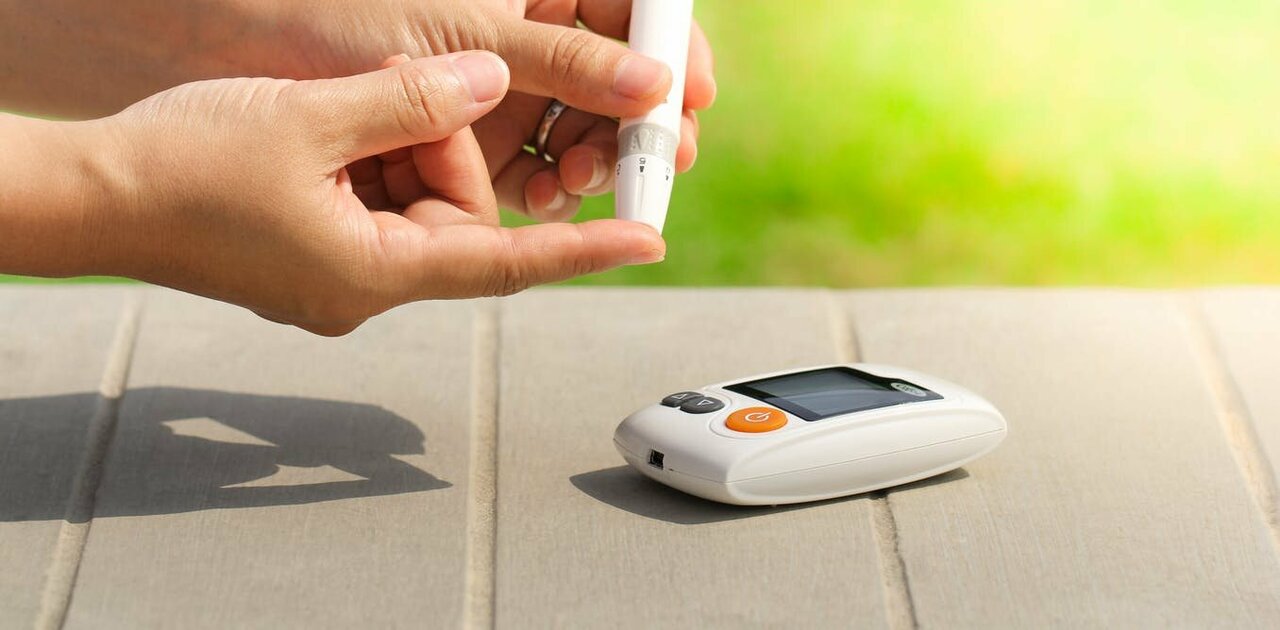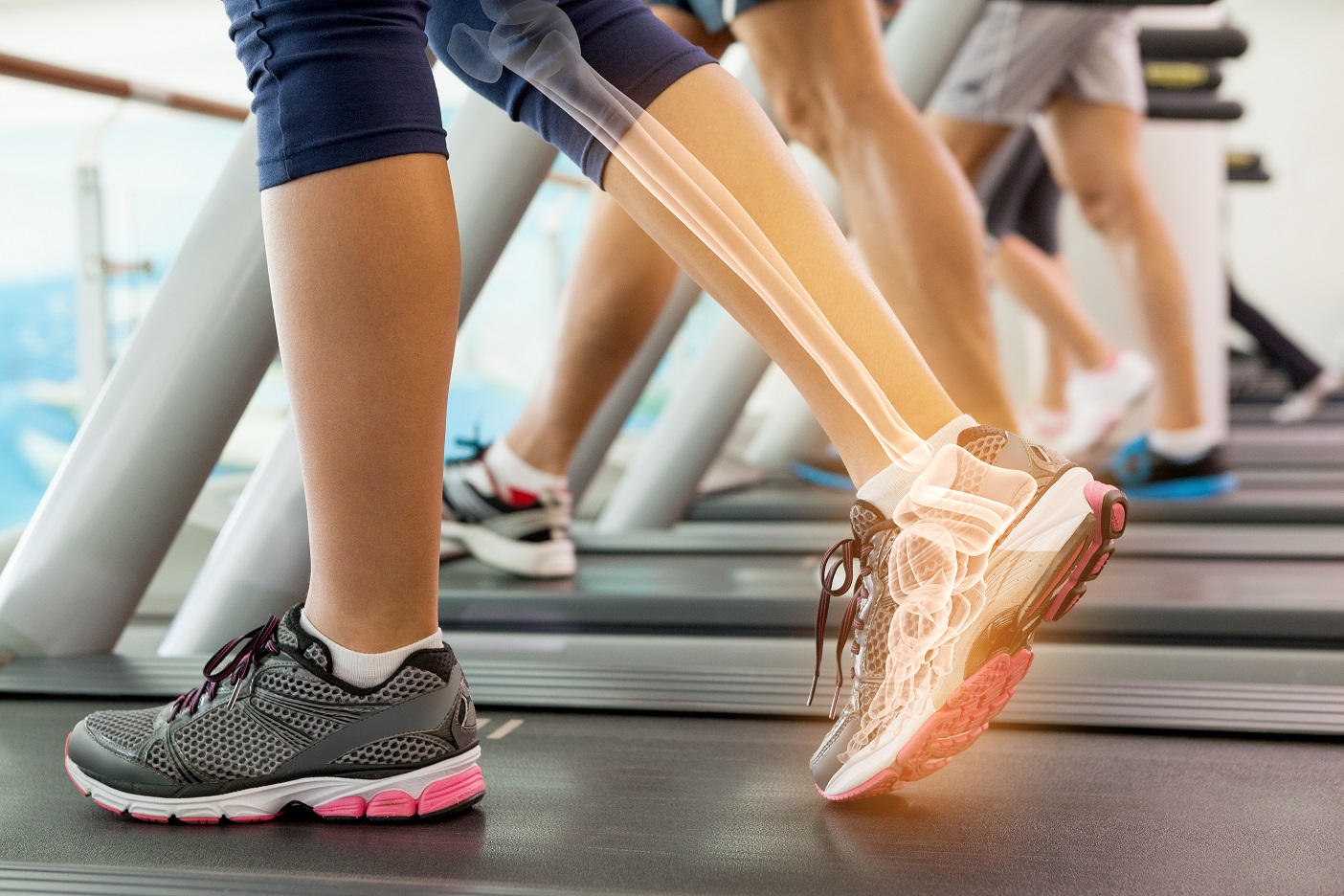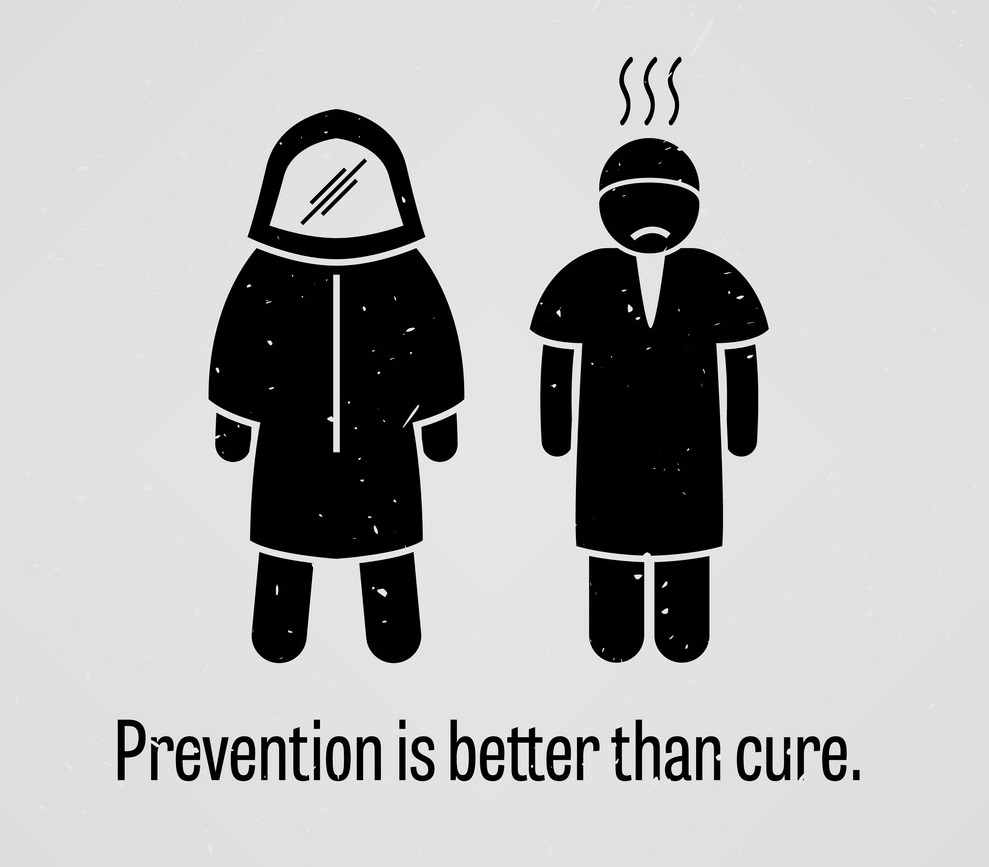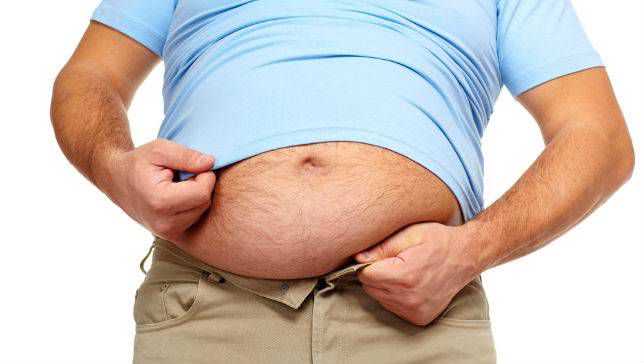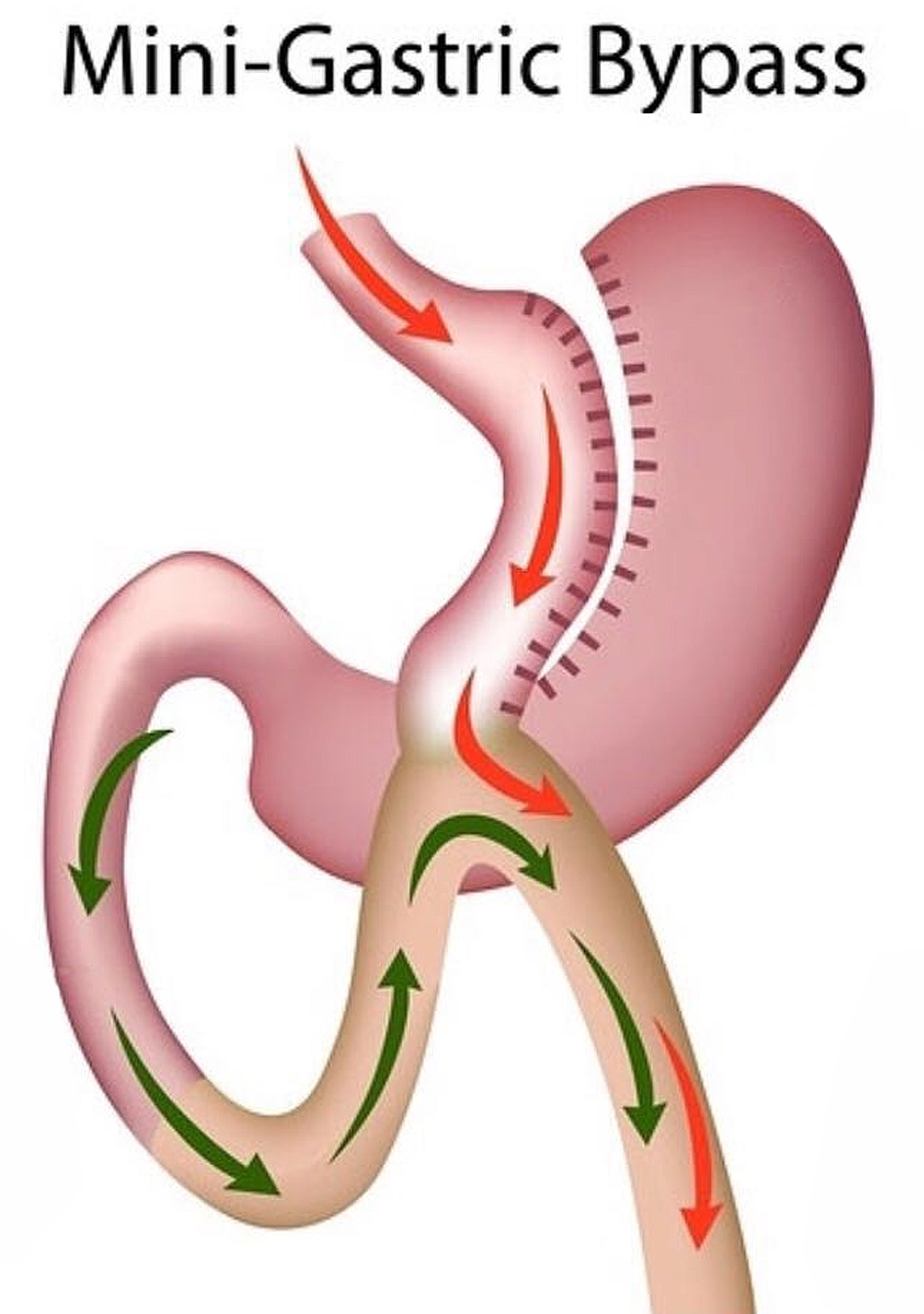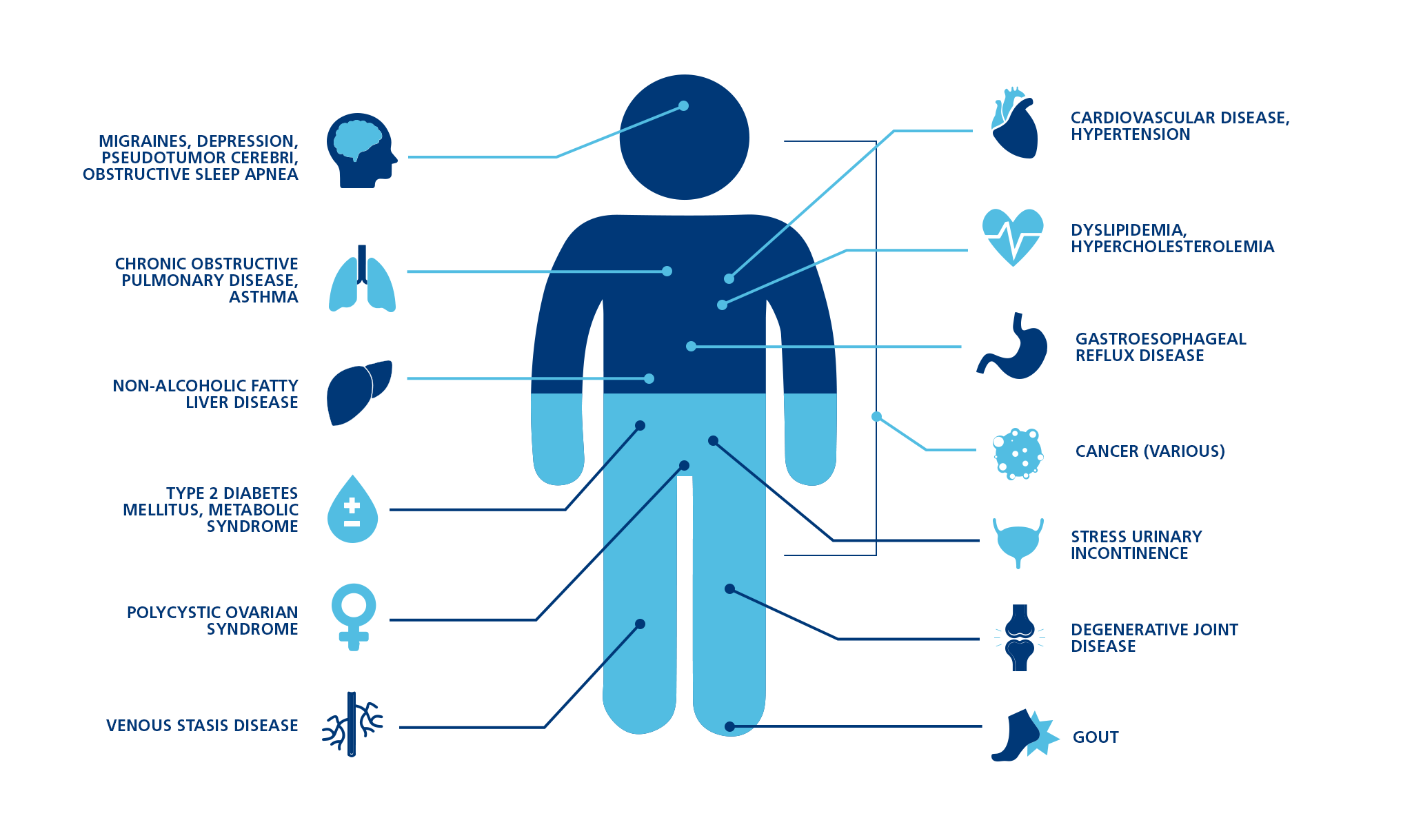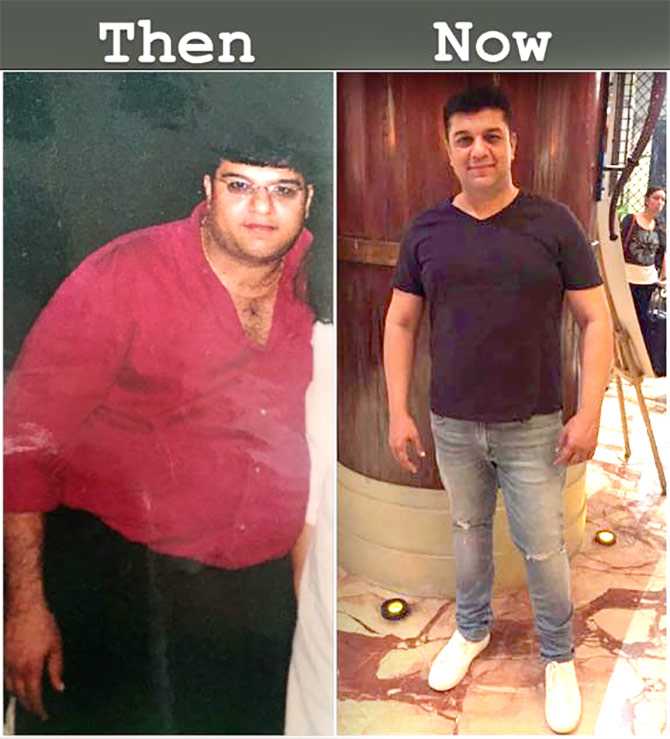Reflux / GERD
GERD Treatment: Medical & Laparoscopic Surgery
If you are suffering from symptoms of GERD, your doctor may recommend that you make lifestyle changes and take medicines to manage those symptoms or in some cases, they may also recommend surgery.
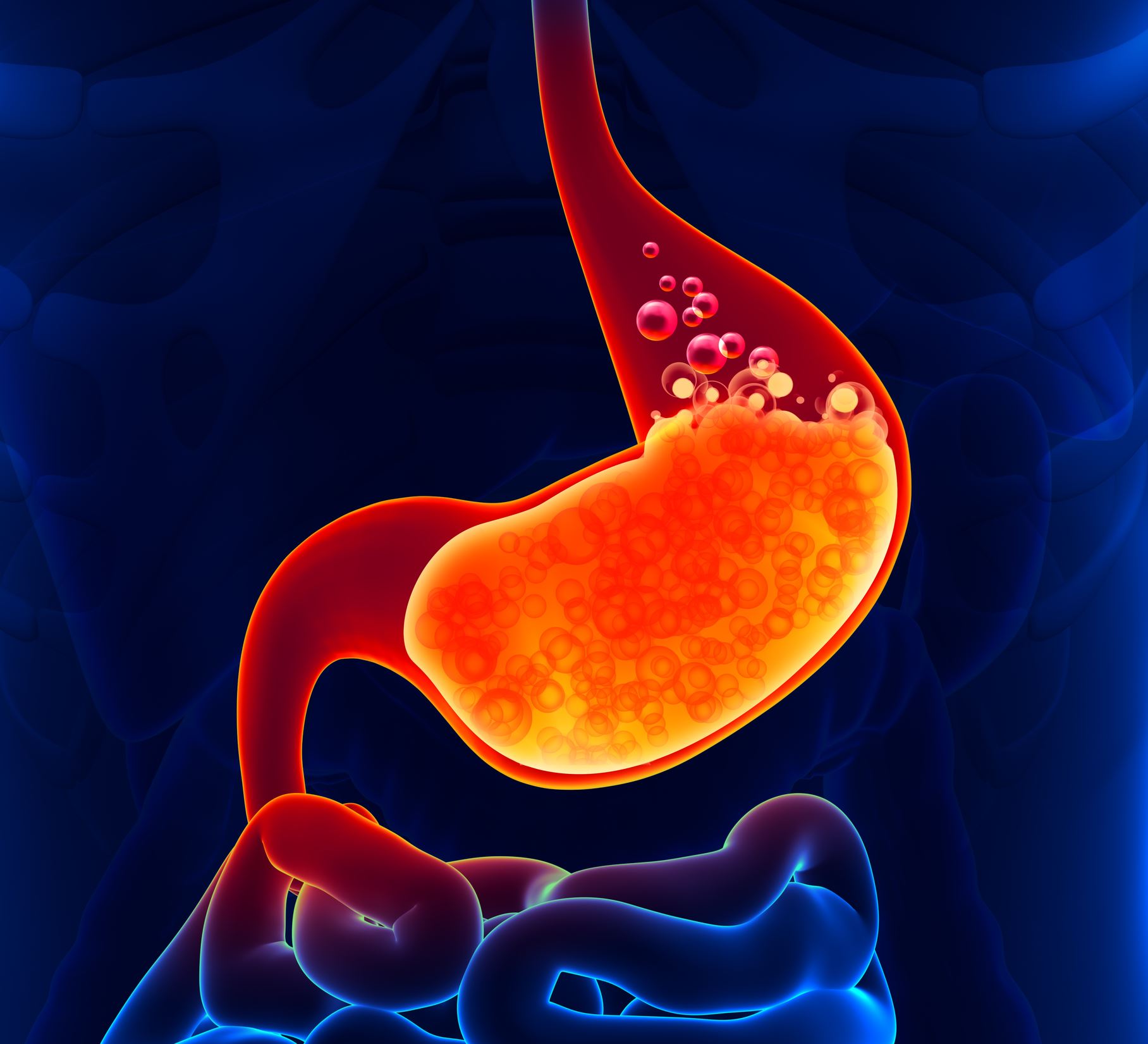
Gastroesophageal Reflux Disease (GERD) Treatment
There are four approaches for gastroesophageal reflux disease (GERD) treatment, including medication and surgery. Often, patients respond well to a combination of lifestyle changes and a medication regimen.
Some patients do not find satisfactory relief from those methods and require surgical intervention. Other patients may choose surgery as an alternative to a lifetime of taking medication.
Treatment Approaches for GERD
- Lifestyle and dietary changes
- Medication
- Endoscopic therapy
- Surgery
GERD Treatment: Lifestyle and Dietary Changes
Dietary and lifestyle changes are the first step in treating GERD. Certain foods make the reflux worse. Suggestions to help alleviate symptoms include:
- Lose weight if you are overweight- of all of the lifestyle changes you can make, this one is the most effective.
- Avoid foods that increase the level of acid in your stomach, including caffeinated beverages.
- Avoid foods that decrease the pressure in the lower esophagus, such as fatty foods, alcohol and peppermint.
- Avoid foods that affect peristalsis (the muscle movements in your digestive tract), such as coffee, alcohol and acidic liquids.
- Avoid foods that slow gastric emptying, including fatty foods.
- Avoid large meals.
- Quit smoking.
- Do not lie down immediately after a meal.
- Elevate the level of your head when you lie down.
GERD Treatment: Medication
If lifestyle and dietary changes do not work, your doctor may prescribe certain medications. There are two categories of medicines for reflux. One decreases the level of acid in your stomach, and one increases the level of motility (movement) in the upper gastrointestinal tract.
Antacids
Over-the-counter antacids are best for intermittent and relatively infrequent symptoms of reflux. When taken frequently, antacids may worsen the problem. They leave the stomach quickly, and your stomach actually increases acid production as a result.
Histamine blockers
Histamine 2 (H2) blockers are drugs that help lower acid secretion. H2 blockers heal esophageal erosions in about 50 percent of patients.
Proton pump inhibitors
Proton pump inhibitors (PPIs) are drugs that block the three major pathways for acid production. PPIs suppress acid production much more effectively than H2 blockers. PPIs heal erosive esophagitis in many patients, even those with severe esophageal damage.
Prokinetic agents
Prokinetic agents are drugs that enhance the activity of the smooth muscle of your gastrointestinal tract. These drugs are somewhat less effective than PPIs. Your doctor may prescribe them in combination with an acid-suppressing drug.
TIF and Other Endoscopic Therapy
Transoral incisionless fundoplication (TIF) is an option to address GERD. TIF can mean a shorter treatment time, less pain and faster recovery compared to laparoscopic surgery. The procedure involves using a special TIF device to create a passageway for a flexible, tube-like imaging instrument called an endoscope. The procedure allows the physician to use preloaded tweezers and fasteners to repair or recreate the valve that serves as a natural barrier to reflux.
Currently, there are clinical trials testing the efficacy of endoscopic therapy for GERD. One form of therapy uses an endoscopic sewing machine to place sutures in the stomach and increase the anti-reflux barrier.
Surgery for GERD
If your symptoms did not improve with lifestyle changes or drug therapy, you may be a candidate for surgery. Some patients prefer a surgical approach as an alternative to a lifetime of taking medications. The goal of surgery for reflux disease is to strengthen the anti-reflux barrier.
Surgery now a day used to treat GERD is known as Laparoscopic anti-reflux surgery (medically called as Laparoscopic Nissen Fundoplication). This surgery involves reinforcing the valve between the esophagus and the stomach by wrapping the upper portion of the stomach around the lowest portion of the esophagus.
In a laparoscopic procedure, surgeons use small incisions to enter the abdomen through cannulas (narrow tube-like instruments). The laparoscope, which is connected to a tiny video camera, is inserted through the small incision, giving the surgeon a magnified view of the patients internal organs on a television screen.
The entire operation is performed inside after the abdomen is expanded by inflating gas into it.
Know more about GERD treatment/ surgery.

